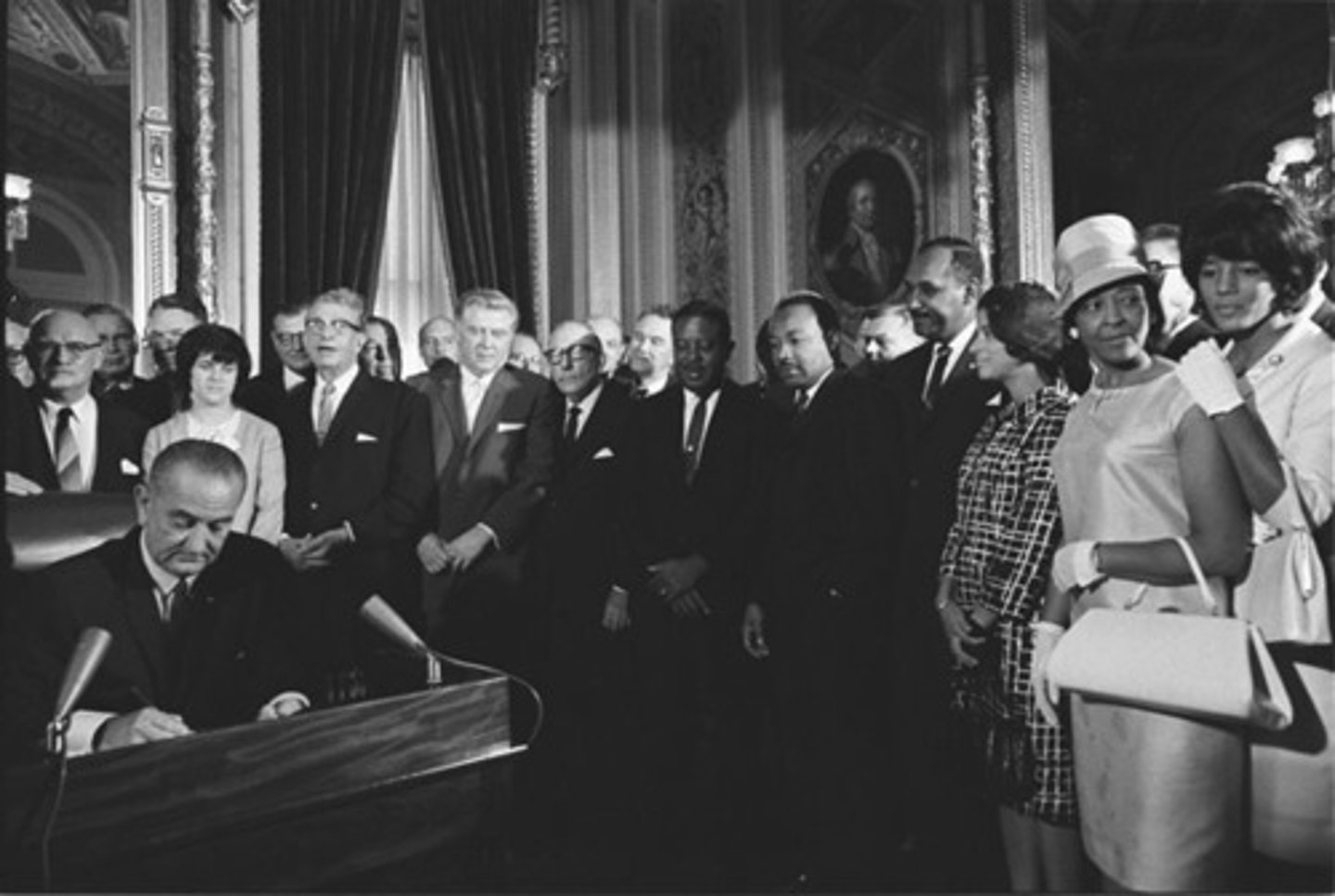US History EOC Florida 2024 (2)
1/99
There's no tags or description
Looks like no tags are added yet.
Name | Mastery | Learn | Test | Matching | Spaced | Call with Kai |
|---|
No analytics yet
Send a link to your students to track their progress
100 Terms
Palmer Raids
A 1920 operation coordinated by Attorney General Mitchel Palmer in which federal marshals raided the homes of suspected radicals and the headquarters of radical organization in 32 cities.
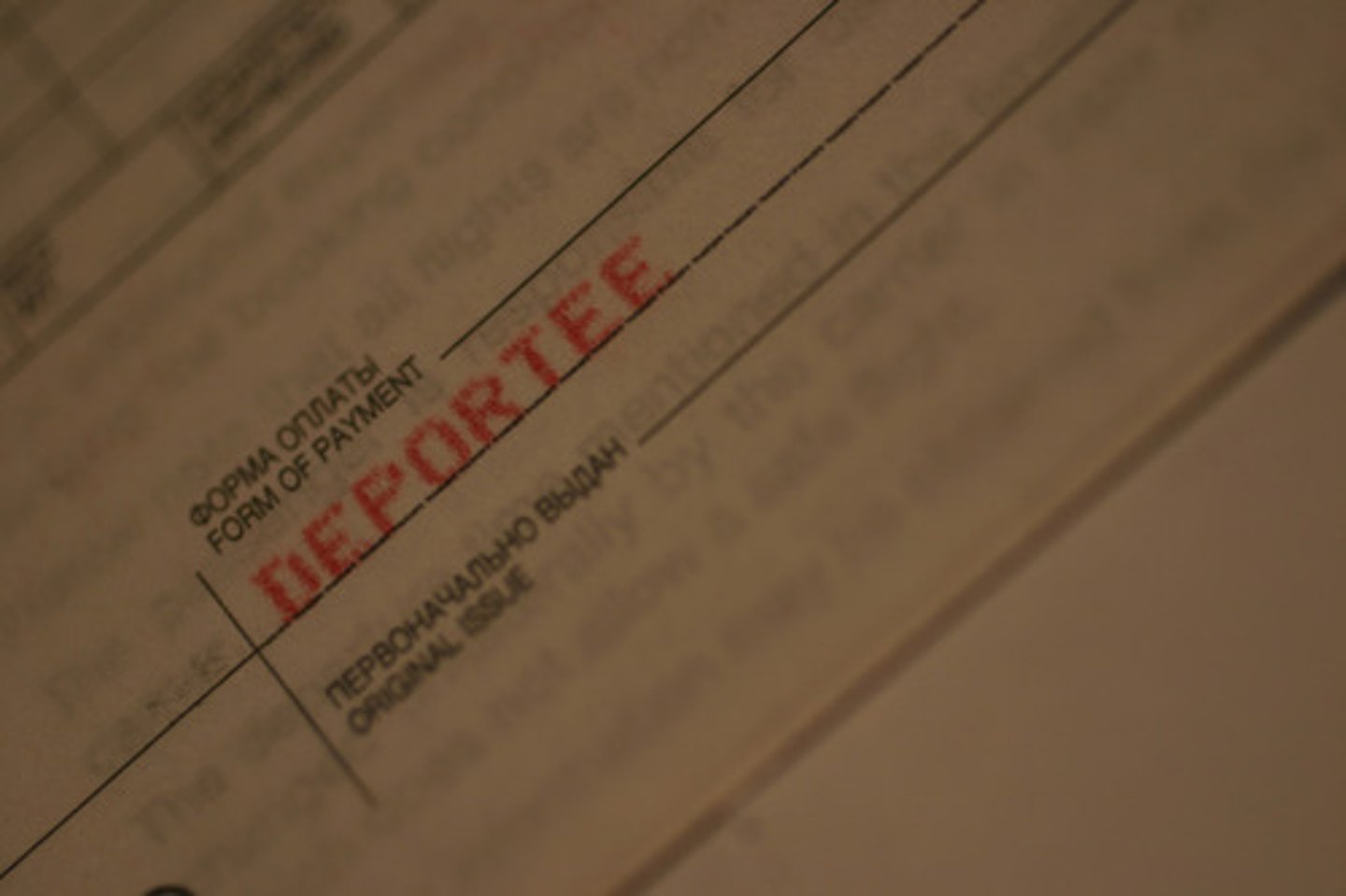
Social Darwinism
19th century of belief that evolutionary ideas theorized by Charles Darwin could be applied to society.
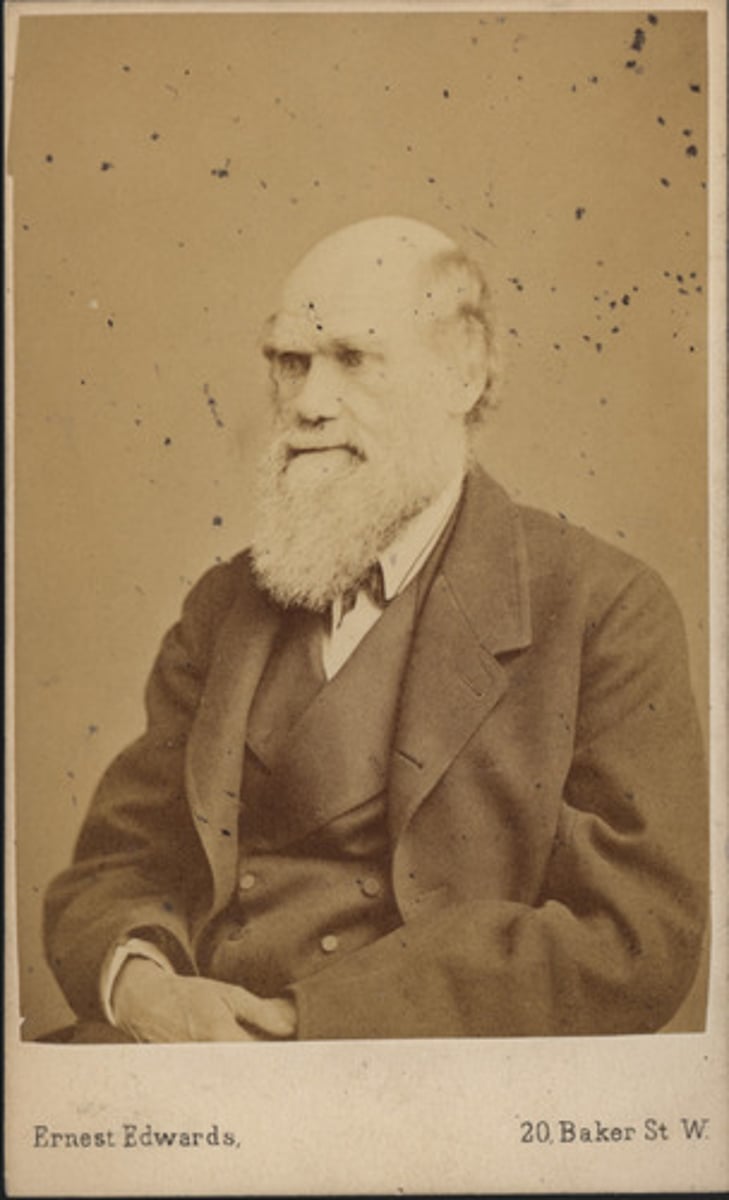
Eugenics
Emphasized that human inequalities were inherited and warned against breeding the "inferior"
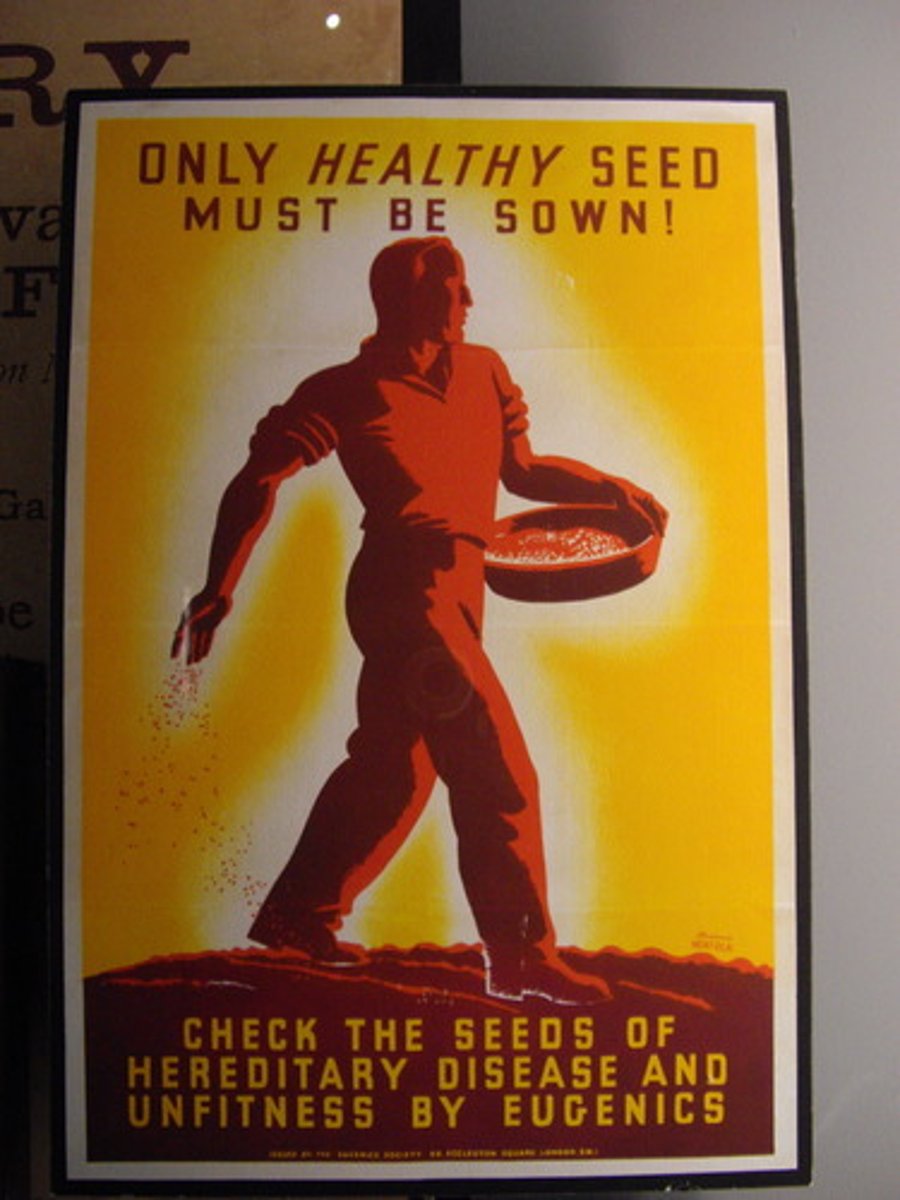
Race Riots
Migration of African Americans to Northern cities increased racial tensions, which led to violence in many cities. Conditions were no better in the South than in the North.
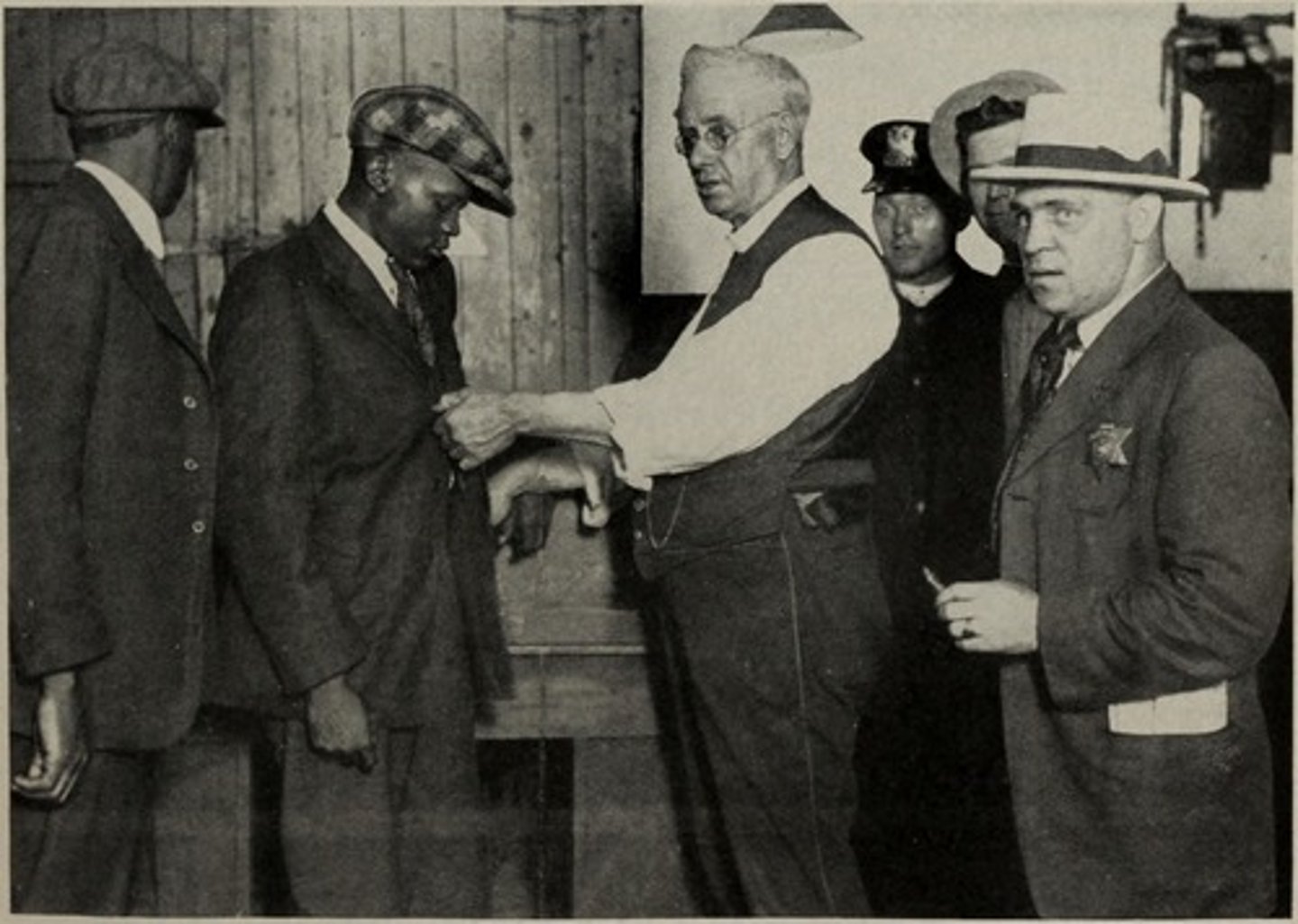
KKK
Stands for Ku Klux Klan and started right after the Civil War in 1866. Revived in the 1920s
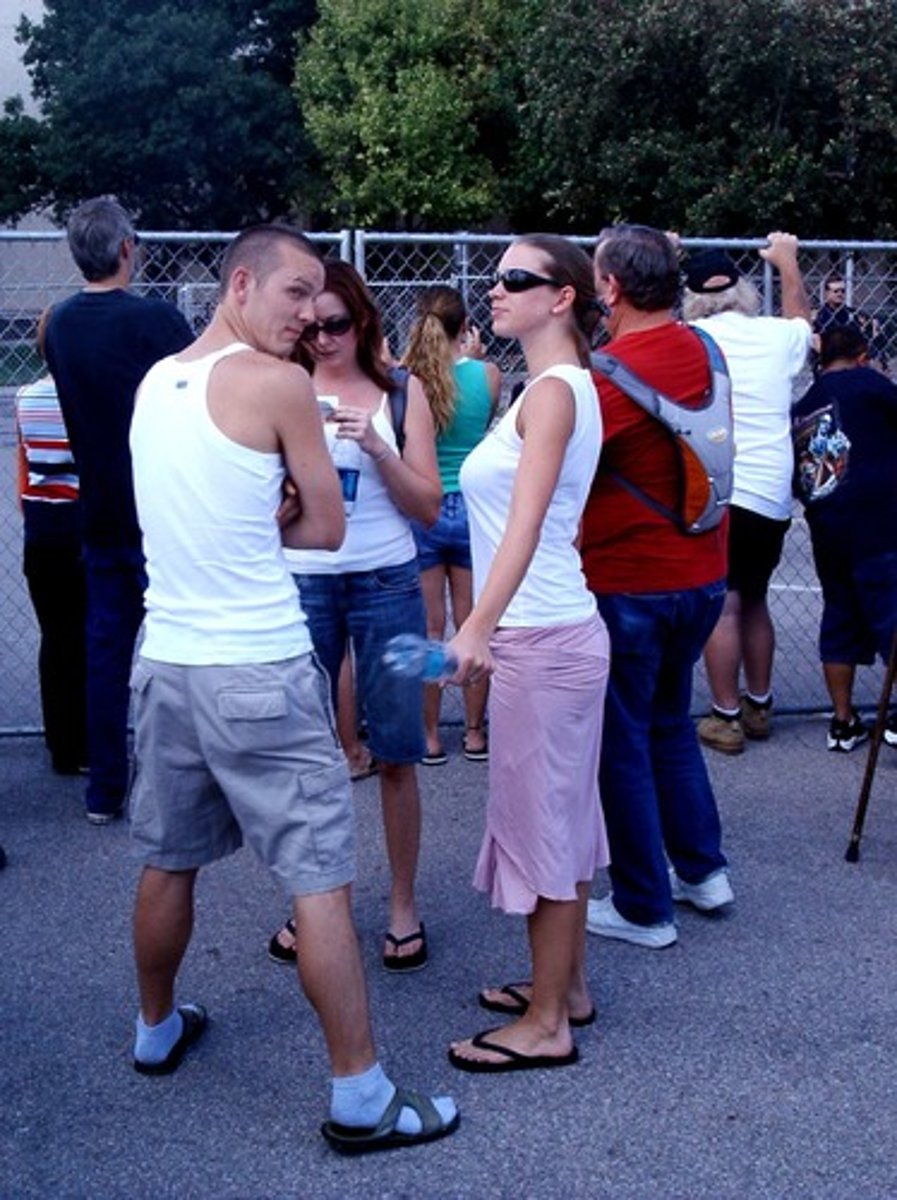
Marcus Garvey
African American leader during the 1920s who founded the Universal Negro Improvement Association and advocated mass migration of African Americans back to Africa
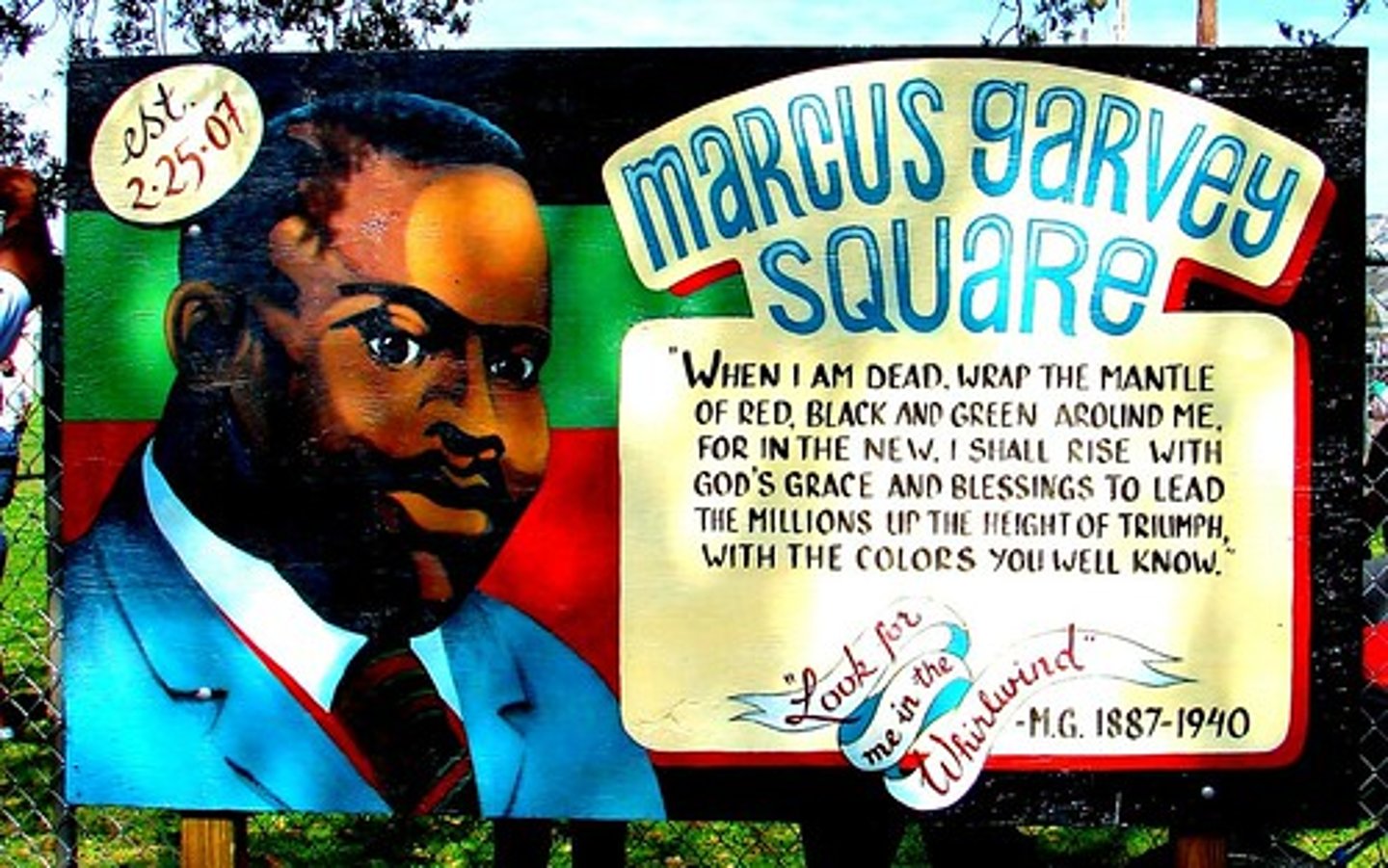
American Indian Citizenship Act
law granted immediate U.S. citizenship to all Native American Indians born in the United States.
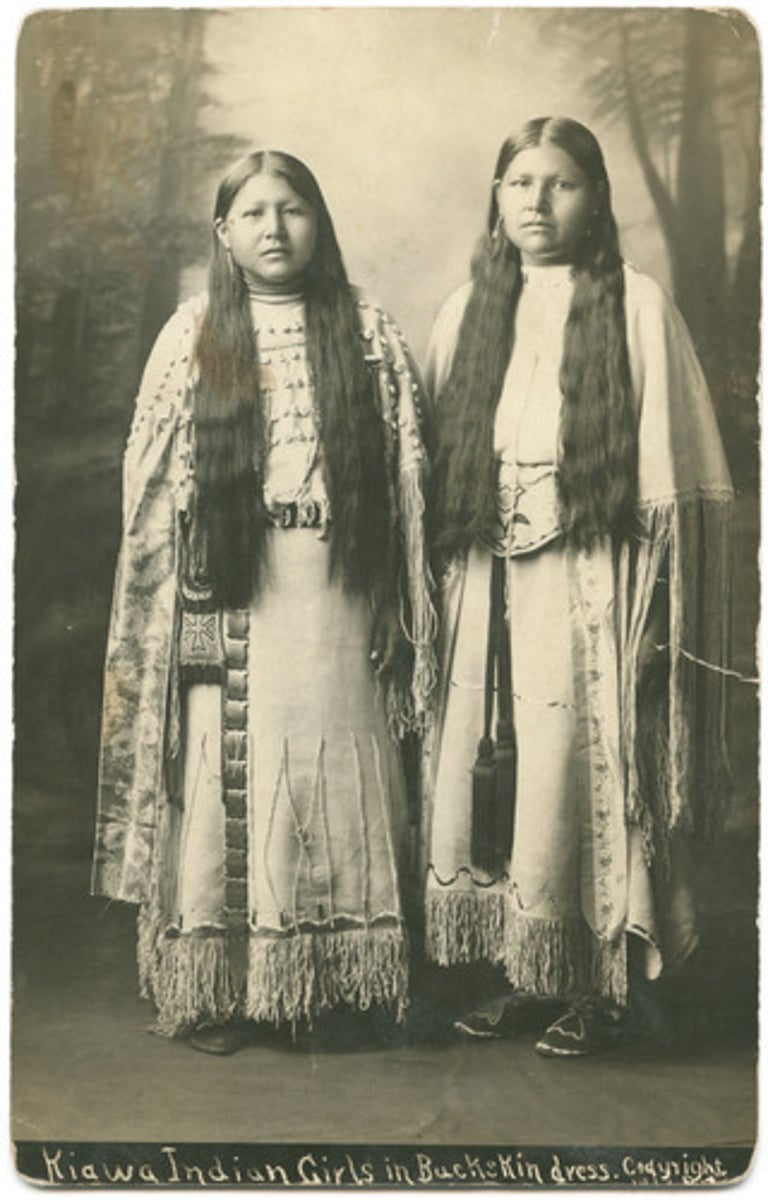
Roaring Twenties
Nickname for the 1920s becasue of the booming economy and fast pace of life during that era
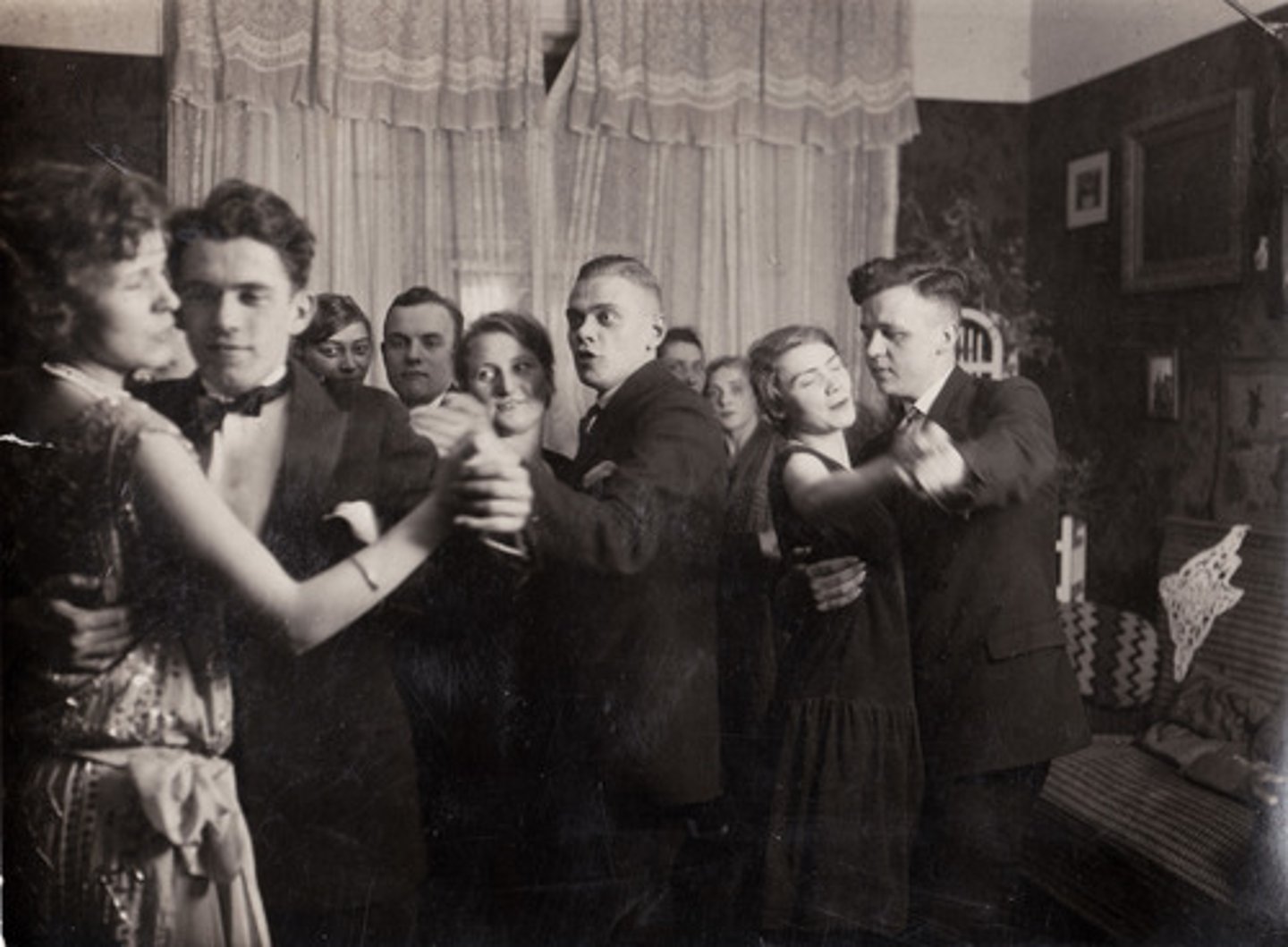
Return to Normalcy
After World War I 1919-20s, when Harding was President, the US and Britain returned to isolationism. The US economy "boomed"; but Europe continued to struggle. It was the calm before the bigger storm hit: World War II
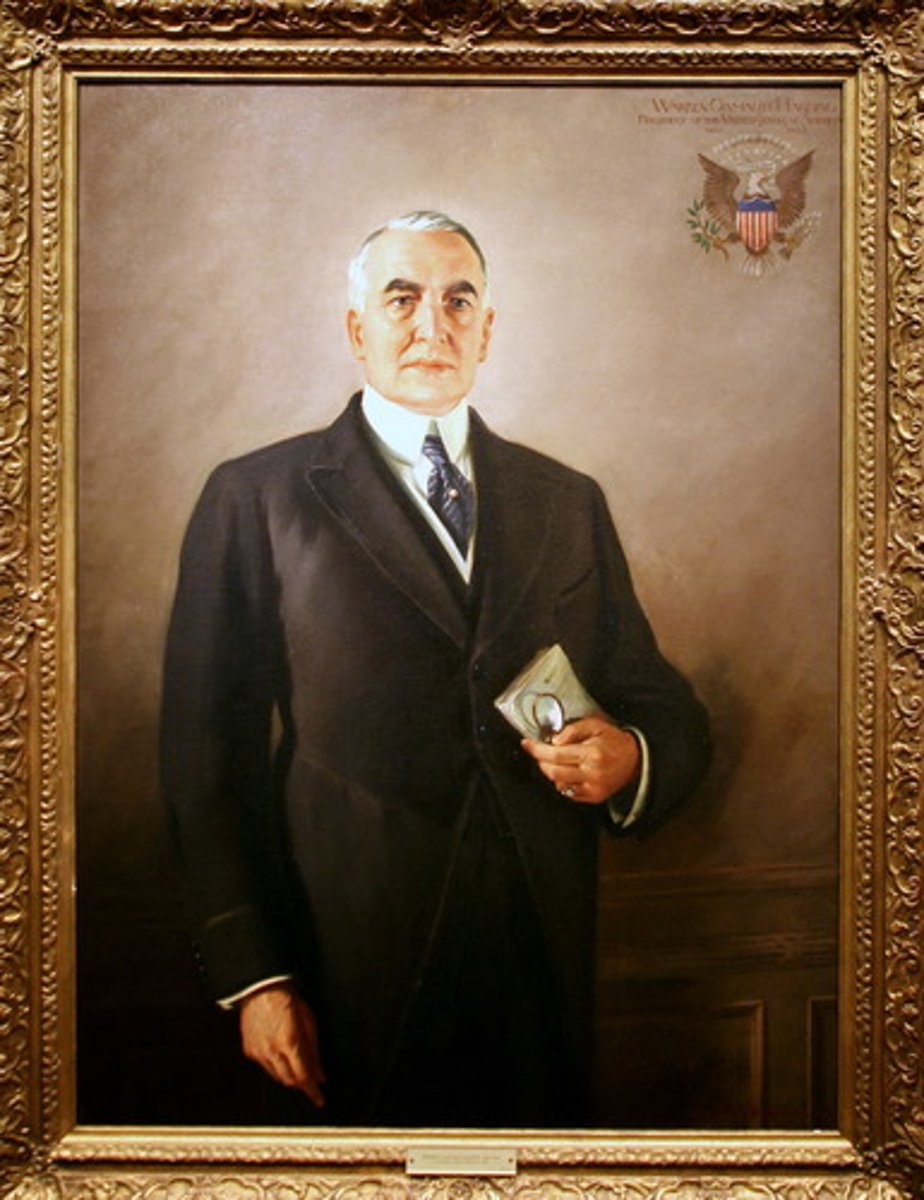
Henry Ford
American businessman, founder of Ford Motor Company, father of modern assembly lines, and inventor credited with 161 patents.

Assembly Line
In a factory, an arrangement where a product is moved from worker to worker, with each person performing a single task in the making of the product.
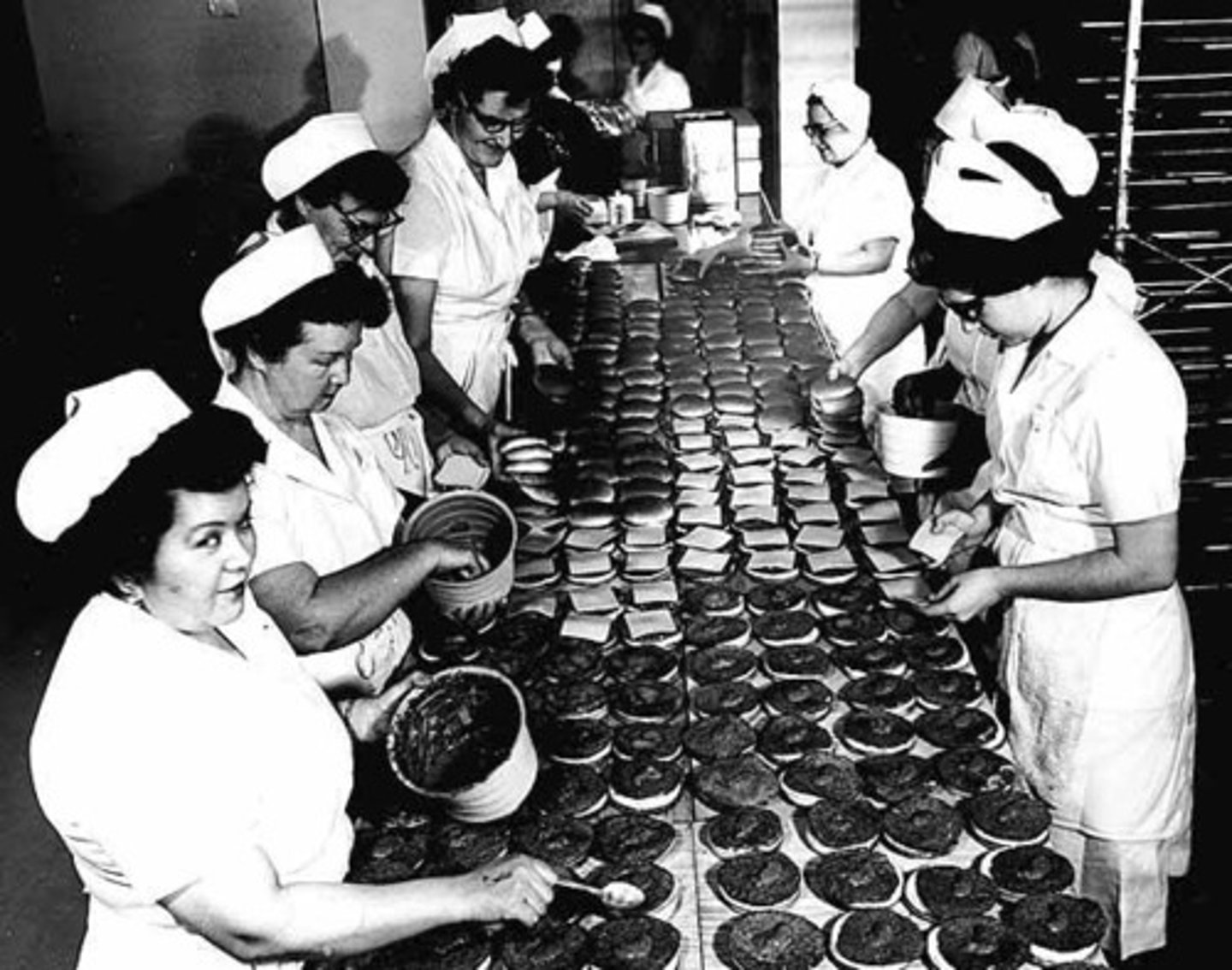
Consumer Credit
a type of credit granted by retailers that is used by individuals or families for satisfaction of their own wants
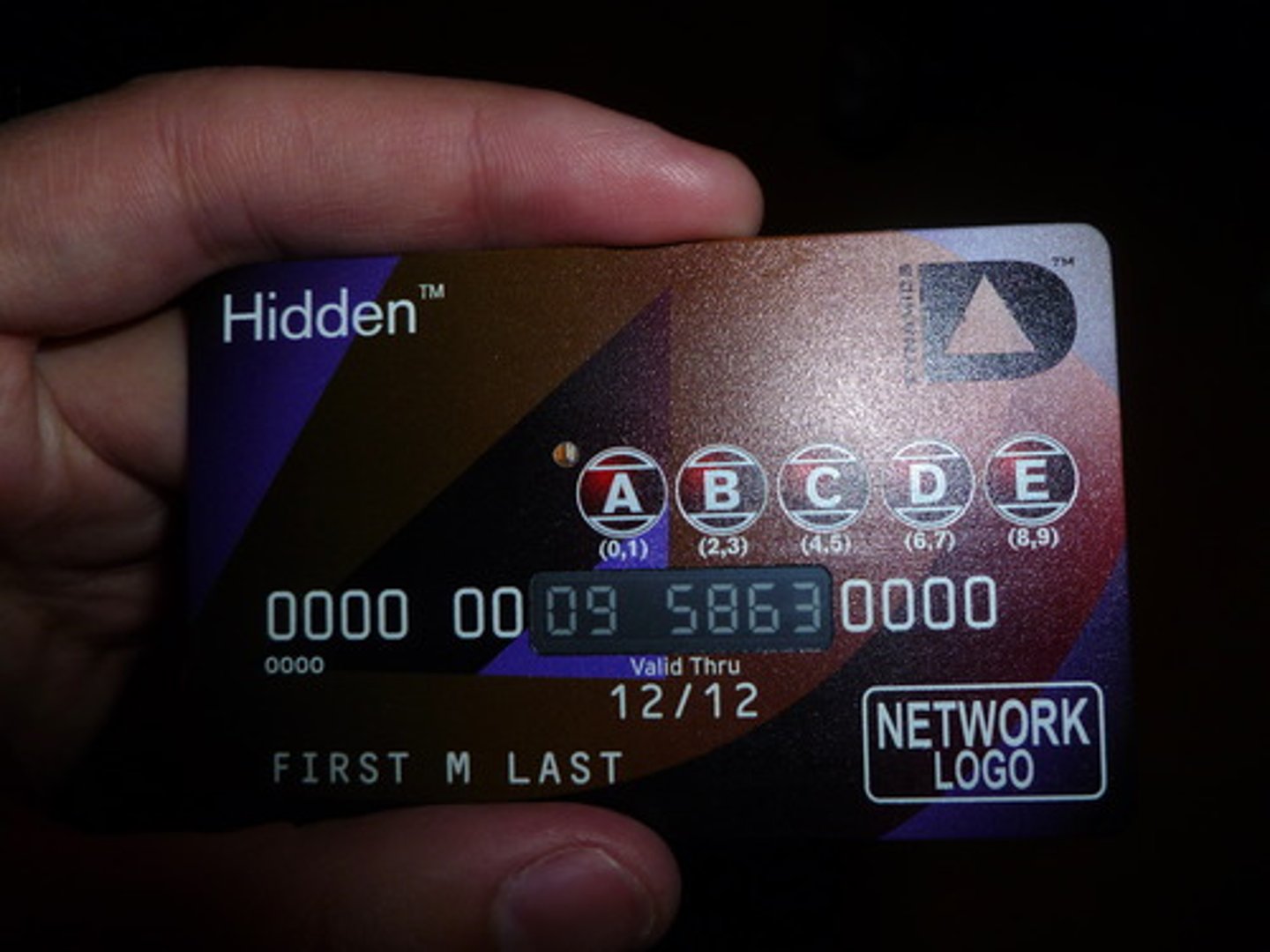
Jazz
A style of dance music popular in the 1920s

Harlem Renaissance
A period in the 1920s when African-American achievements in art and music and literature flourished
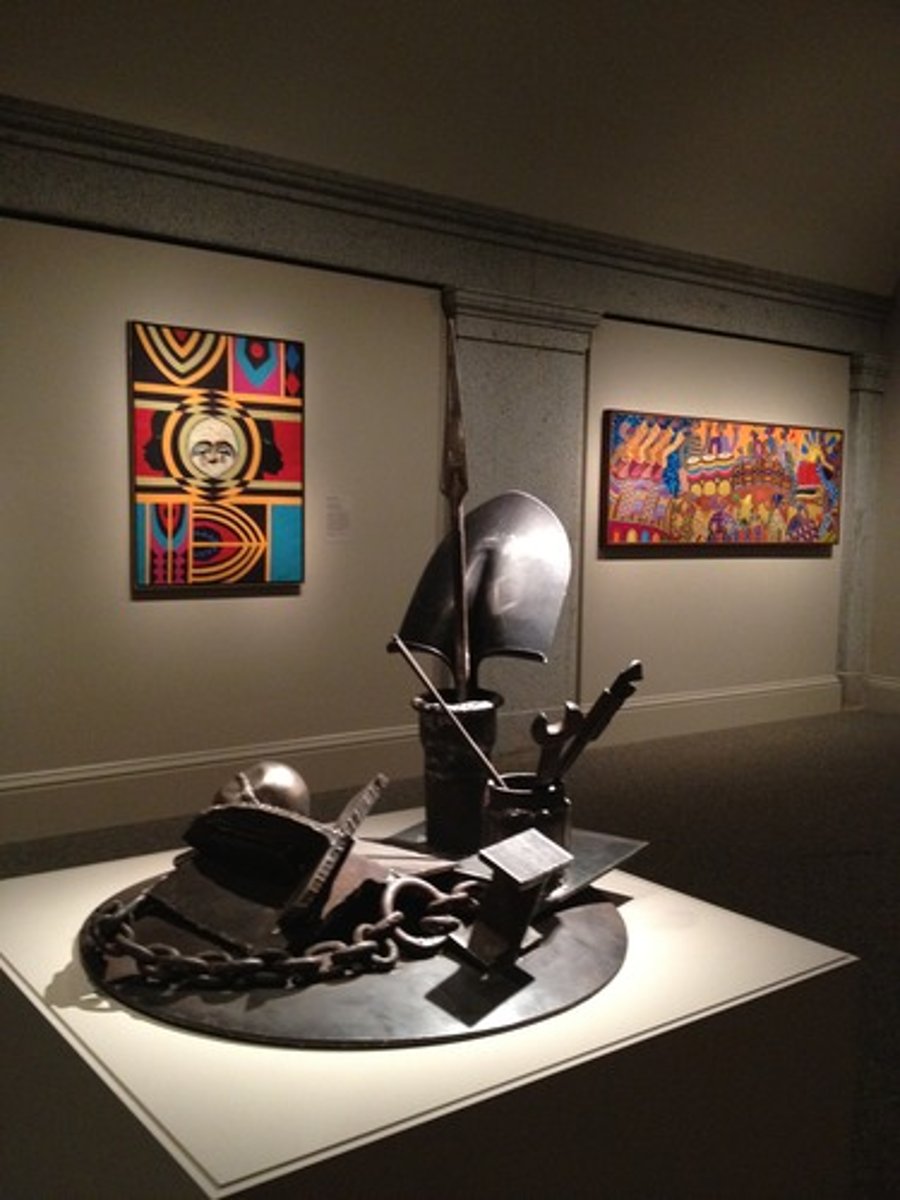
Prohibition
the period from 1920 to 1933 when the sale of alcoholic beverages was prohibited in the United States by a constitutional amendment
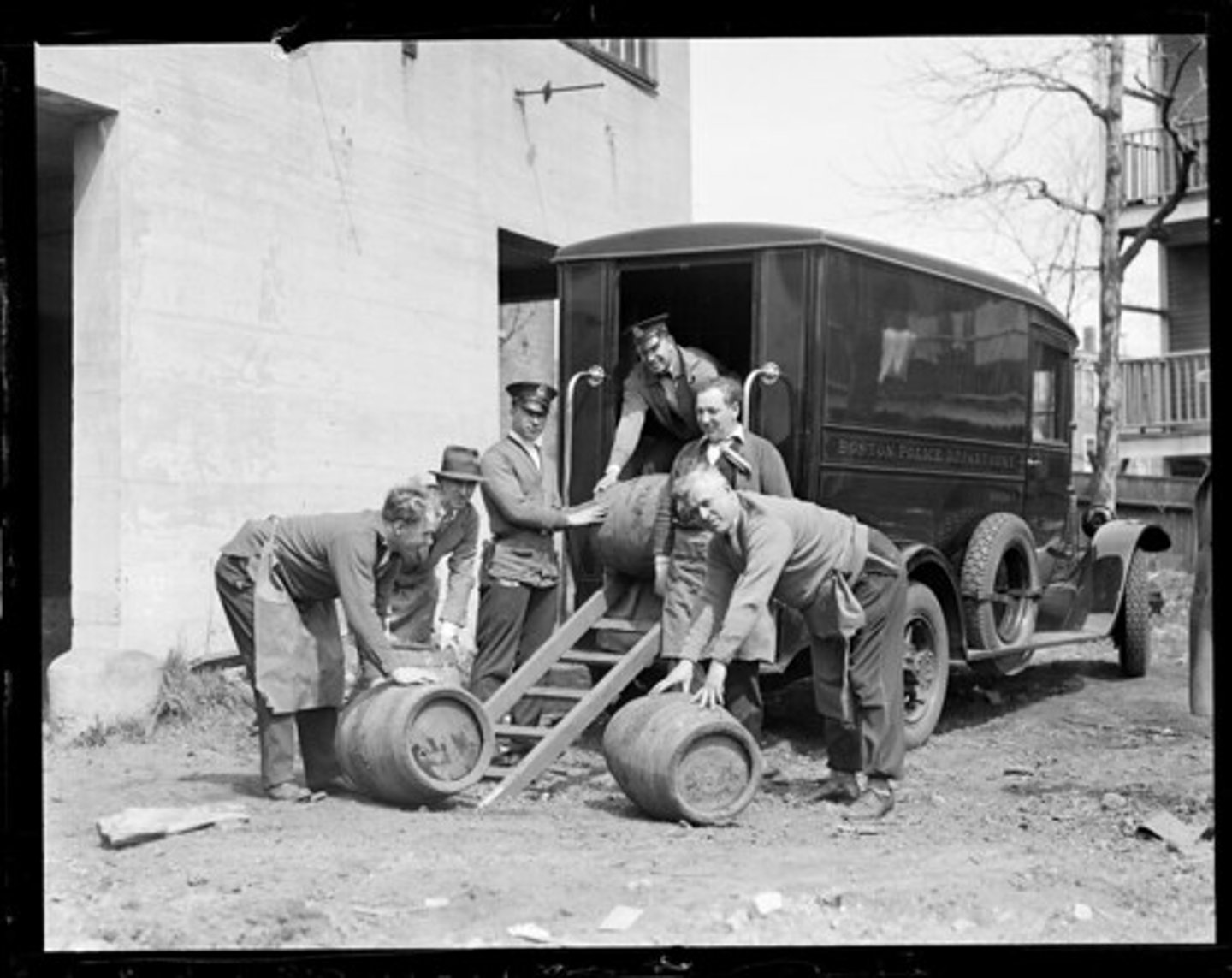
Flapper
carefree young women with short, "bobbed" hair, heavy makeup, and short skirts. The flapper symbolized the new
"liberated" woman of the 1920s.

The Great Gatsby
A novel depicting the picturesque idea of the self made American man and entrepreneur who rose from obscurity. was written by F. Scott Fitzgerald.

Scopes Monkey Trial
1925, the trial that pitted the teaching of Darwin's theory of evolution against teaching Bible creationism
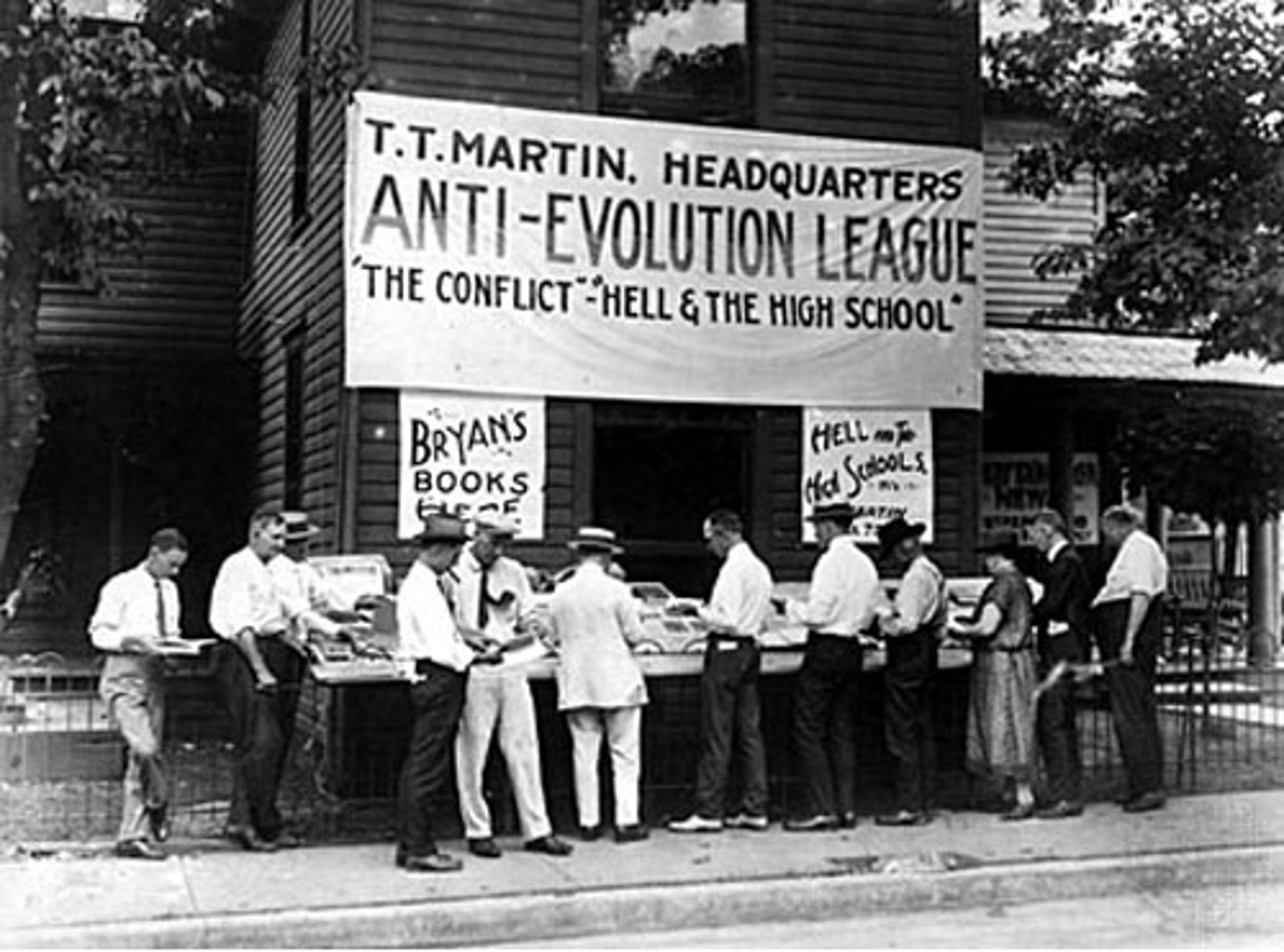
Clarence Darrow
A famed criminal defense lawyer for Scopes, who supported evolution. He caused William Jennings Bryan to appear foolish when Darrow questioned Bryan about the Bible.
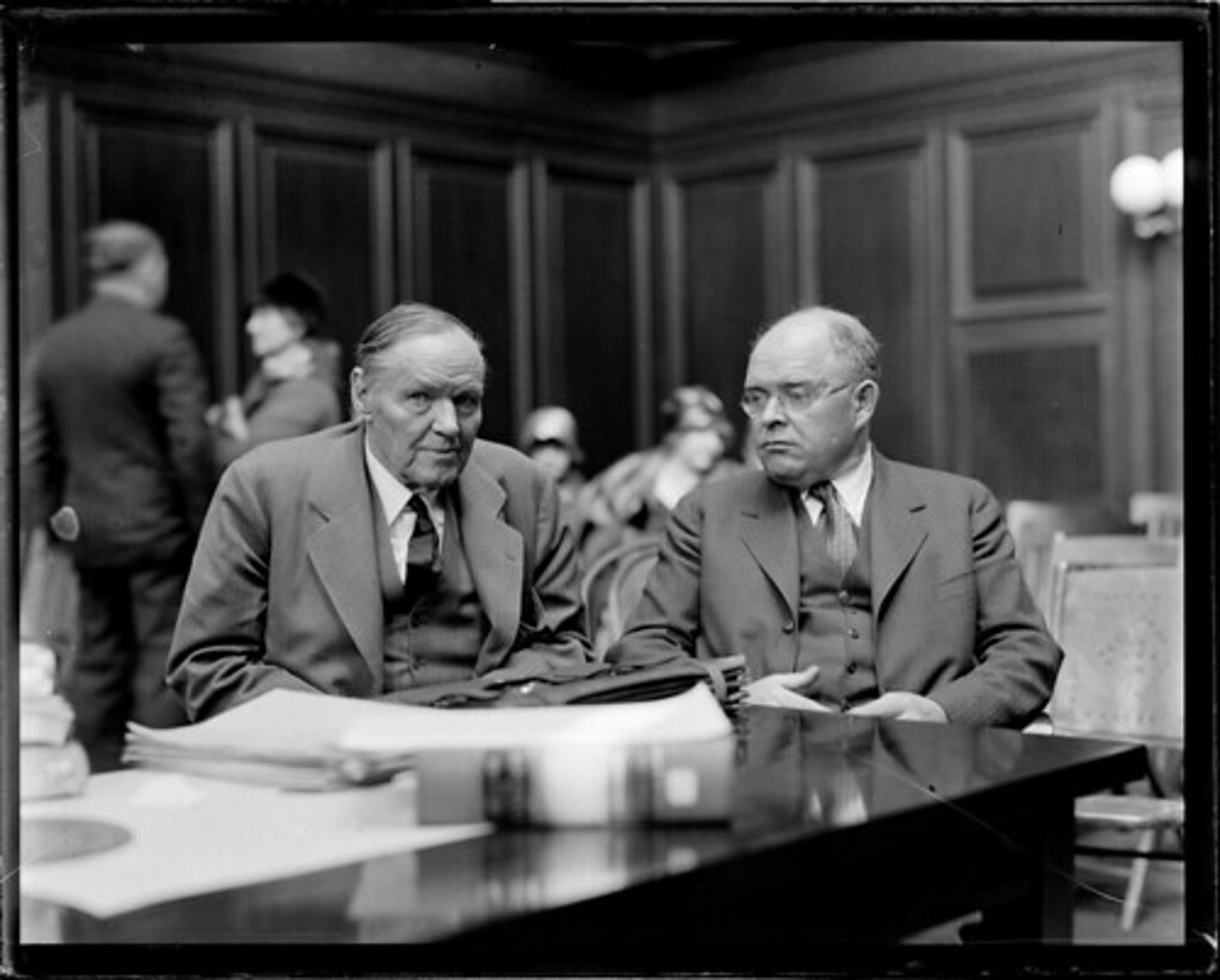
Tin Pan Alley
is the name given to the collection of New York City-centered music publishers and songwriters who dominated the popular music of the United States in the late 1800's and early 1900's.
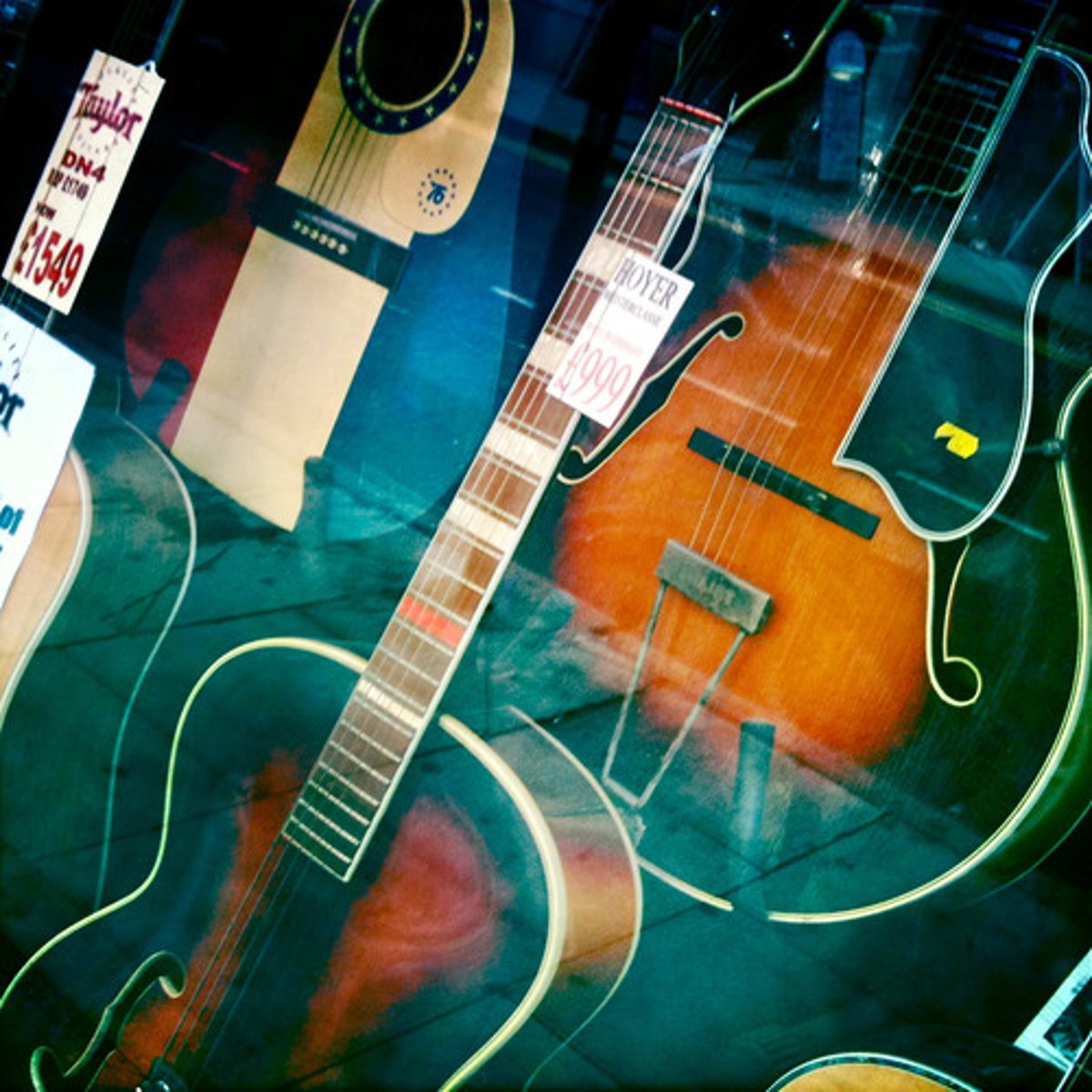
Charles Lindbergh
completed the first non- stop solo flight across the Atlantic Ocean, traveling from New York to Paris
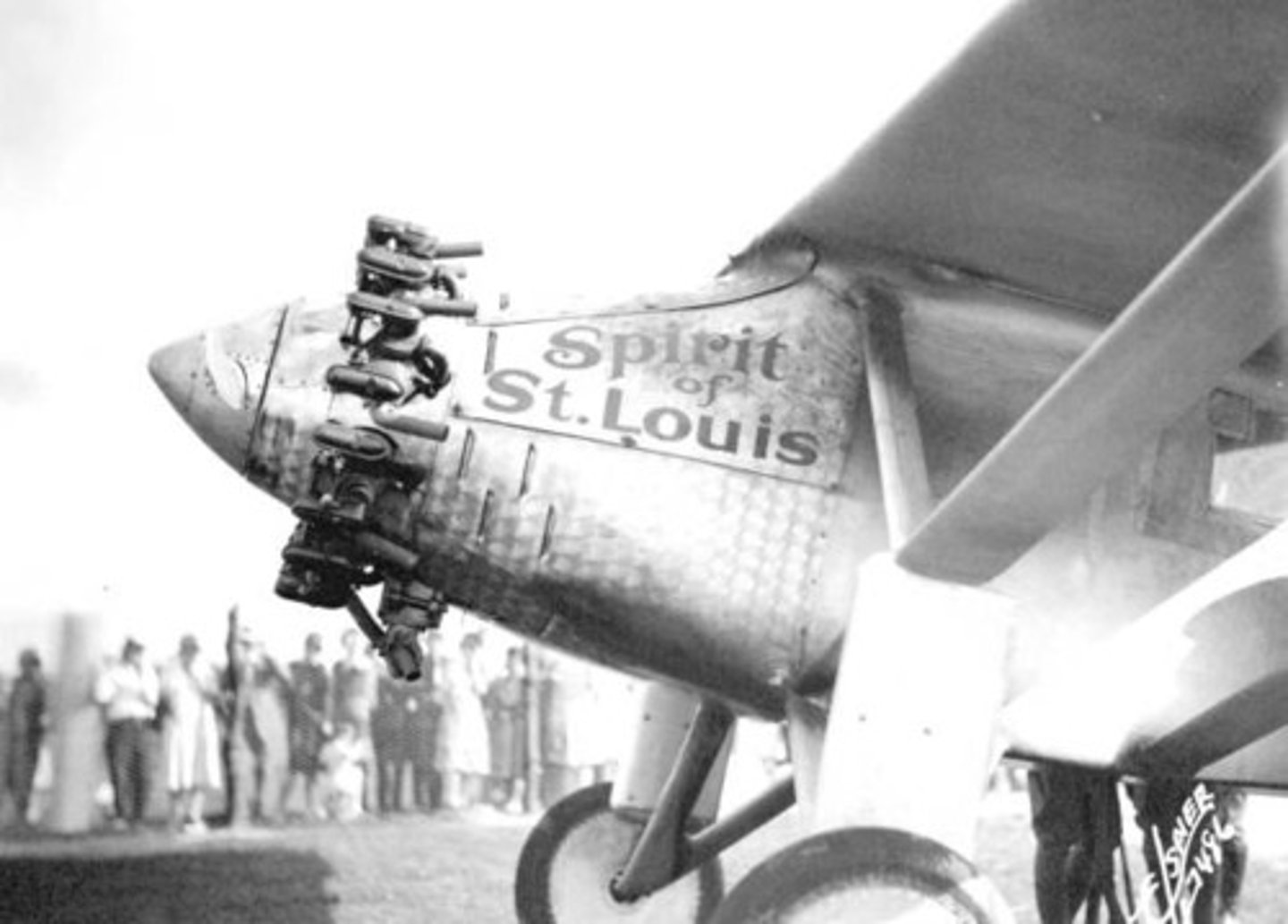
Causes of Great Depression
Higher US tariffs, Overproduction of food, buying on margin, market speculation, stock market crash, bank failures
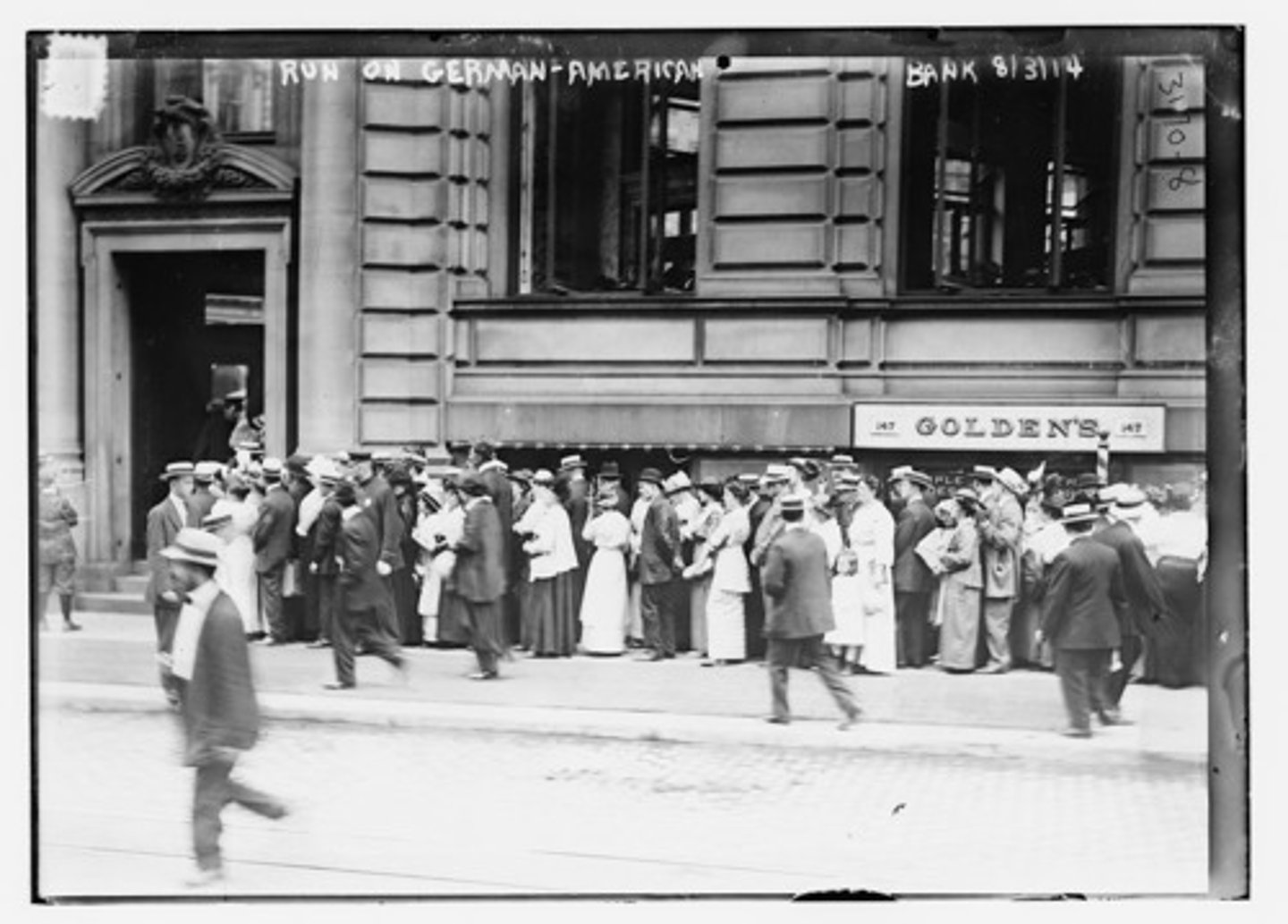
Hooverville
Depression shantytowns, named after the president whom many blamed for their financial distress
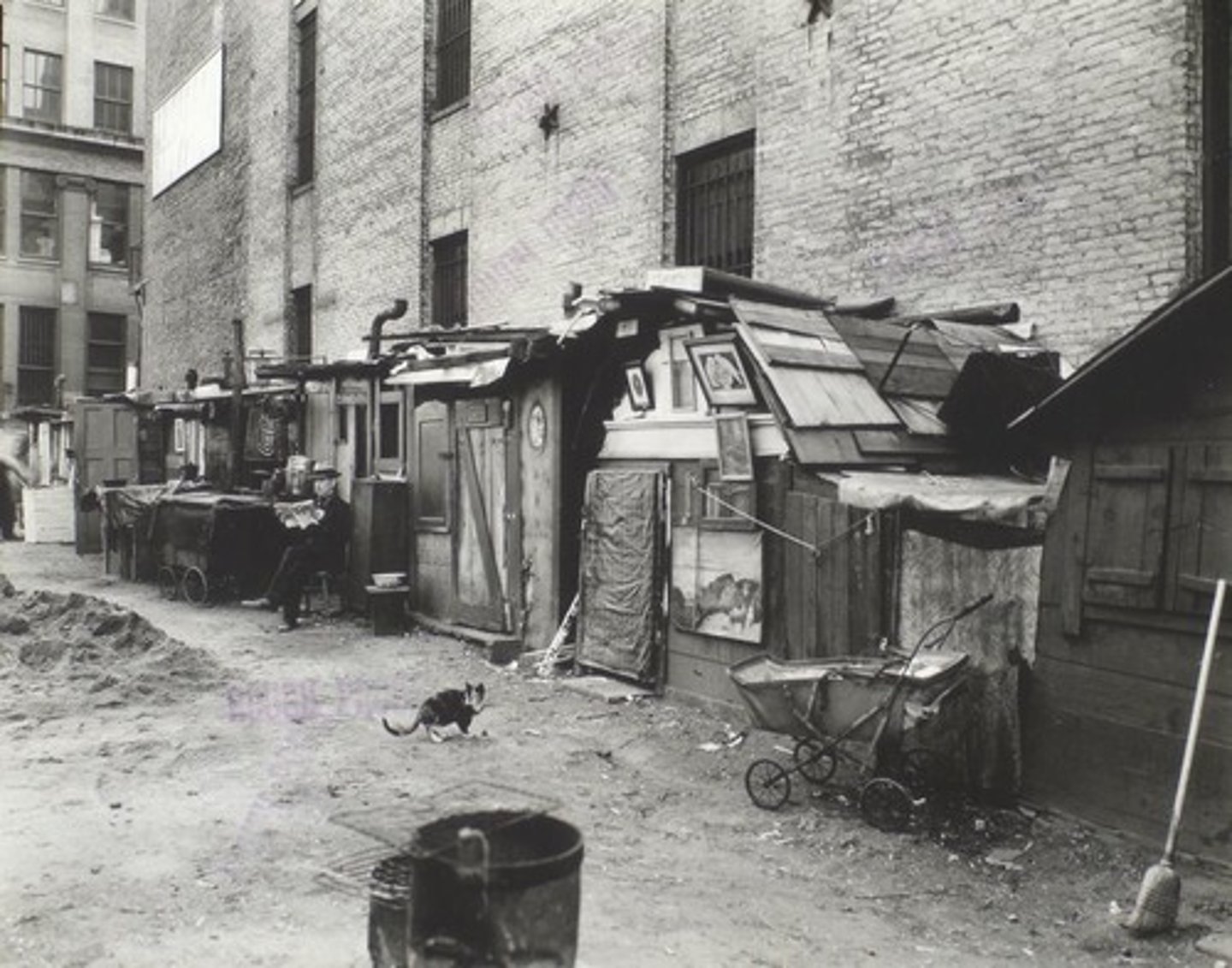
1929
Great Depression begins/Stock Market Crash
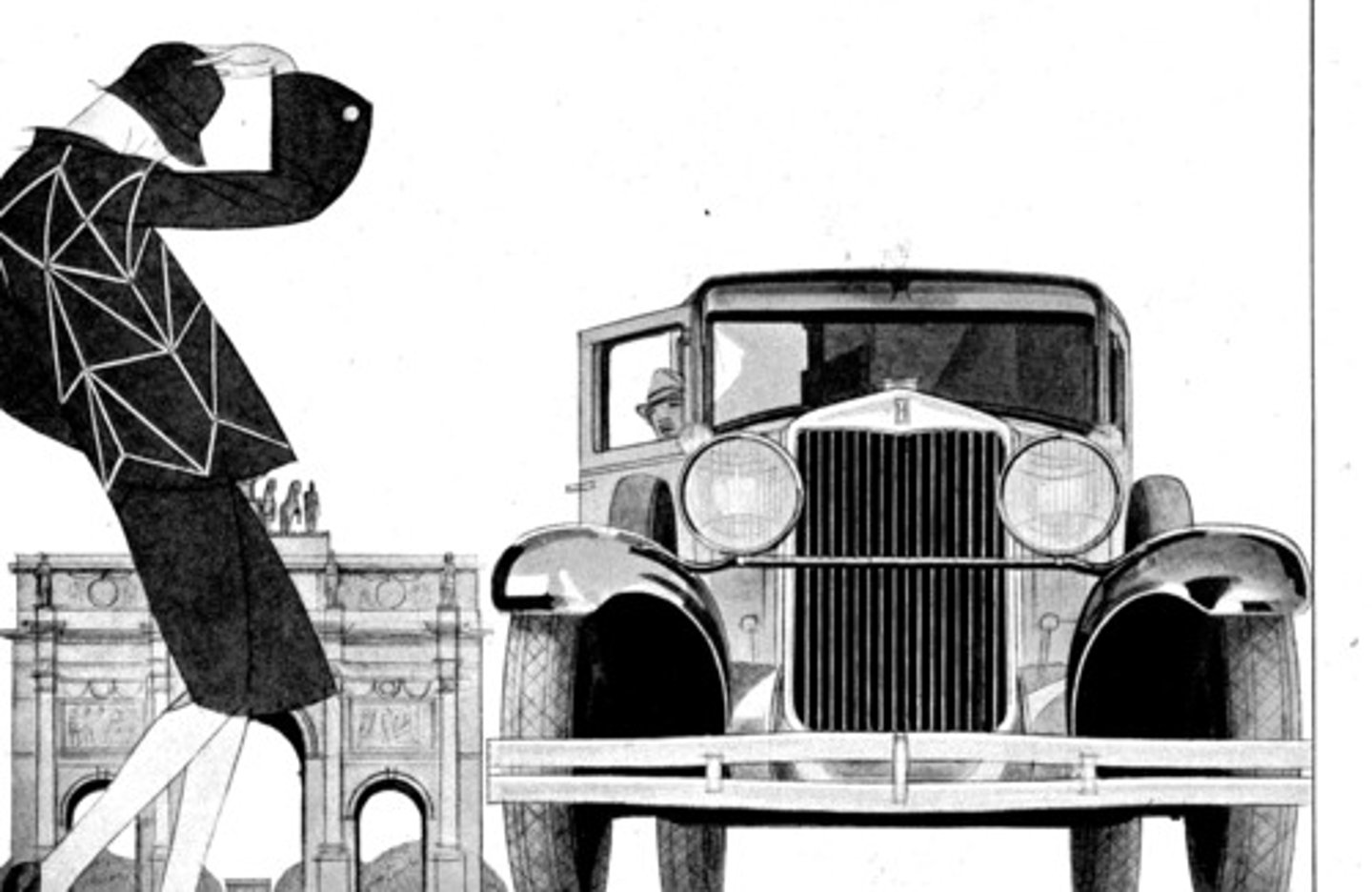
Dust Bowl
Region of the Great Plains that experienced a drought in 1930 lasting for a decade, leaving many farmers without work or substantial wages.
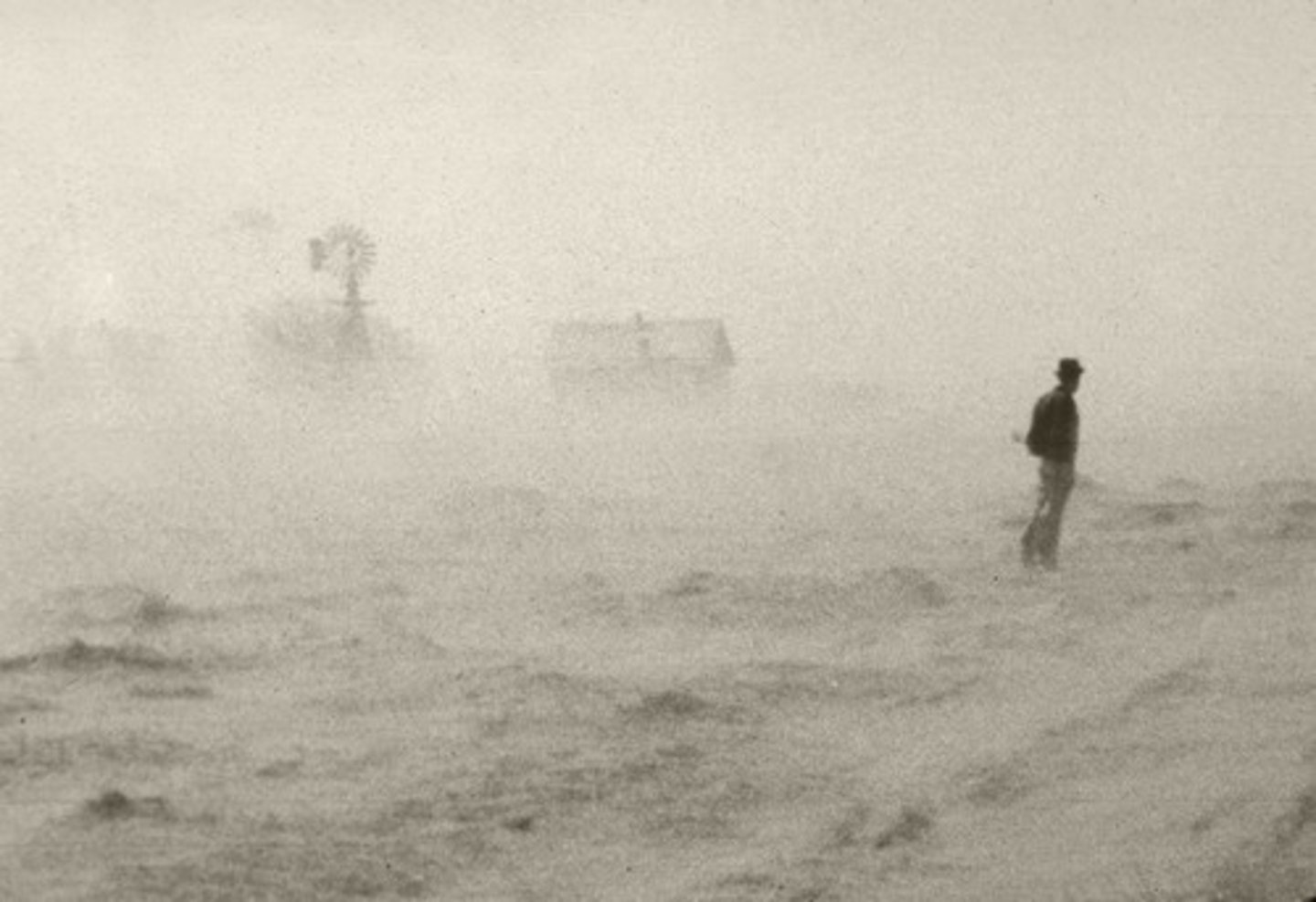
President Harding
This president promised a "return to normalcy" when he was elected. His administration was full of scandal and corruption, including the Teapot Dome scandal.
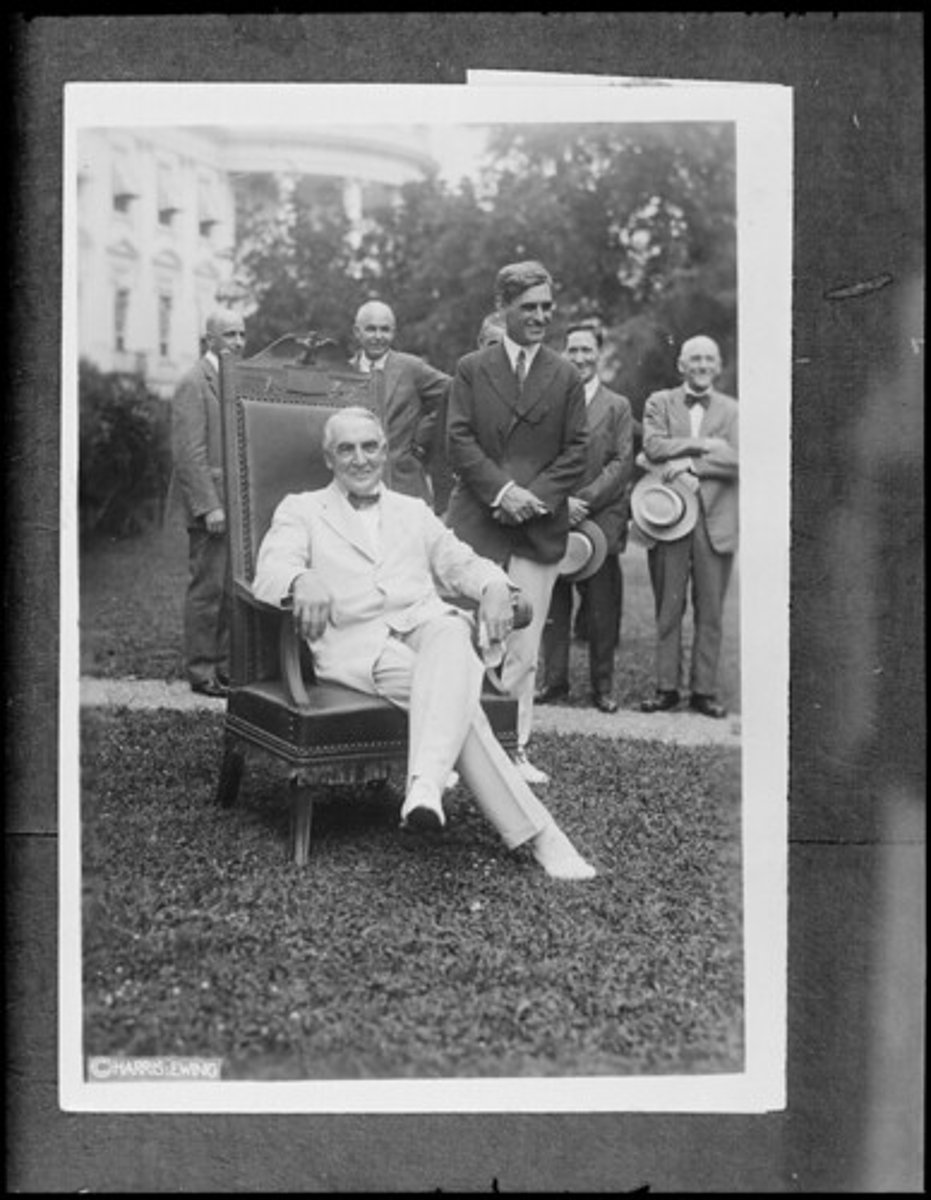
Teapot Dome
Scandal during the Harding administration involving the granting of oil-drilling rights on government land in return for money
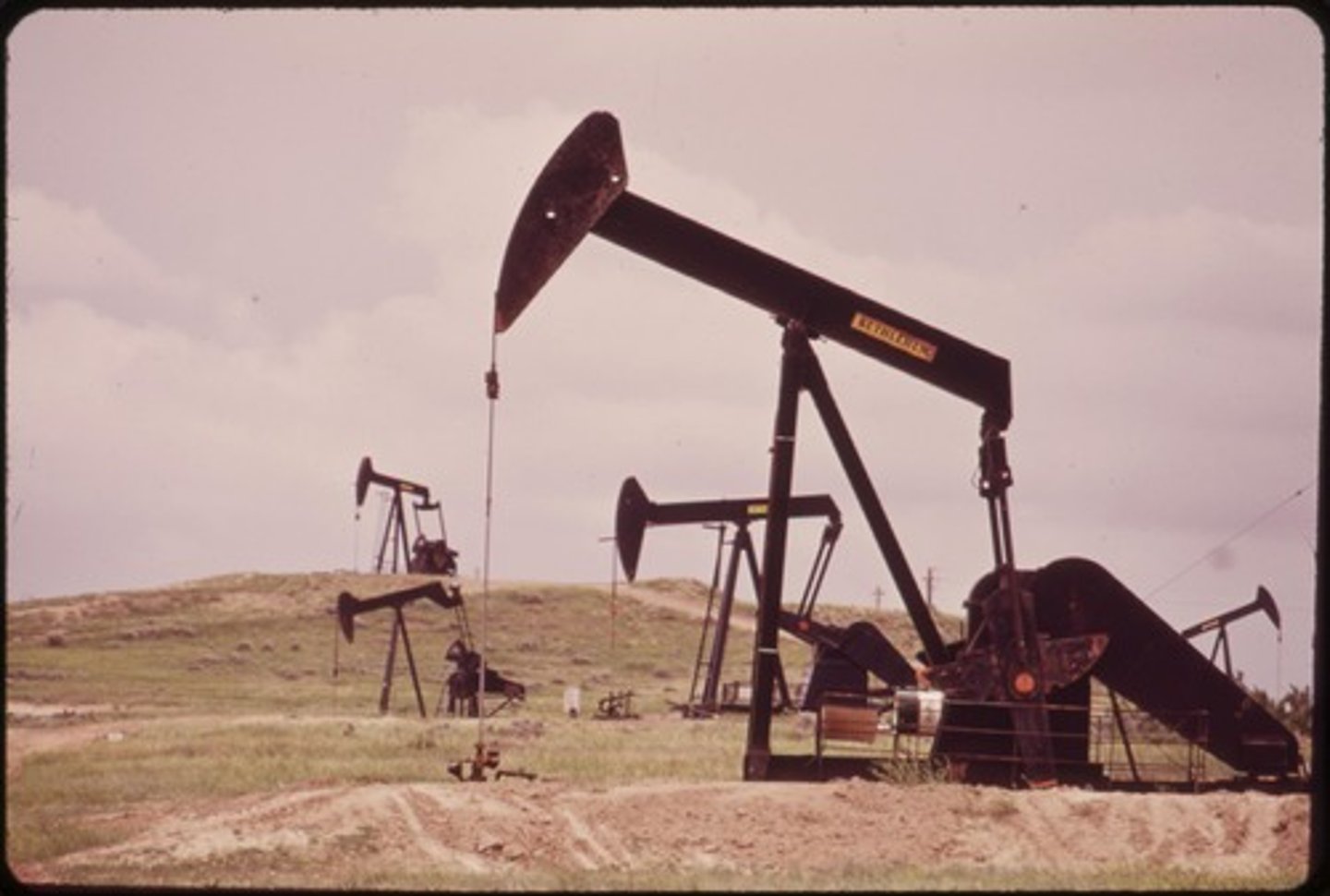
President Coolidge
He became president after Harding died in office. He fired those involved in the scandals; increased government support of business and encouraged a continuation and expansion of Harding's policies.
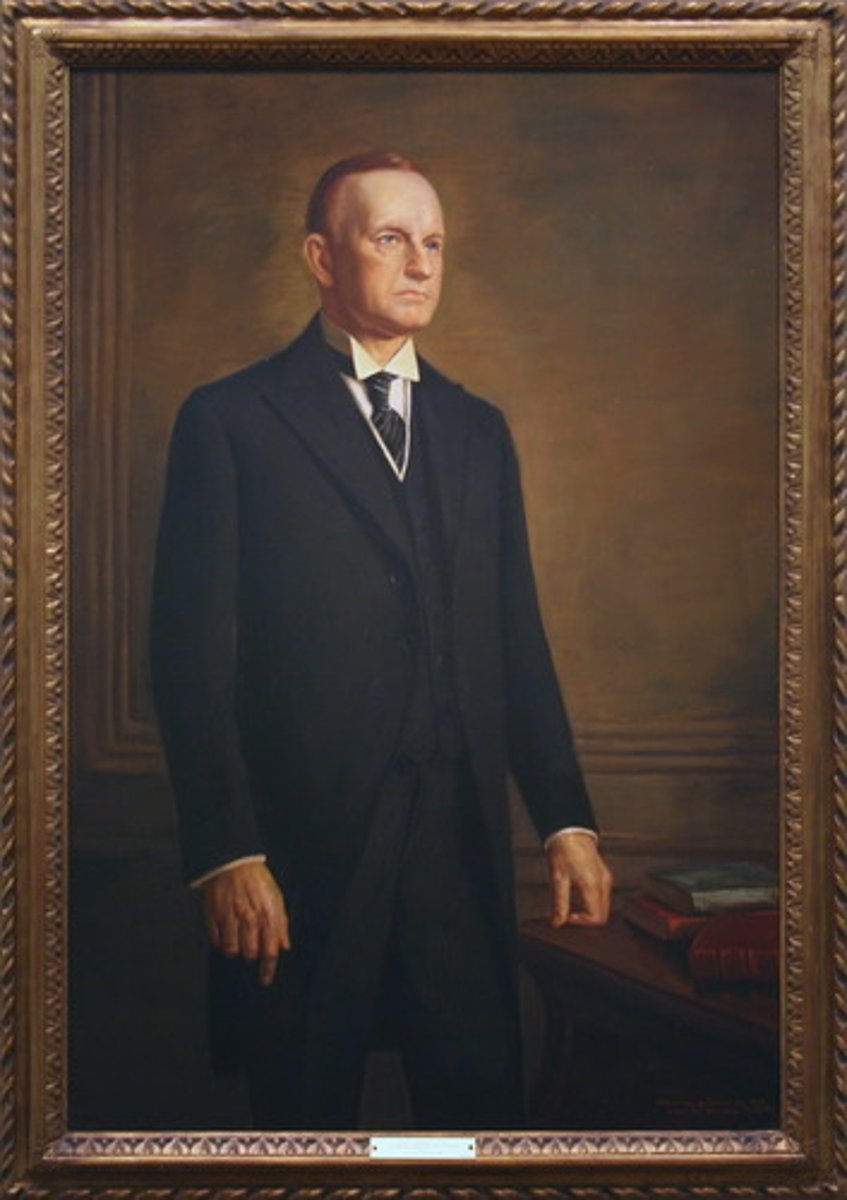
President Hoover
the president who was in office when the depression started. He believed that if the government got involved it would only make the depression worse.
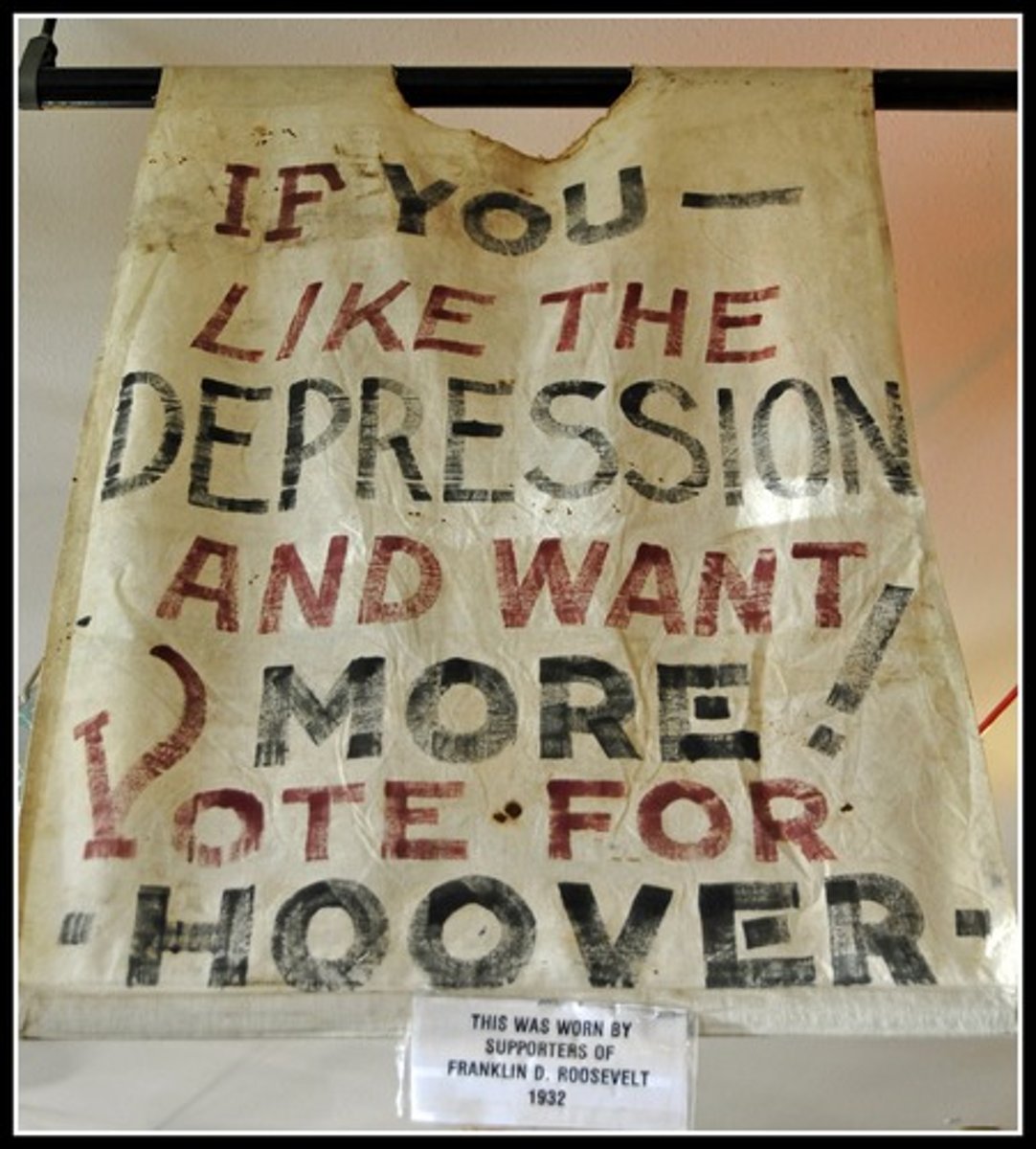
Franklin Roosevelt
Established the civilian conservation Corps, which employed more than 175,000 men to plant trees, make paths and roads in national parks and forests, build dams to control flooding, and perform other activities to protect natural resources.
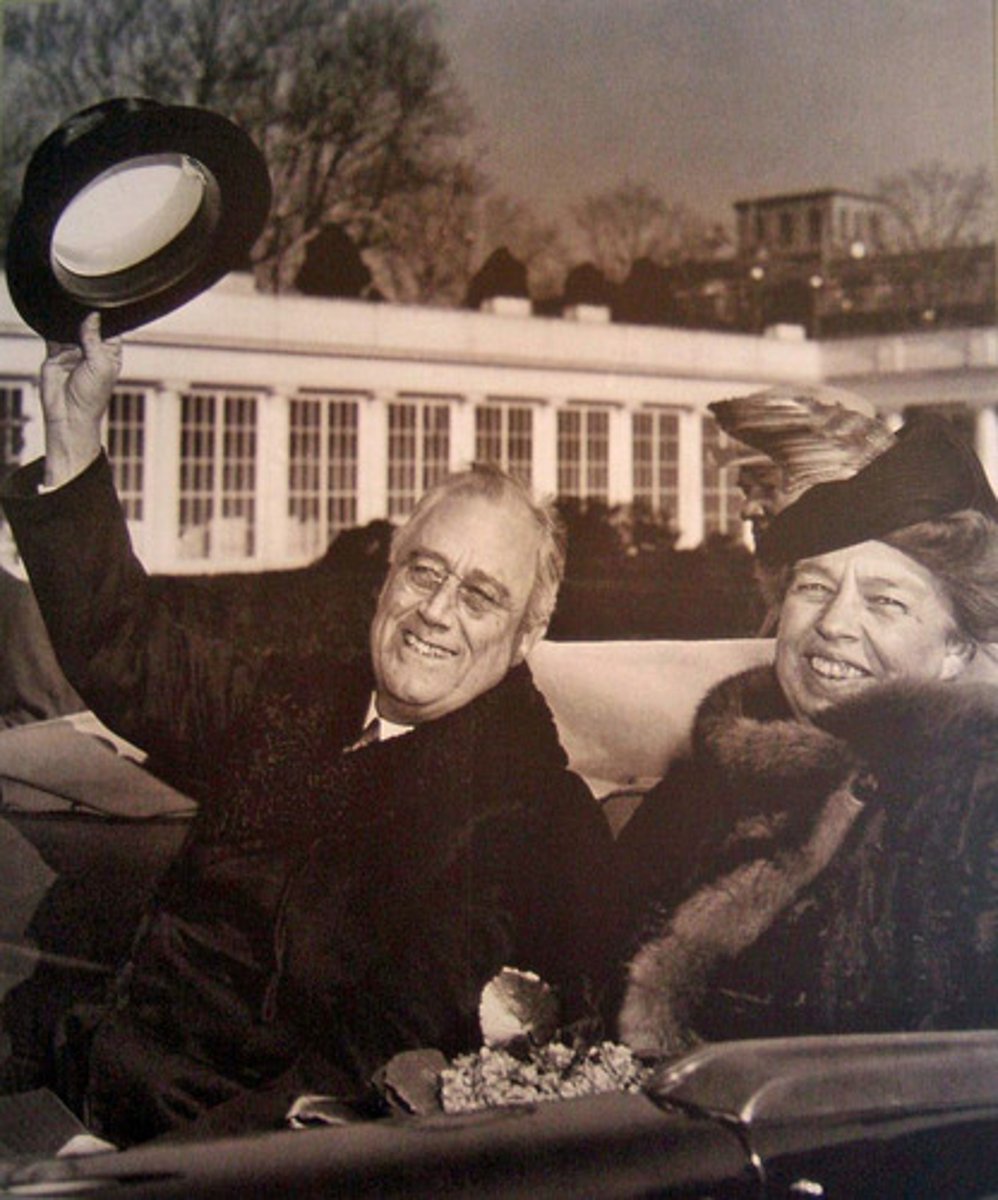
New Deal
A plan by President Franklin Roosevelt intended to bring economic relief, recovery, and reforms to the country after the Great Depression.
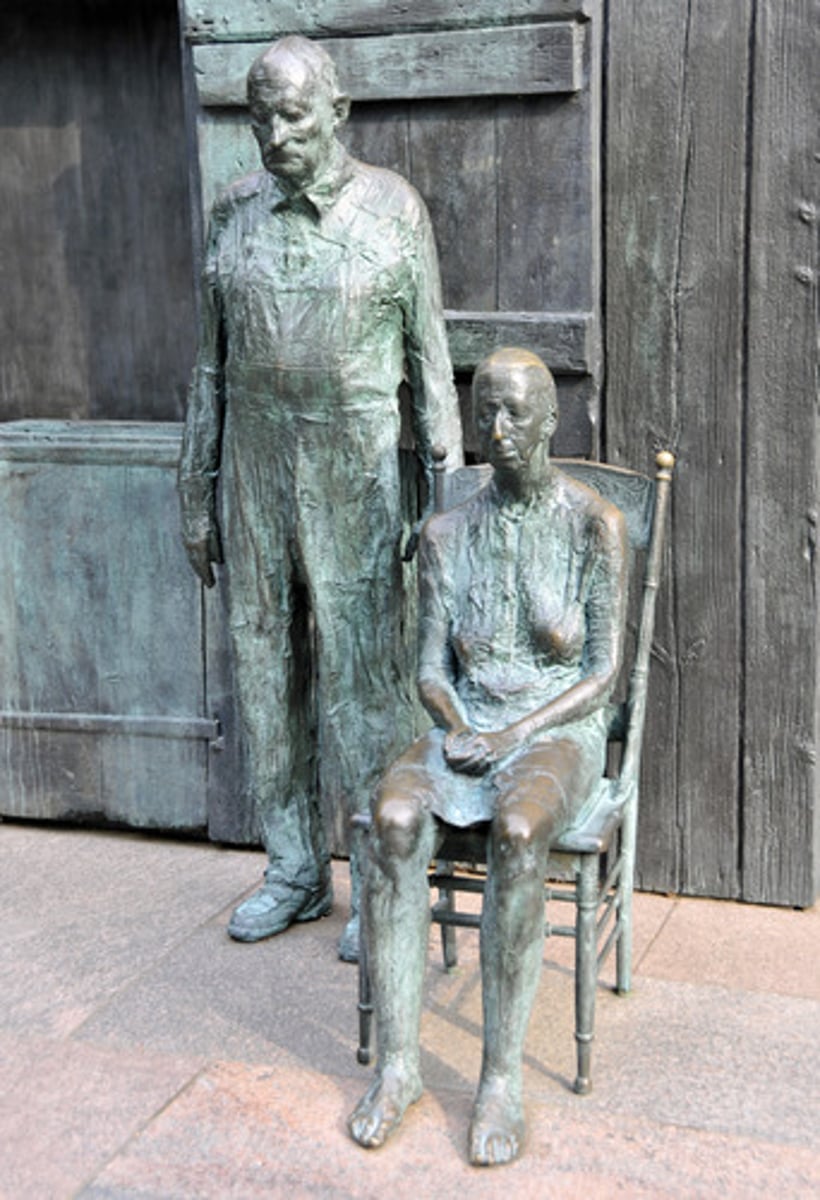
Federal Deposit Insurance Corporation (FDIC)
provide govt insurance for bank deposits up to a certain amount
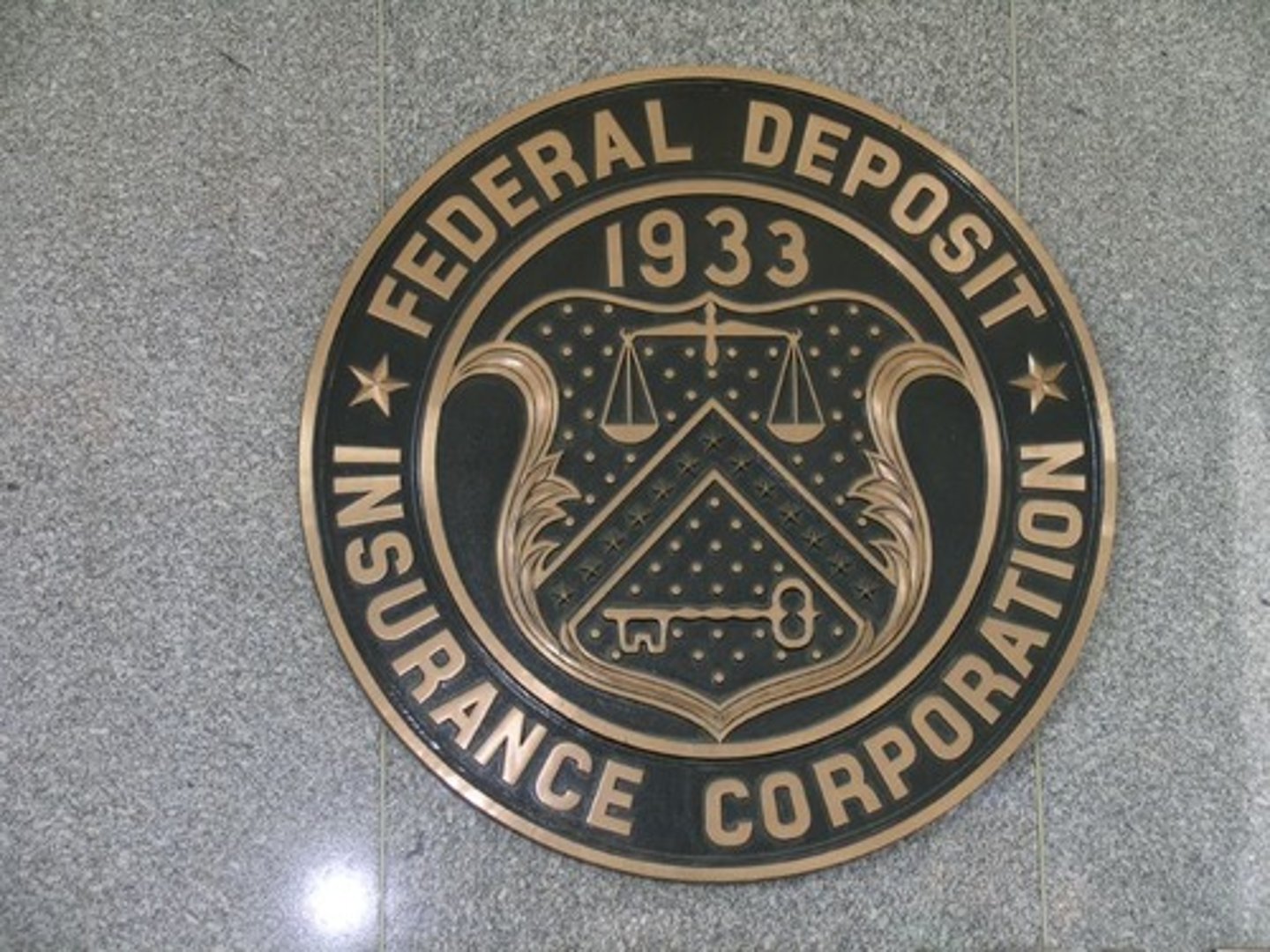
Social Security Administration (SSA)
A branch of the U. S. Department of Health and Human Services which provides benefits for retirement, survivors. insurance, disability, health insurance, and death.

Work Progress Administration (WPA)
Massive work relief program funded projects ranging from construction to acting

Tennessee Valley Authority (TVA)
A relief, recovery, and reform effort that gave 2.5 million poor citizens jobs and land. It brought cheap electric power, low-cost housing, cheap nitrates, and the restoration of eroded soil.
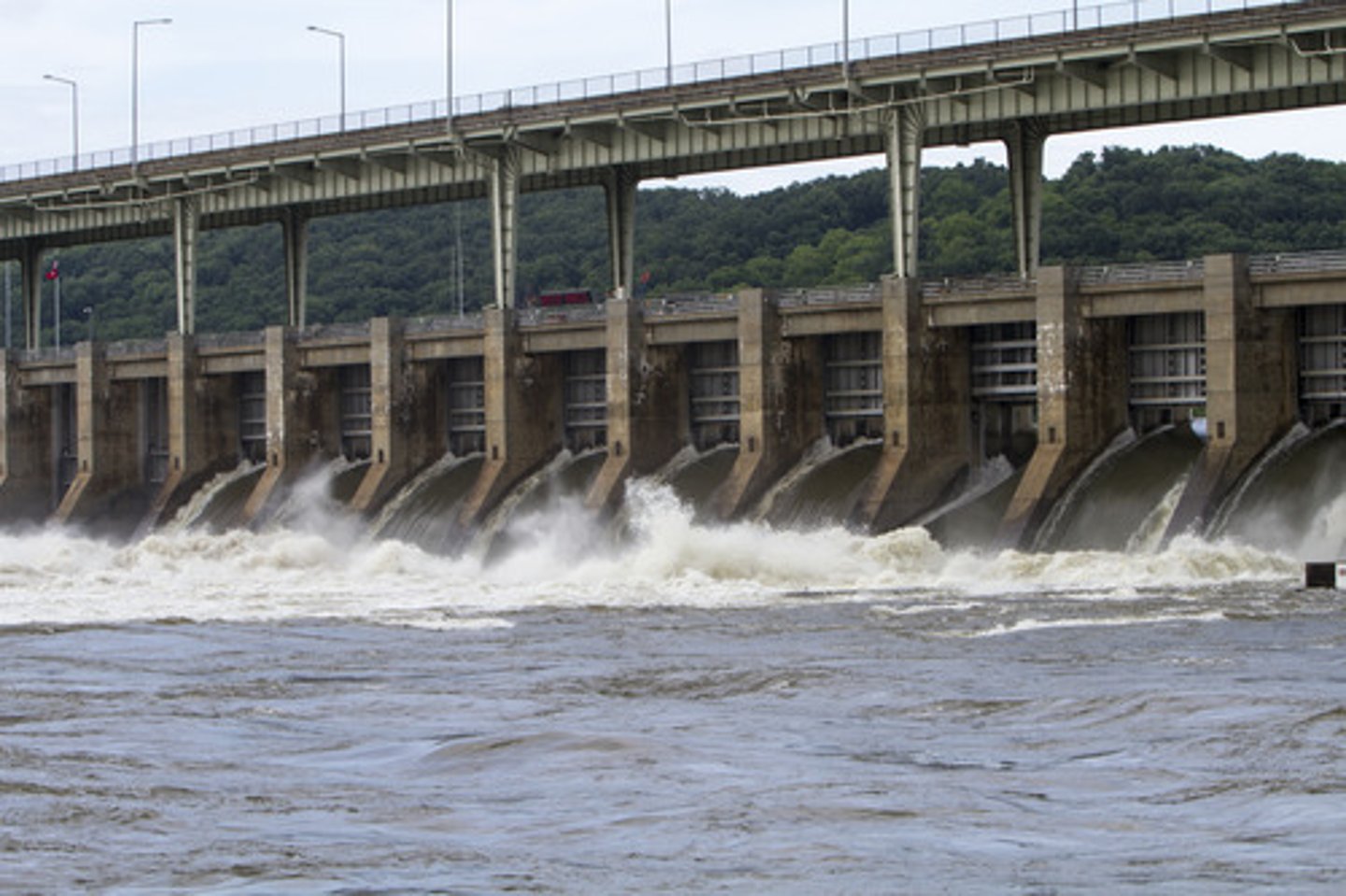
Court Packing
Attempt by Roosevelt to appoint one new Supreme Court justice for every sitting justice over the age of 70 who had been there for at least 10 years. Wanted to prevent justices from dismantling the new deal. Plan died in congress and made opponents of New Deal inflamed.
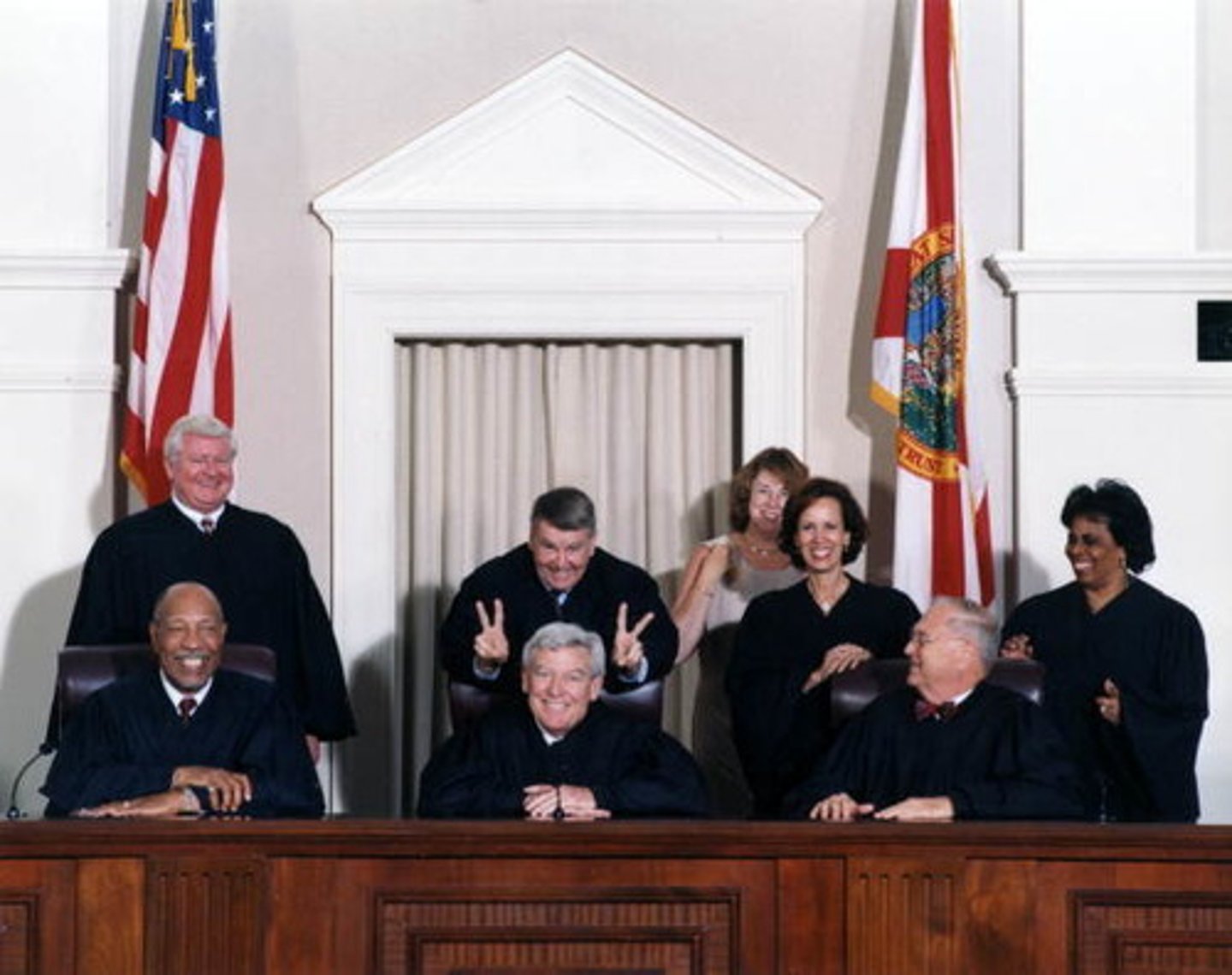
Eleanor Roosevelt
FDR's wife. Traveled, spoke and wrote for new deal; reshaped First Lady's role. Also fought for civil rights
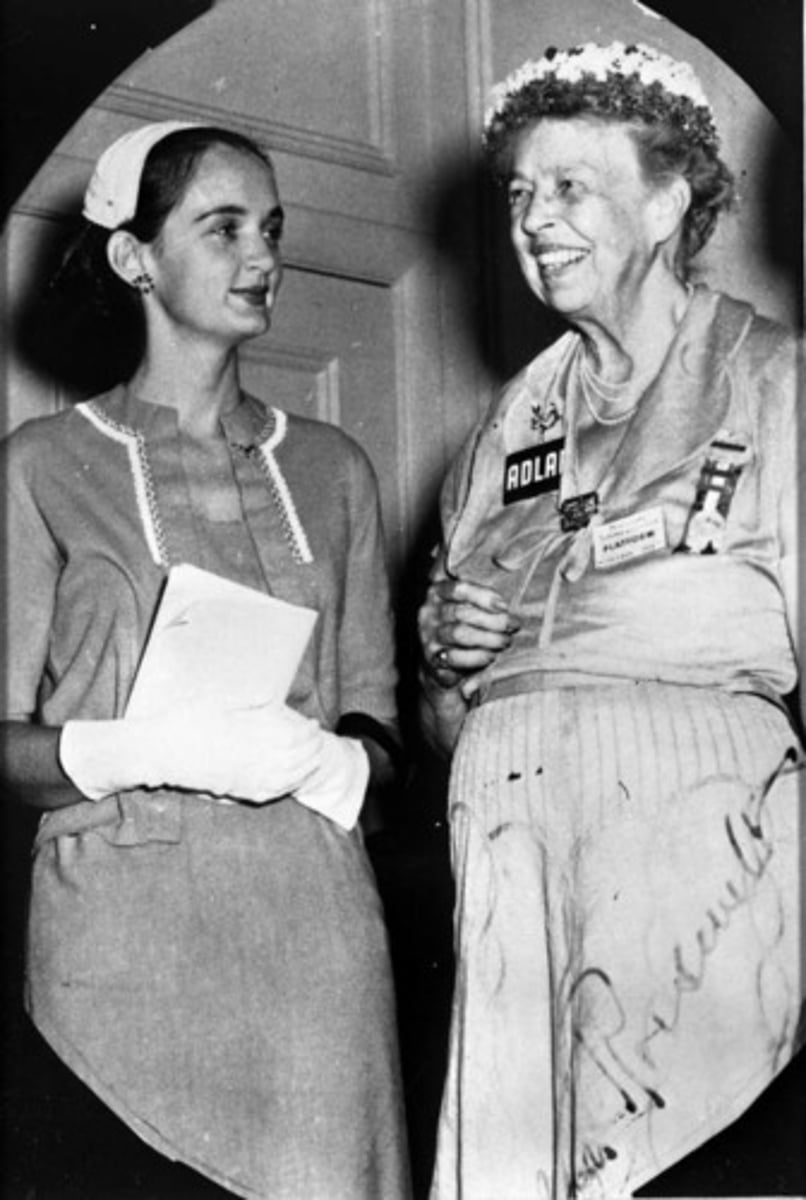
Hideki Tojo
Invaded China in 1937. He gave his approval for the attack on Pearl Harbor

Benito Mussolini
Fascist dictator of Italy. He led Italy to conquer Ethiopia and joined Germany in World War II.
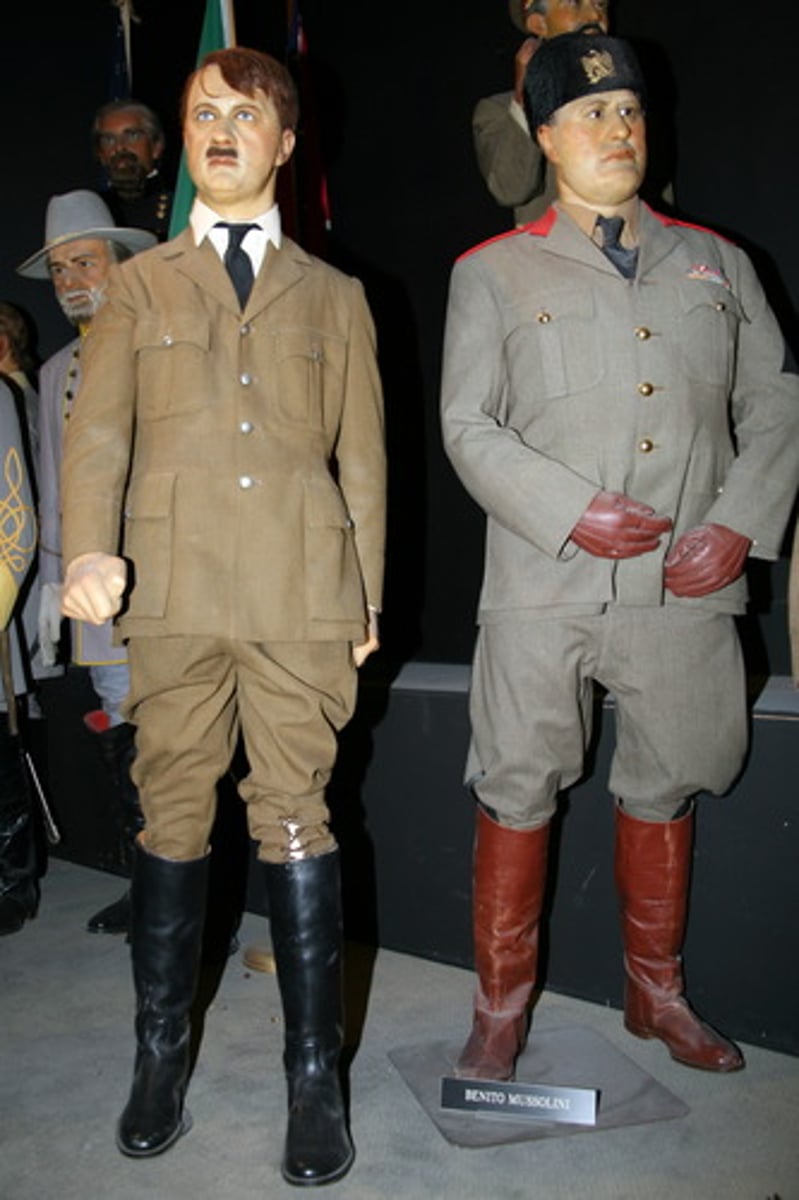
Adolf Hitler
Austrian born Dictator of Germany, invaded Rhineland, Austria and Czechoslovakia. led during WWII and instituted the final solution (holocaust)
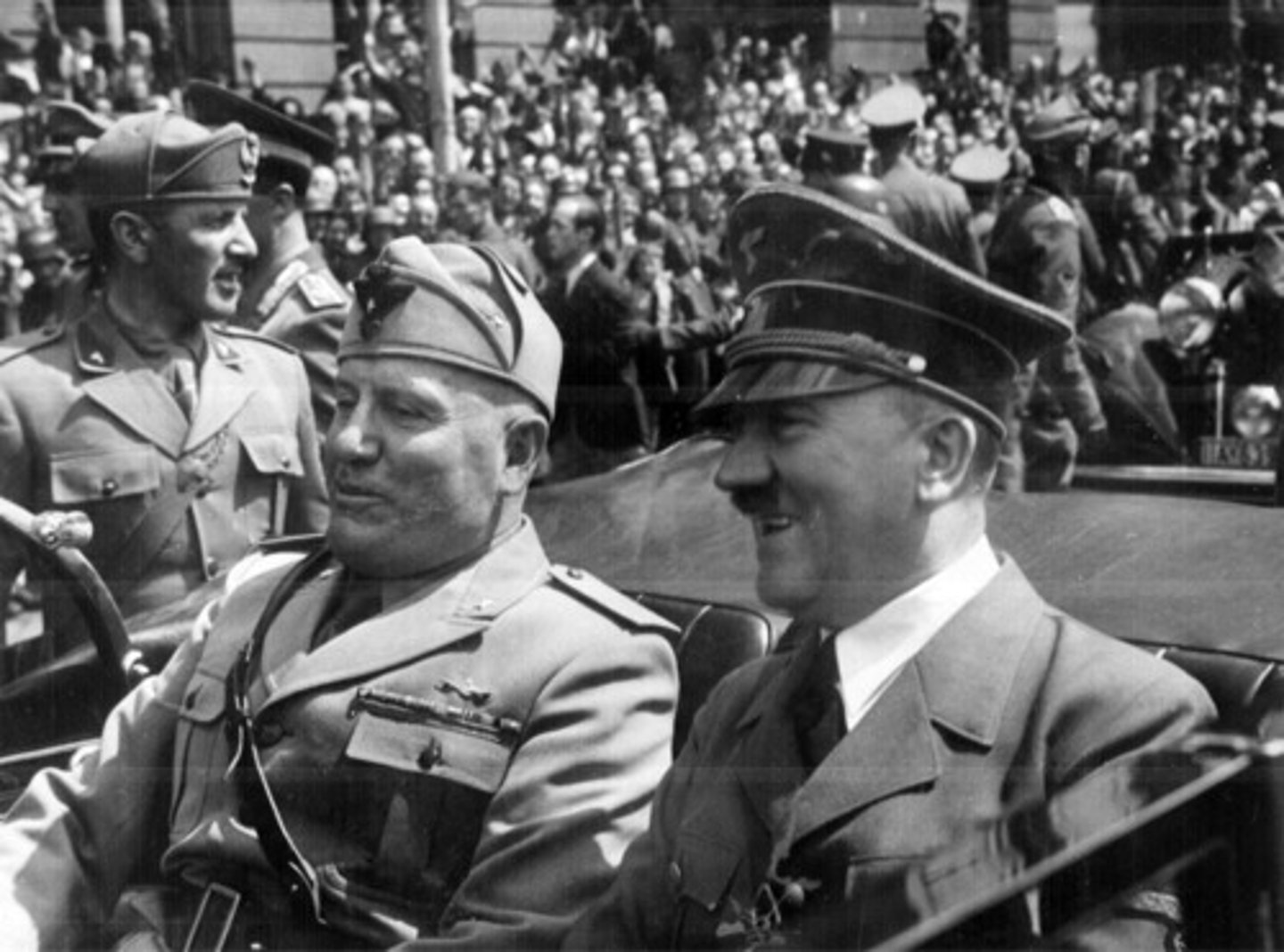
Appeasement
British policy that granted Hitler everything he could reasonably want (and more) in order to avoid war.
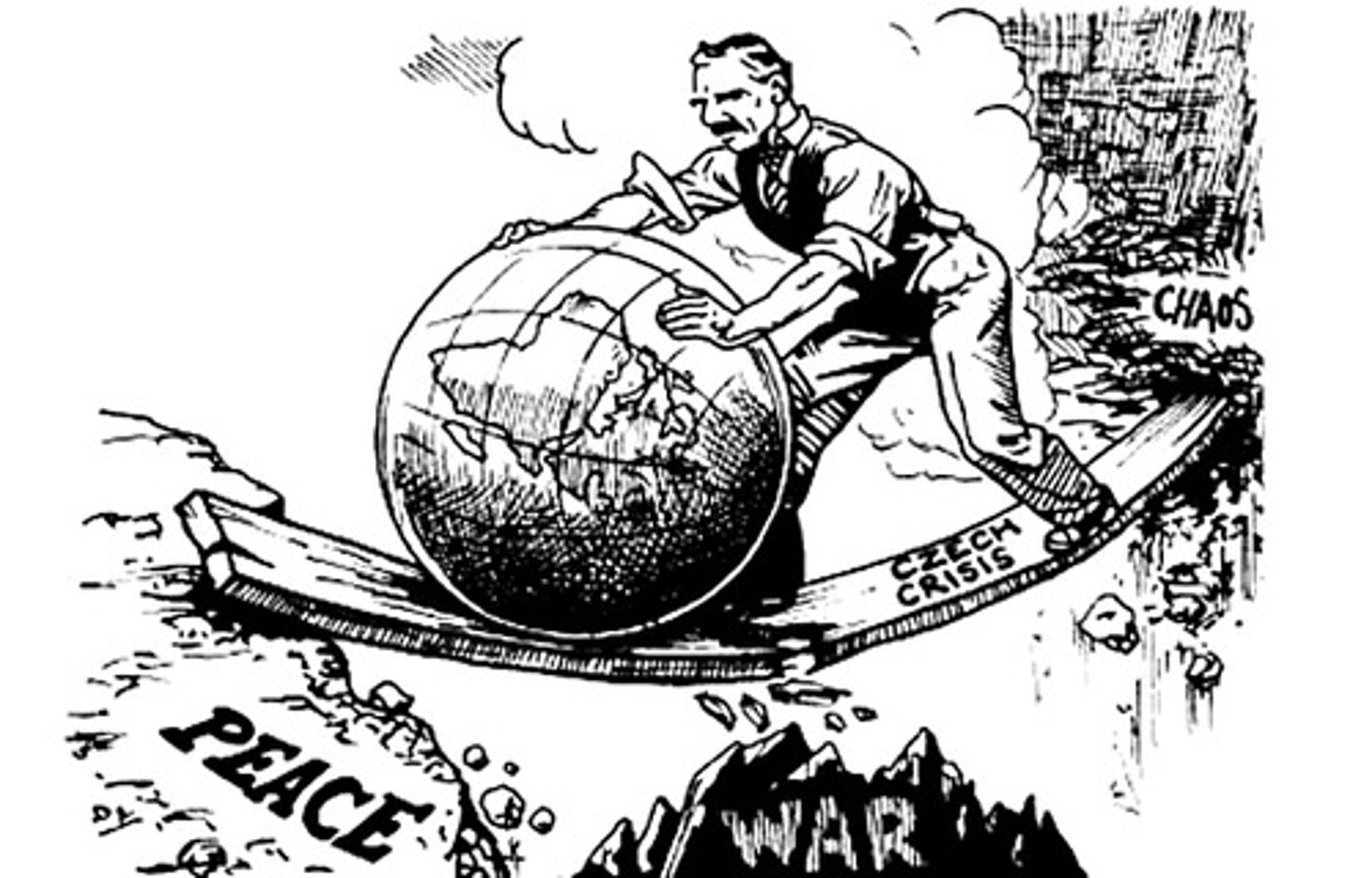
Lend Lease Act
Law passed after the fall of Britain during WWII; allowed the U.S. to loan munitions to Allies in WWII; kept U.S. boys at home
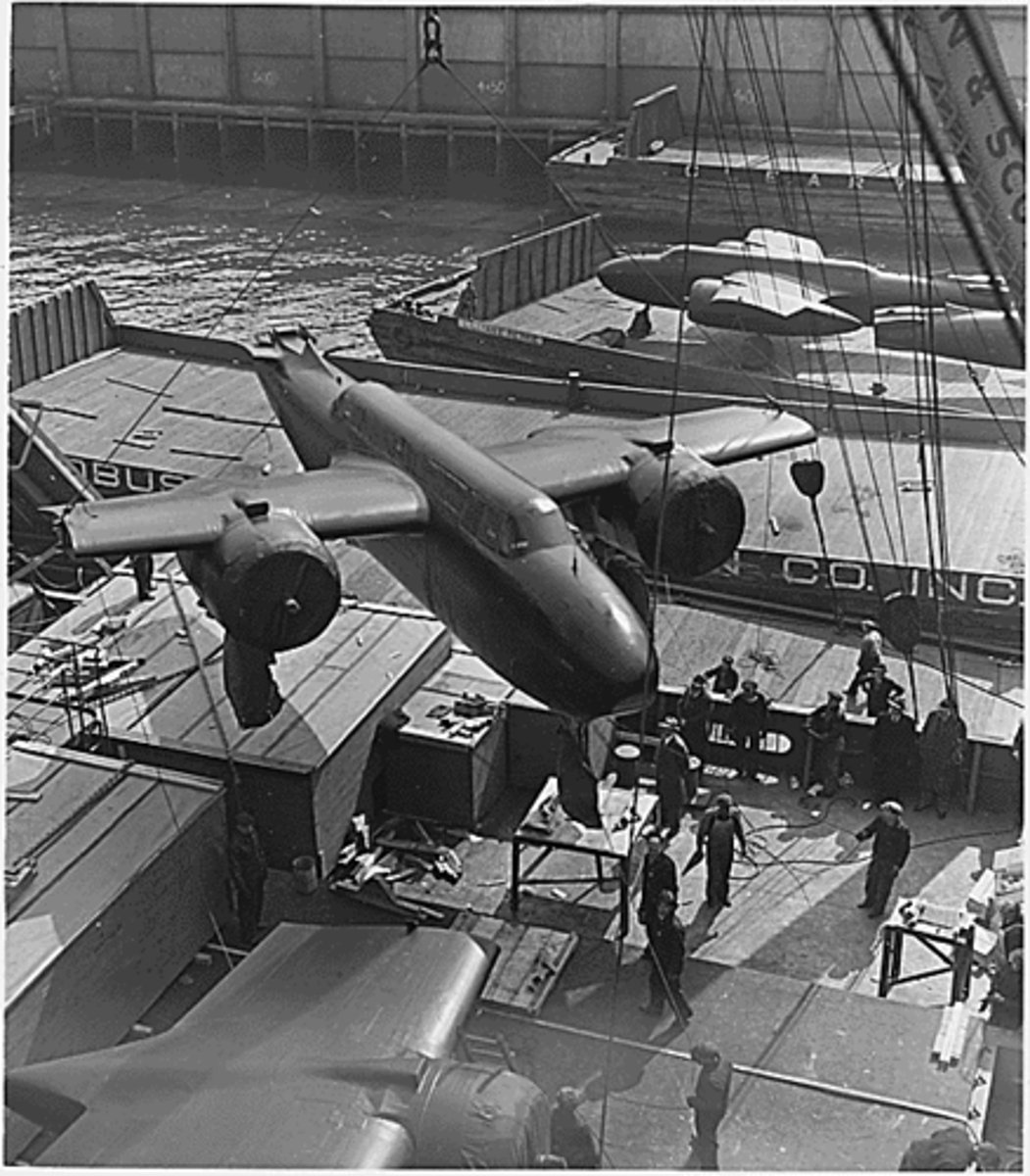
Pearl Harbor
7:50-10:00 AM, December 7, 1941 - Surprise attack by the Japanese on the main U.S. Pacific Fleet harbored in Pearl Harbor
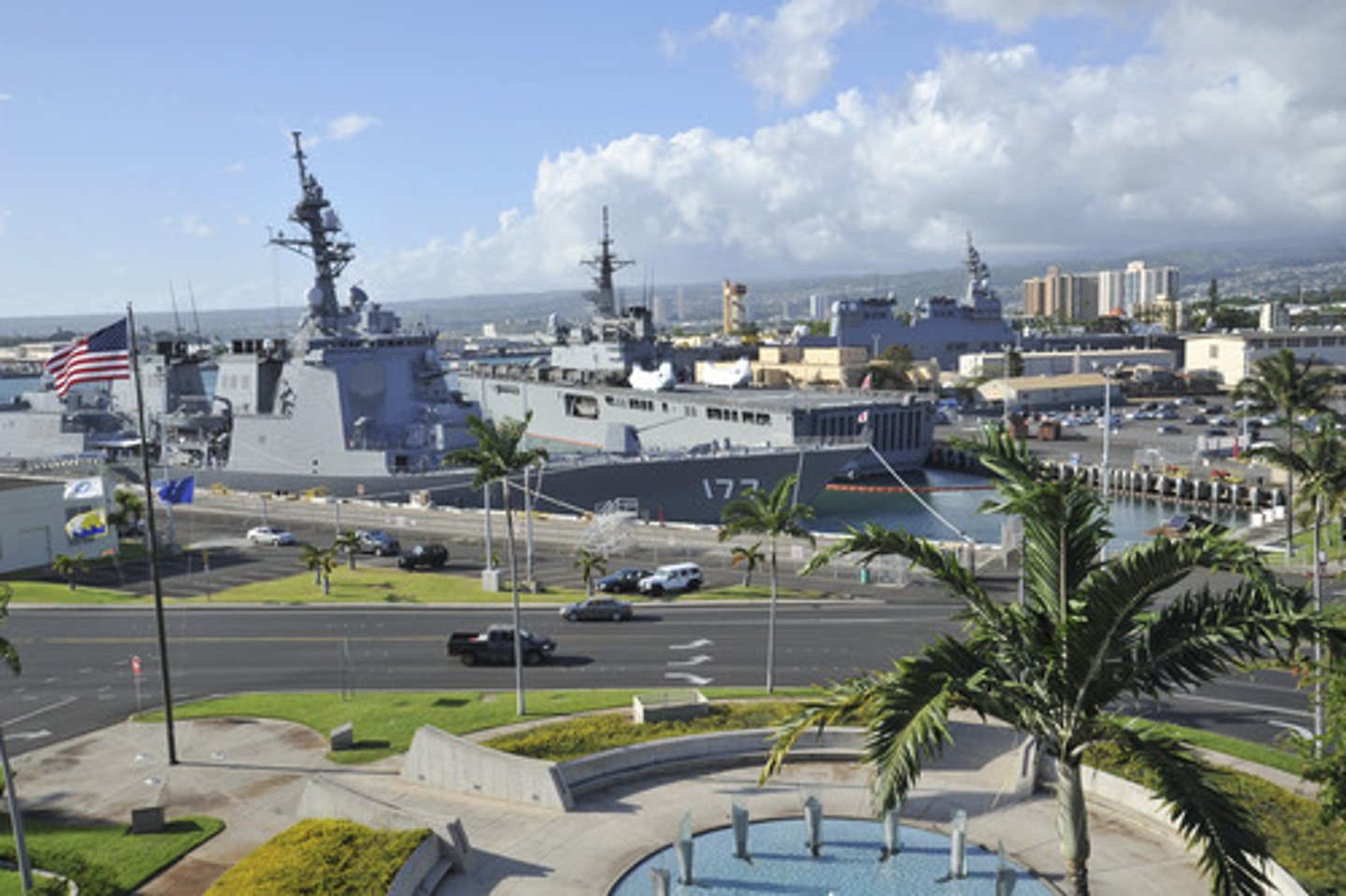
1939-1945
The years of World War II, which began with the German invasion of Poland and ended with the U.S. bombing of Hiroshima and Nagasaki.
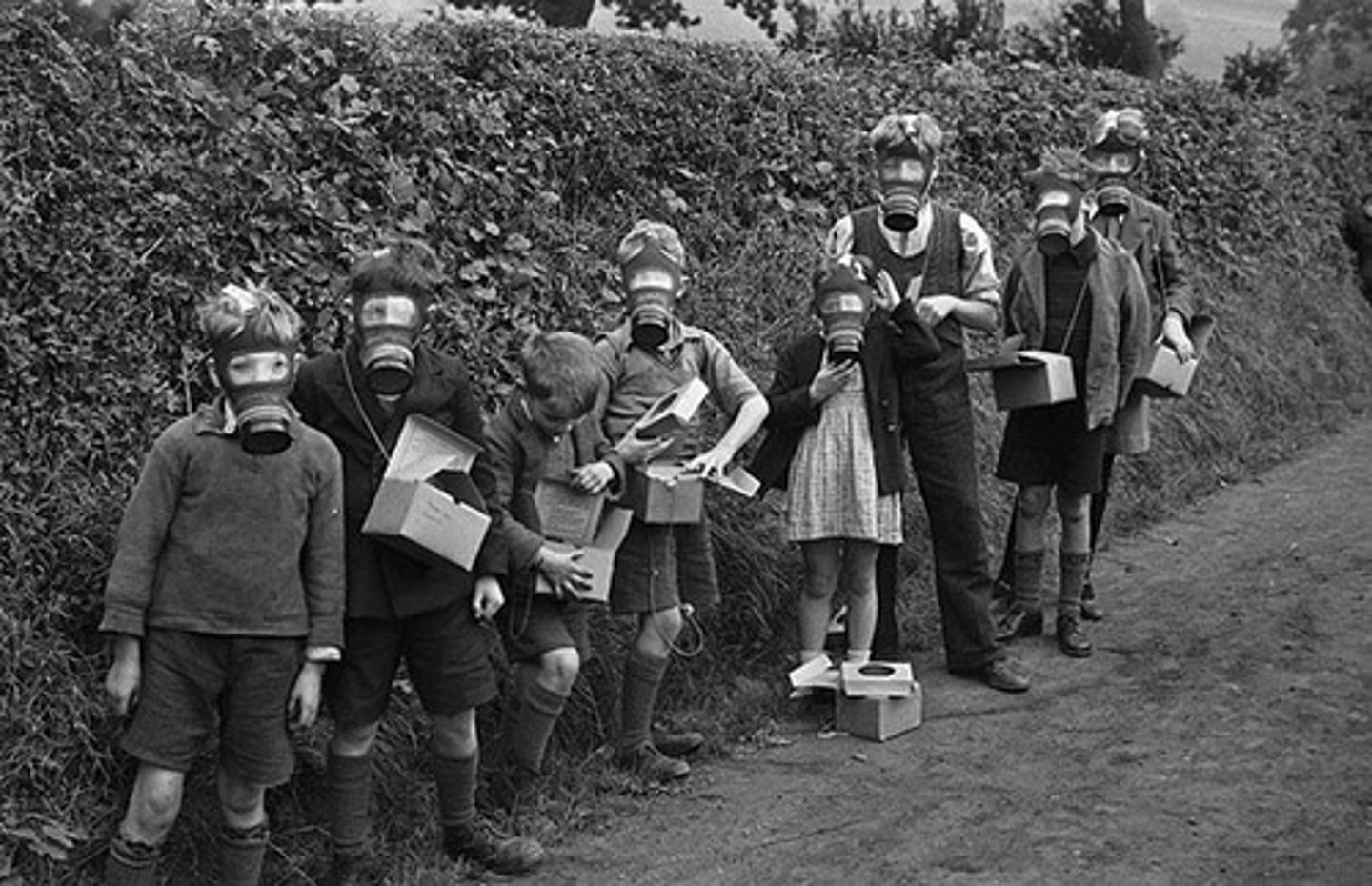
Office of War Information
established by the government to promote patriotism and help keep Americans united behind the war effort.
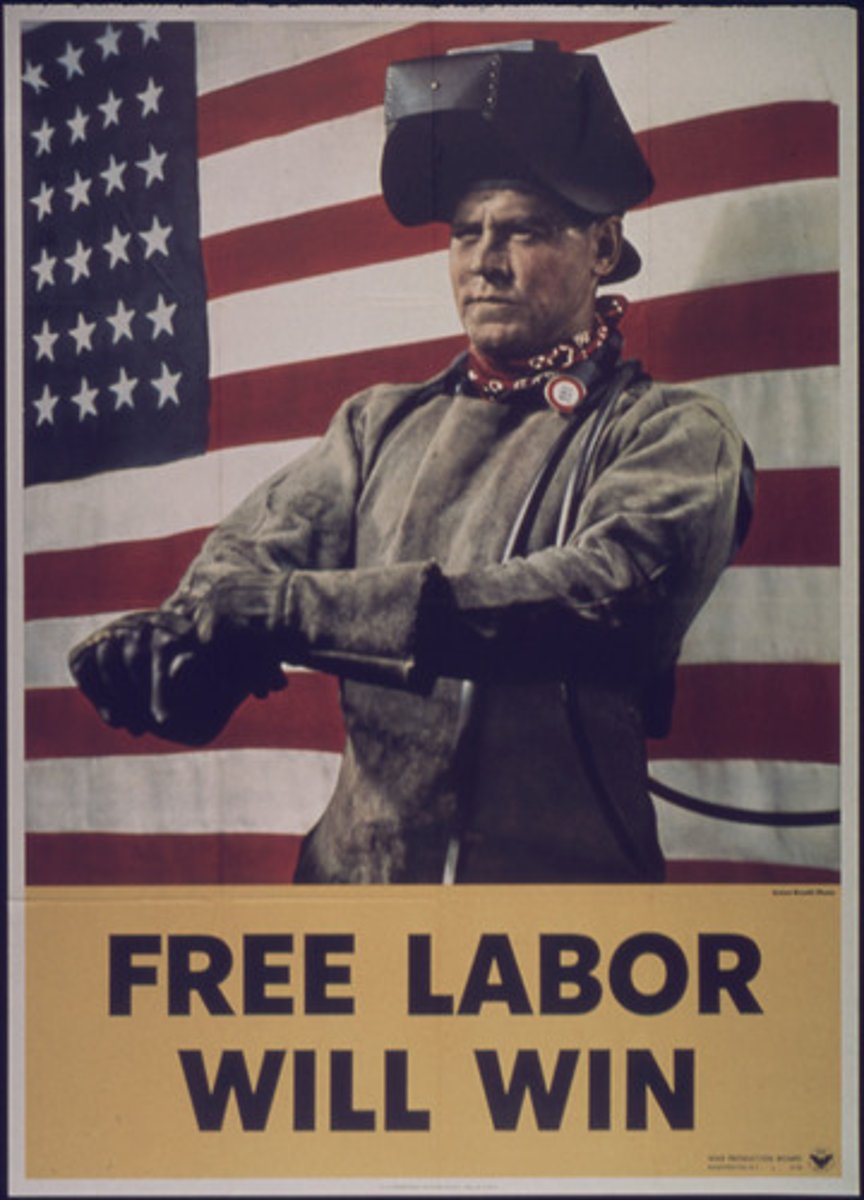
Victory Gardens
Backyard gardens; Americans were encouraged to grow their own vegetables to support the war effort
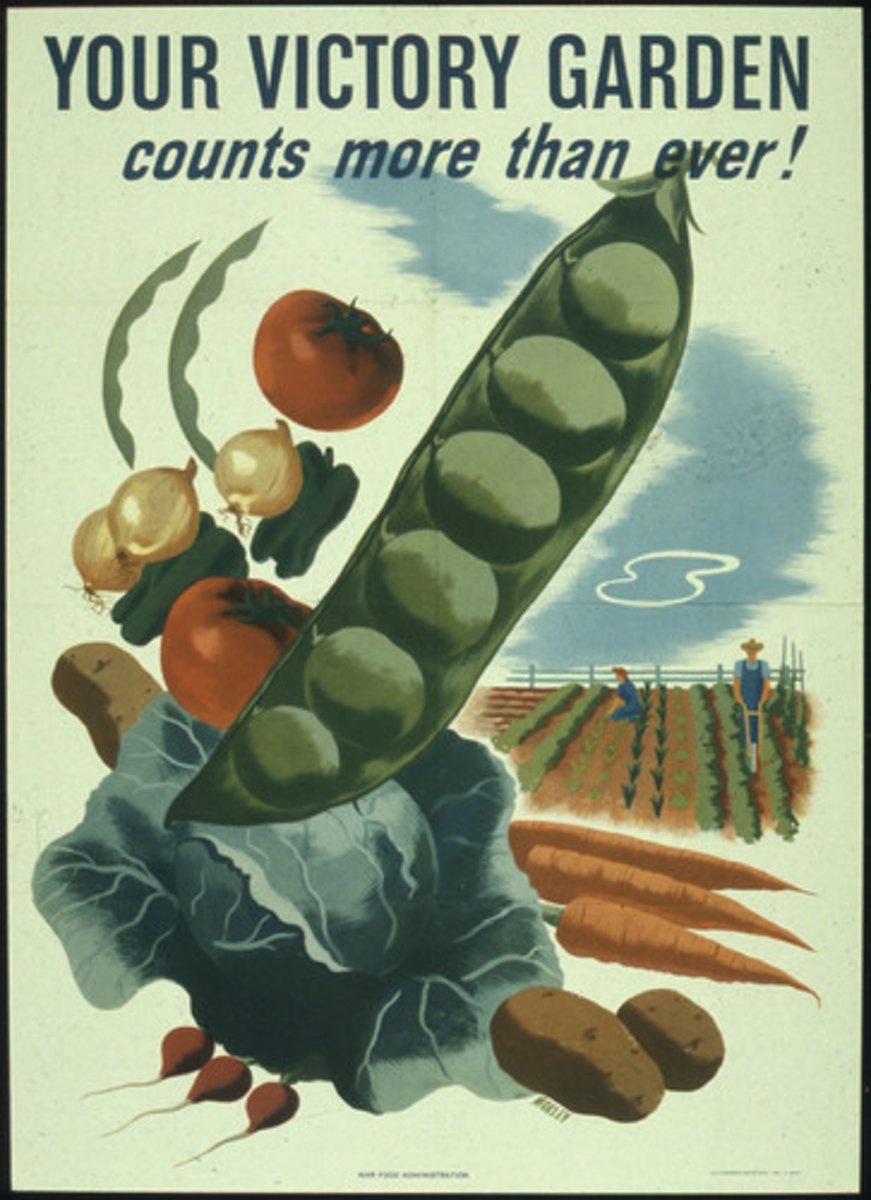
War Bonds
Certificates sold by the United States government to pay for the war.
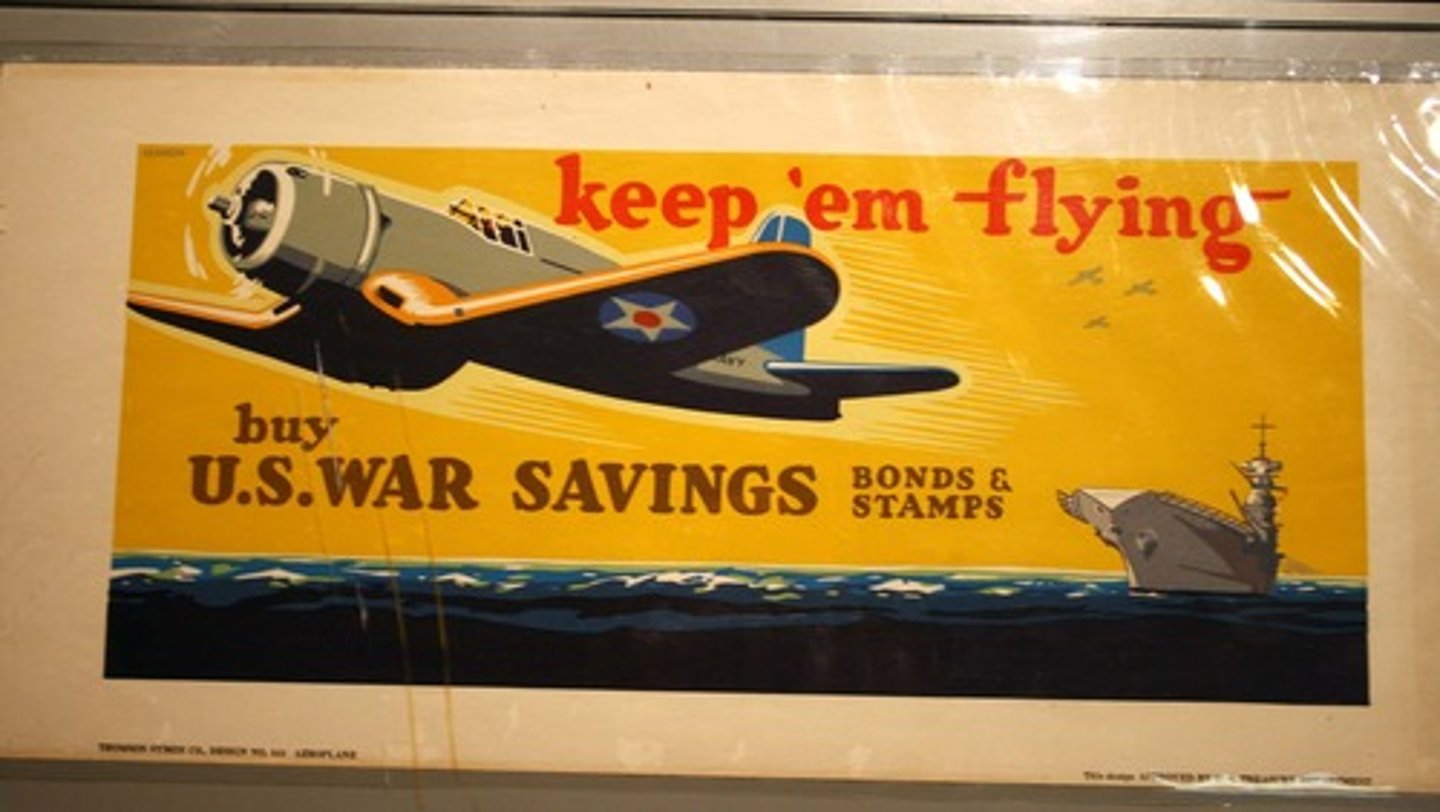
Rosie the Riviter
name given to a fictitious woman who served as a patriotoc woman who helped the war effort by working in factories.
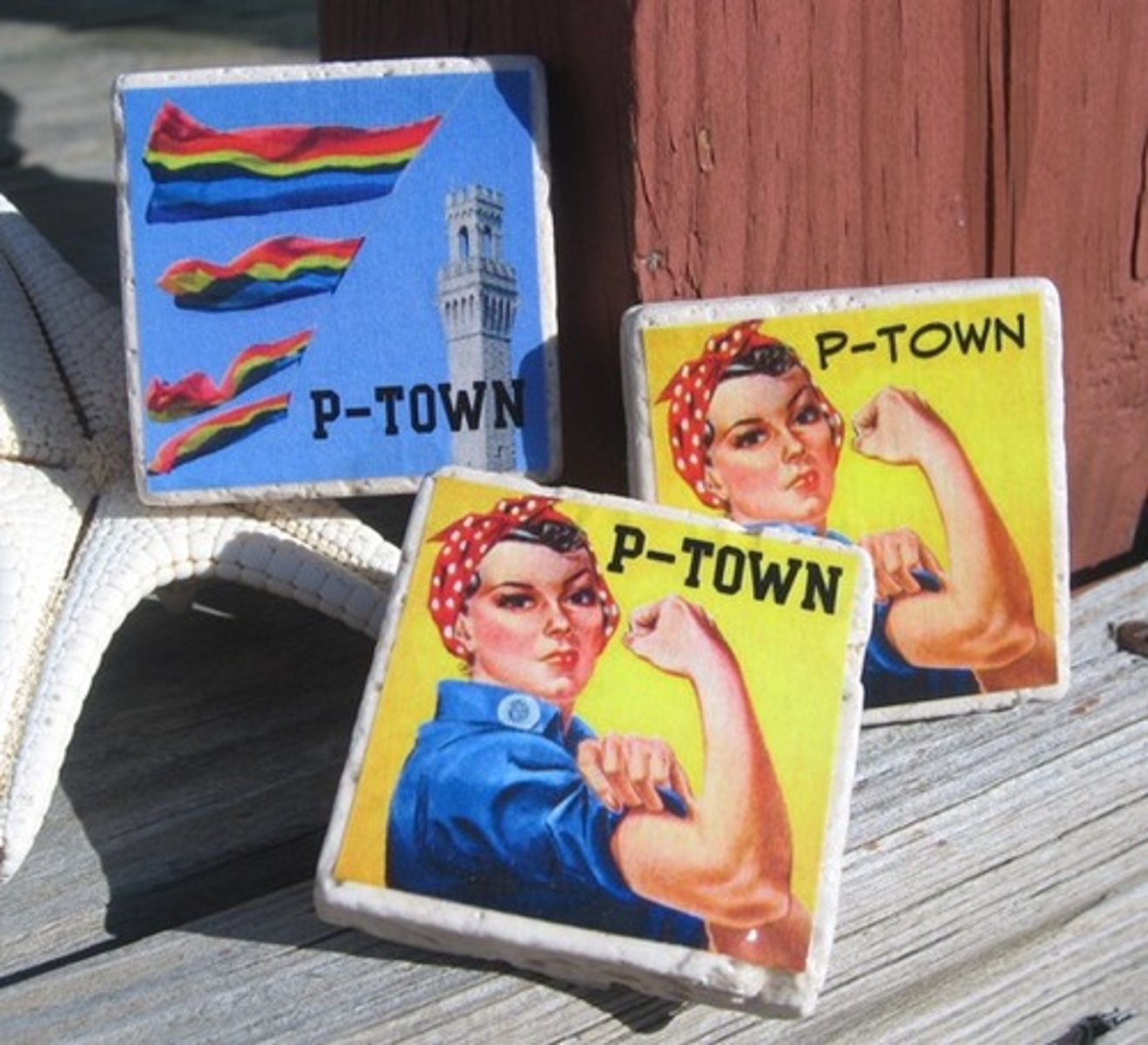
Executive Order 9066
112,000 Japanese-Americans forced into camps causing loss of homes and businesses
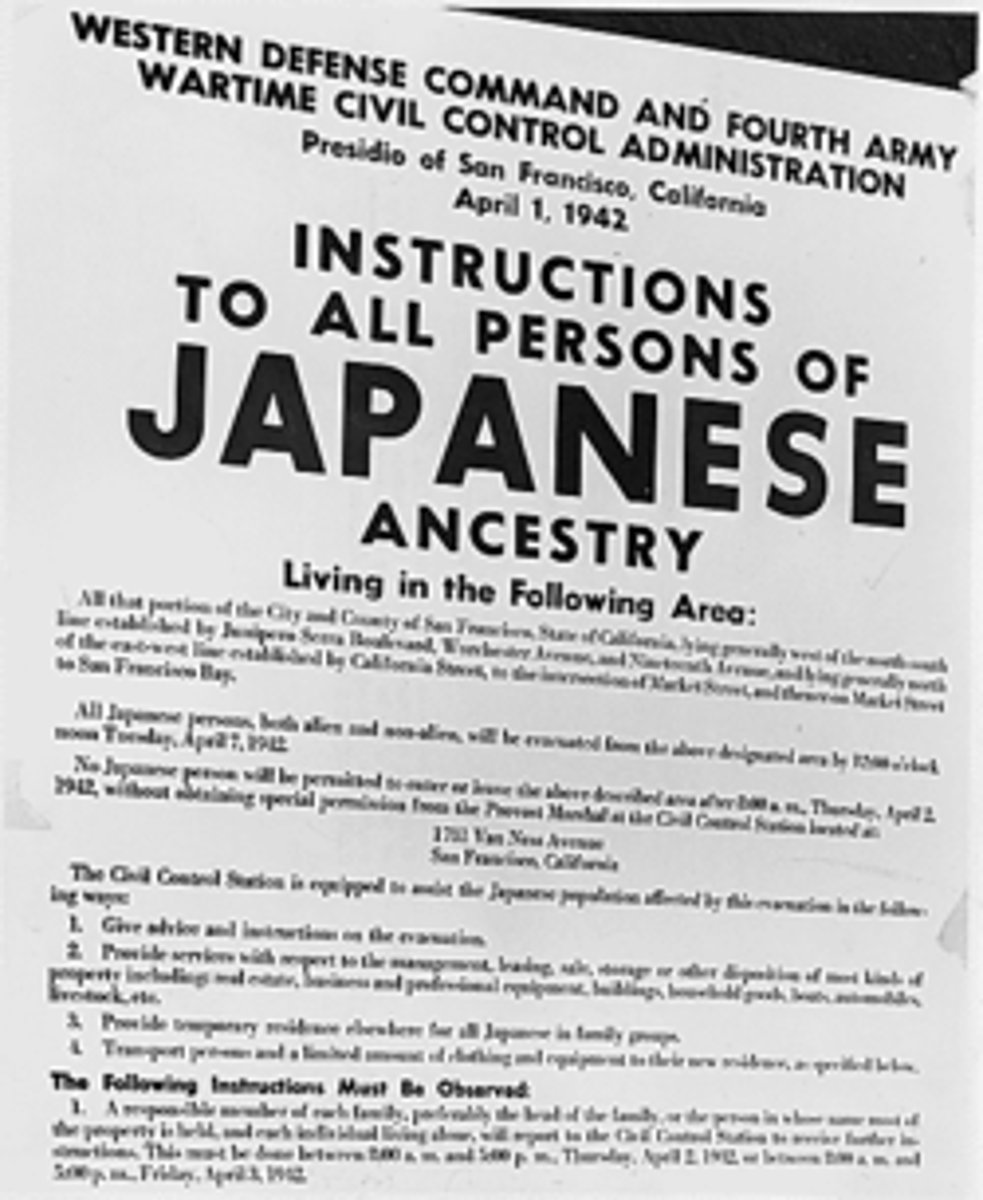
German-Soviet Non Aggression Pact
The non-aggression pact was an agreement between Hitler and Stalin not to attack each other. This allowed for German victories in the west without worries of the east
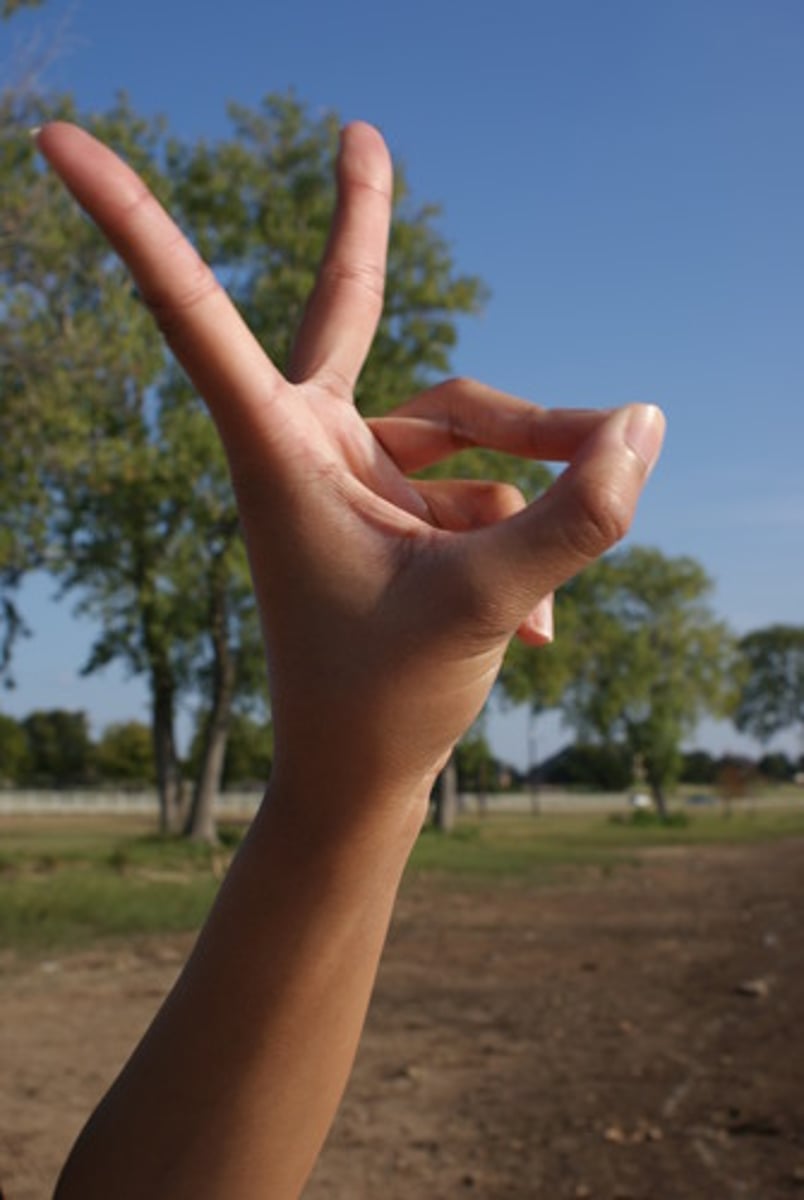
blitzkrieg
"Lighting war" typed of fast-moving warfare used by German forces against Poland in 1939
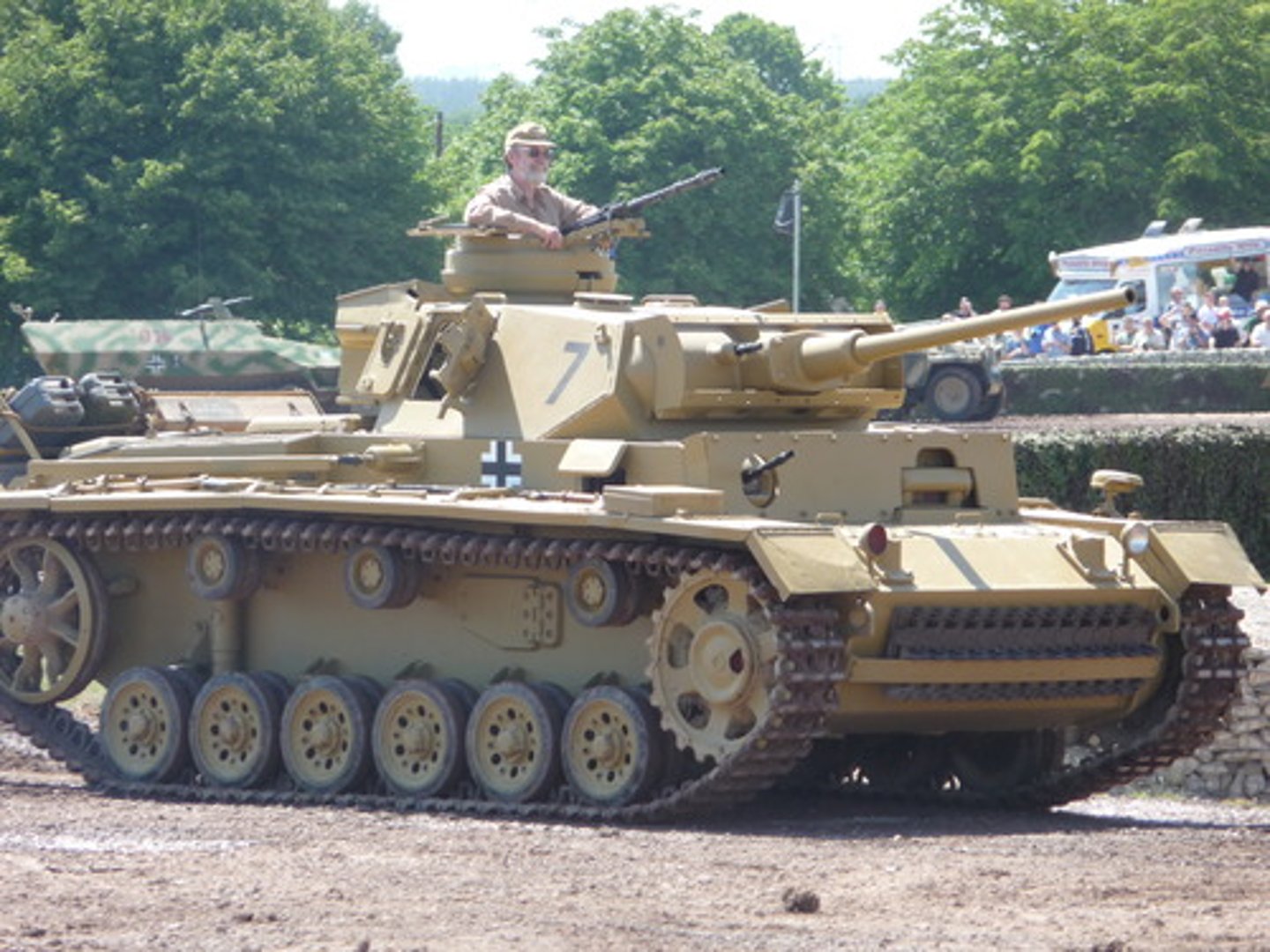
Winston Churchill
A noted British statesman who led Britain throughout most of World War II and along with Roosevelt planned many allied campaigns. He predicted an iron curtain that would separate Communist Europe from the rest of the West.

D-Day
June 6, 1944, 160,000 Allied troops landed along a 50-mile stretch of heavily-fortified French coastline to fight Nazi Germany on the beaches of Normandy, France.

Concentration Camp Liberation
As Allies advanced, Holocaust came to light; Hitler's racist "final solution"
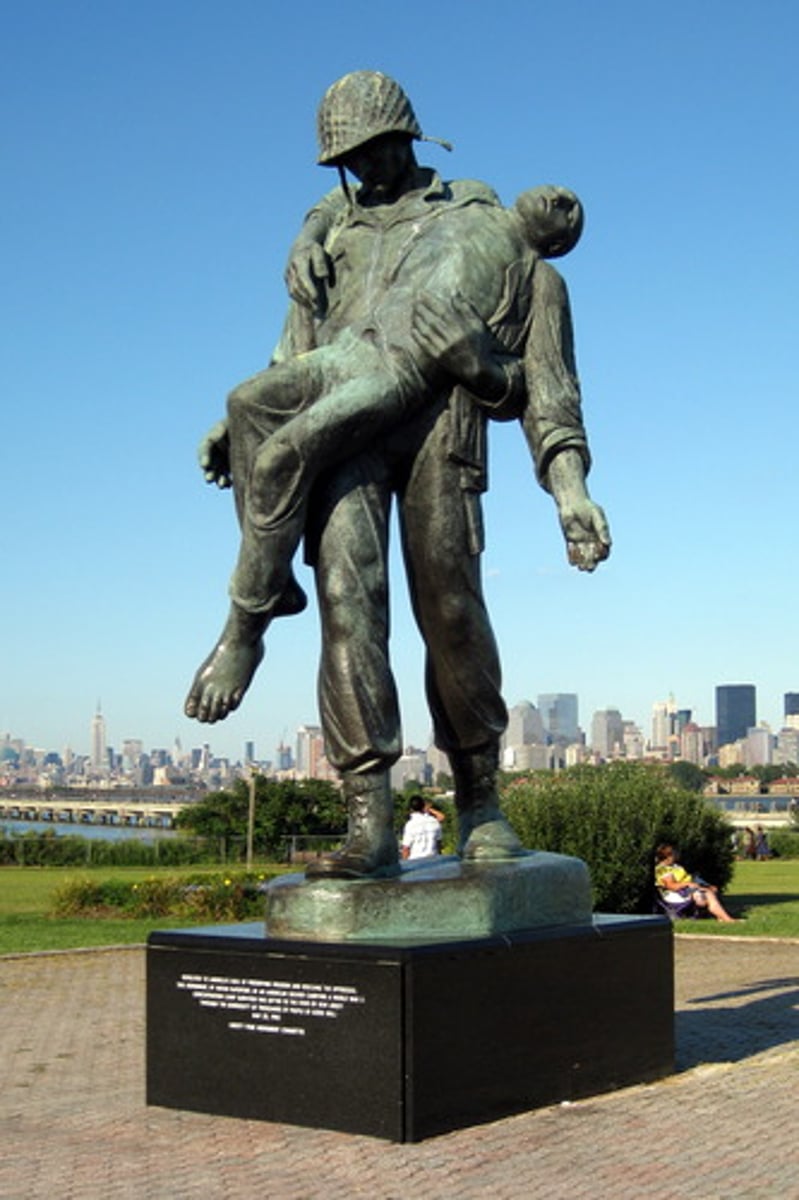
George Marshall
United States secretary of state during WWII. Formulated a program providing economic aid to European countries after World War II. The Marshall Plan provided massive American economic assistance to help Europe recover from the war.
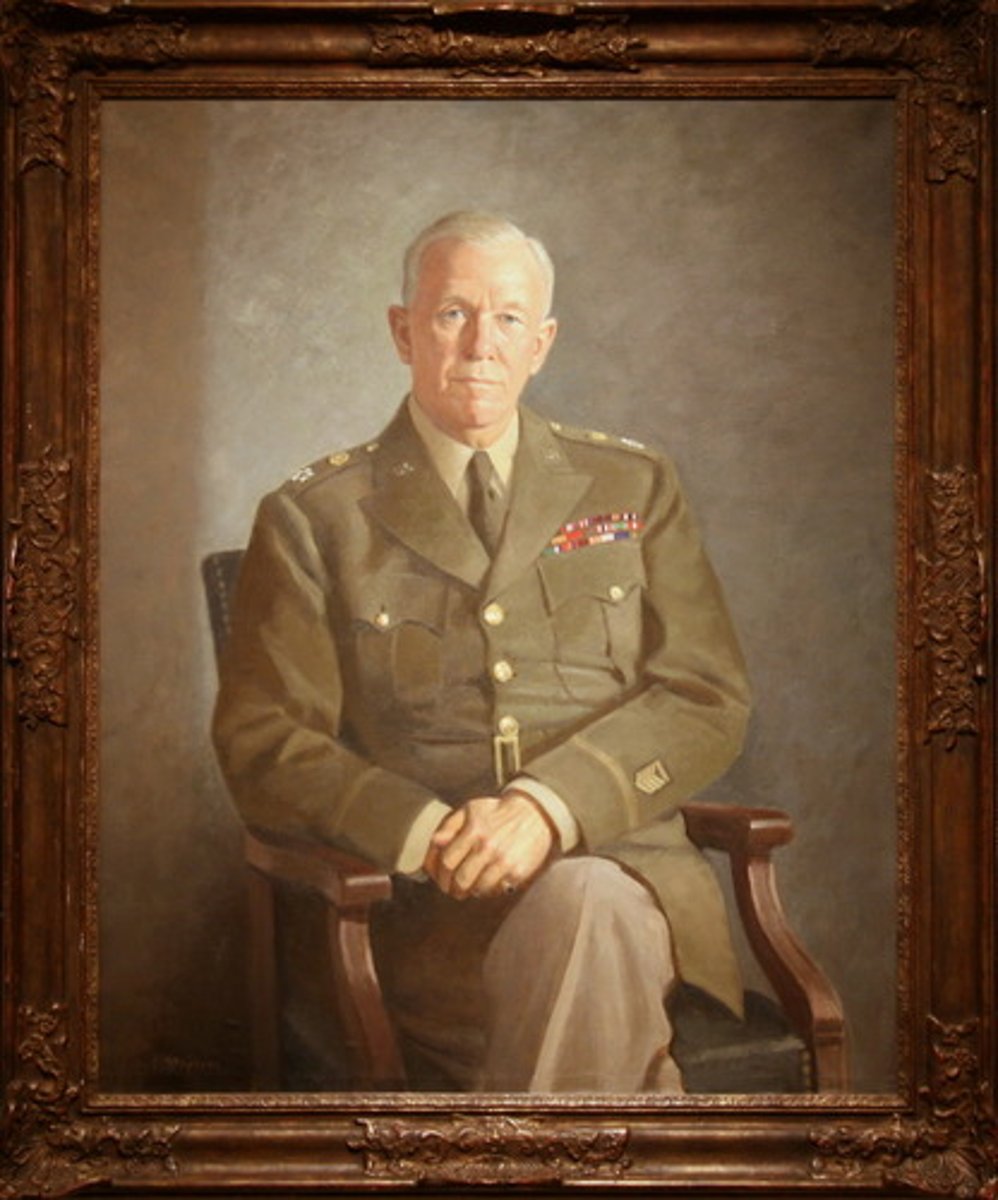
Dwight Eisenhower
Top Allied commander in Europe supervised the invasion of Normandy and the defeat of Nazi Germany. Later 34th president
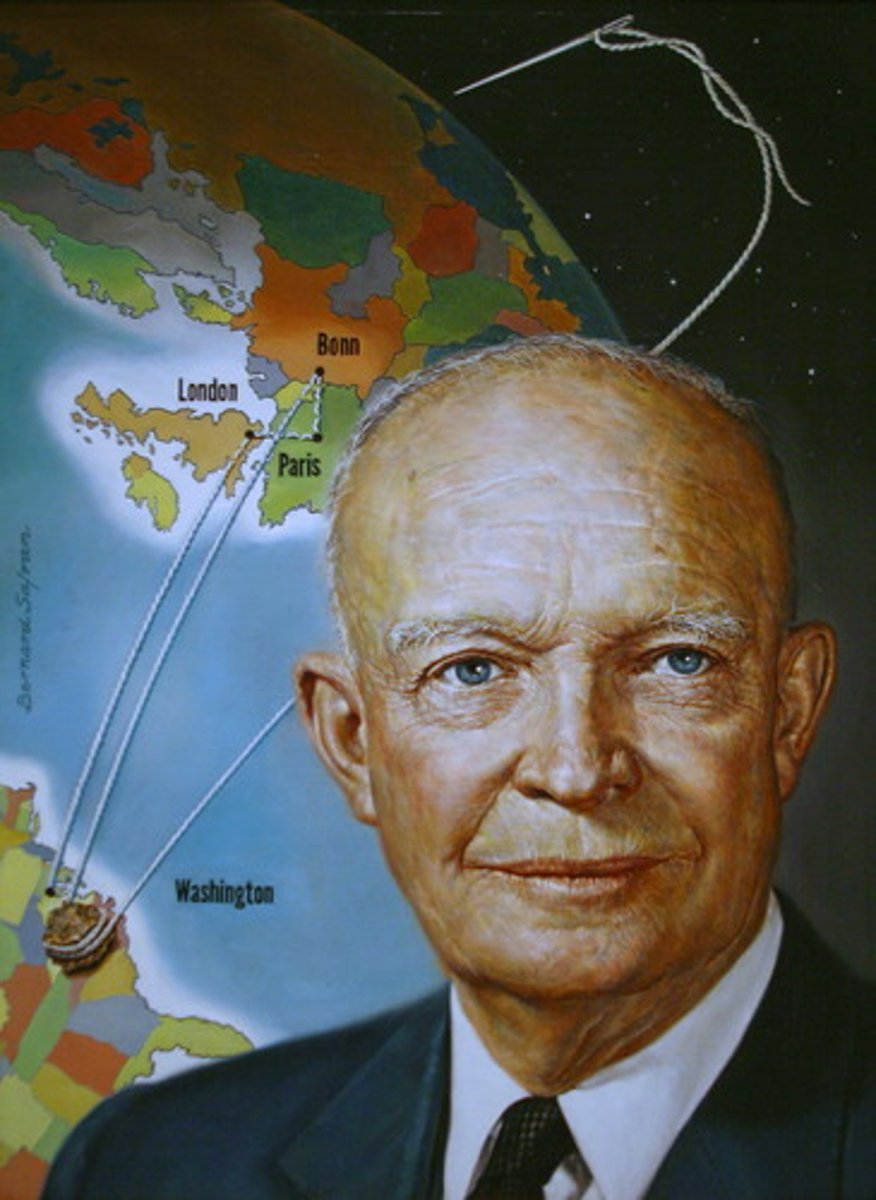
Tuskegee Airmen
all black unit of fighter pilots. trained in Tuskegee Alabama. won many awards for bravery and never lost a single pilot
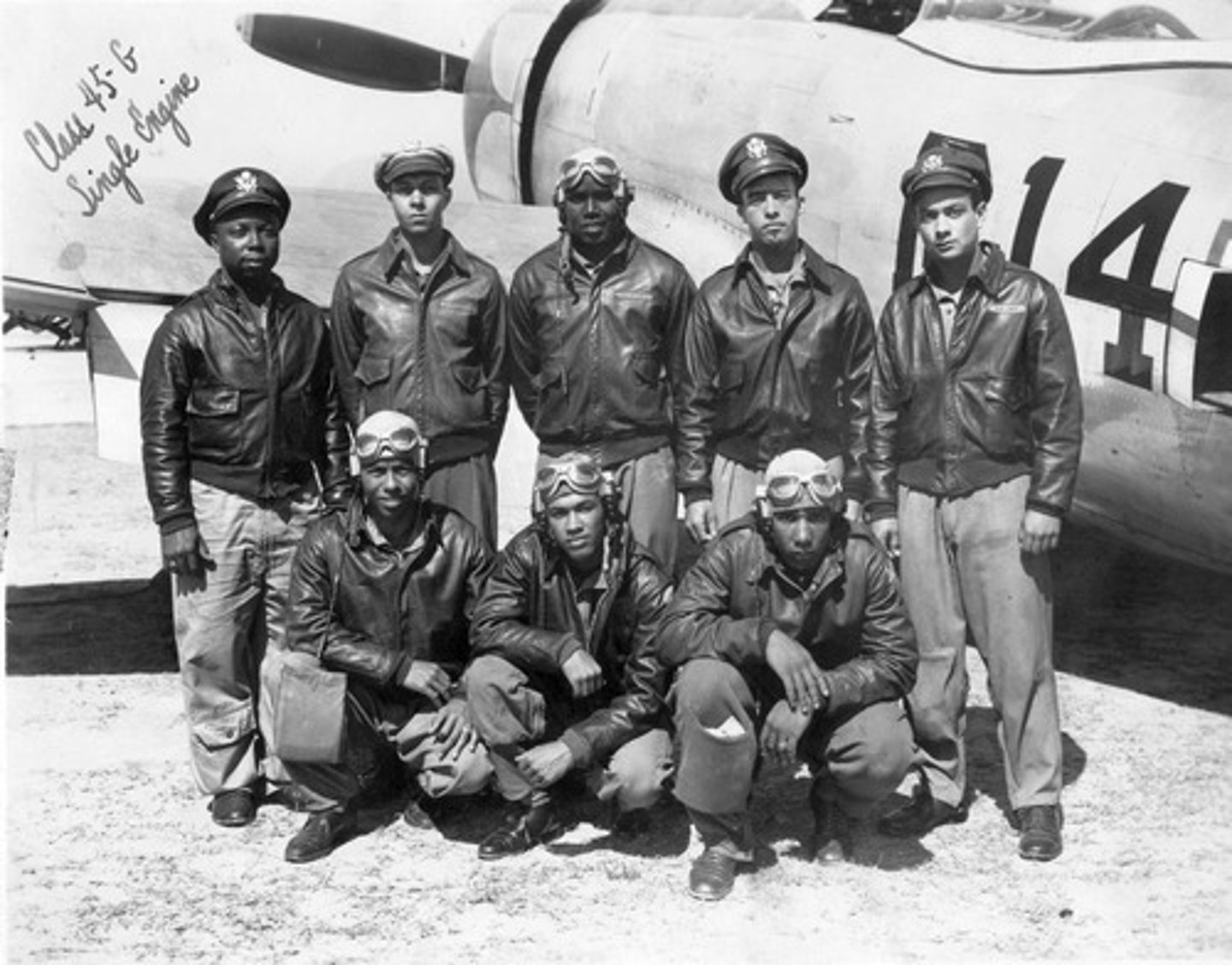
Battle of Midway
1942 World War II battle between the United States and Japan, a turning point in the war in the Pacific
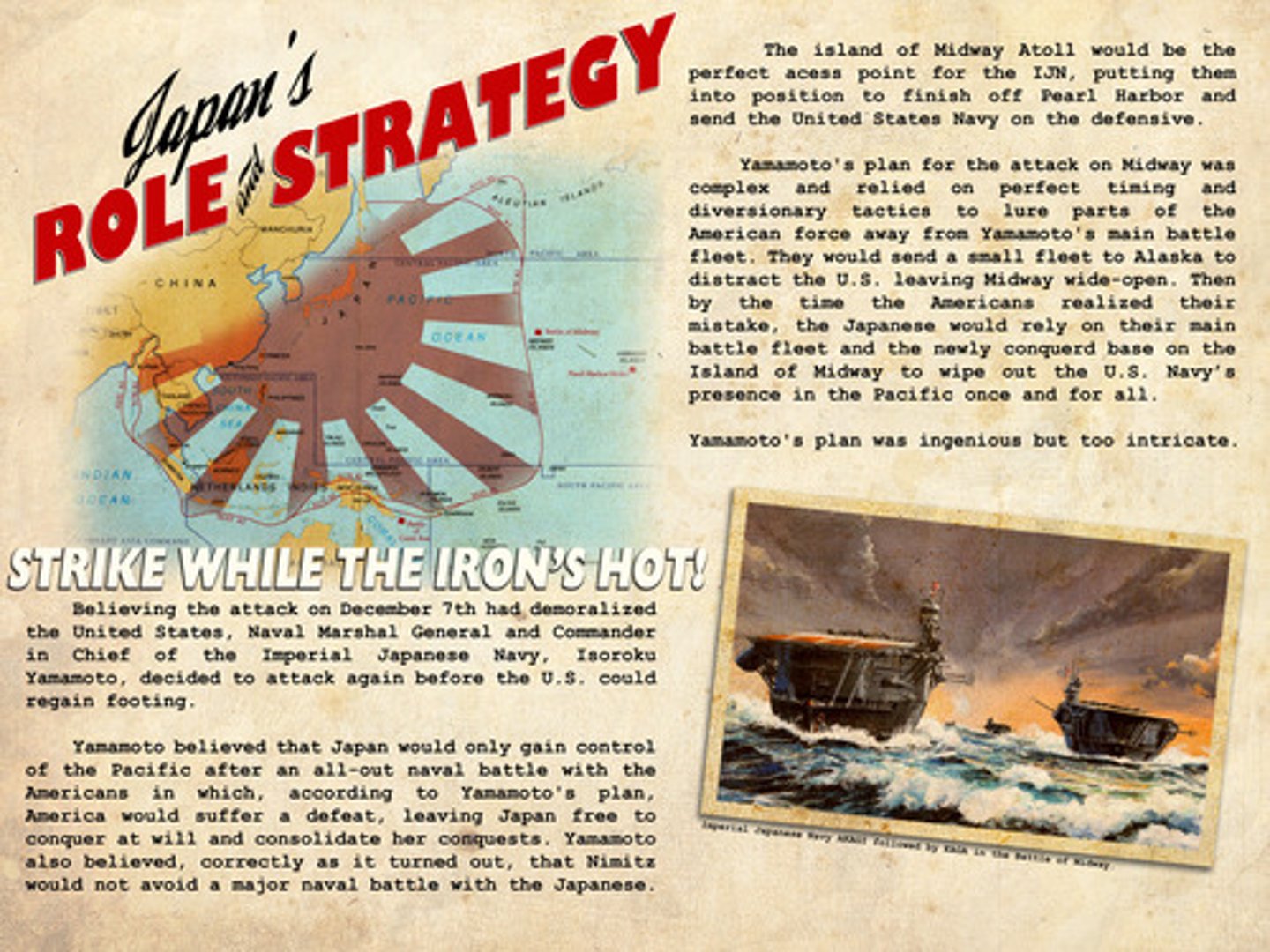
Island Hopping
A military strategy used during World War II that involved selectively attacking specific enemy-held islands and bypassing others

Atomic Bomb
bomb dropped by an American bomber on Hiroshima and Nagasaki destroying both cities
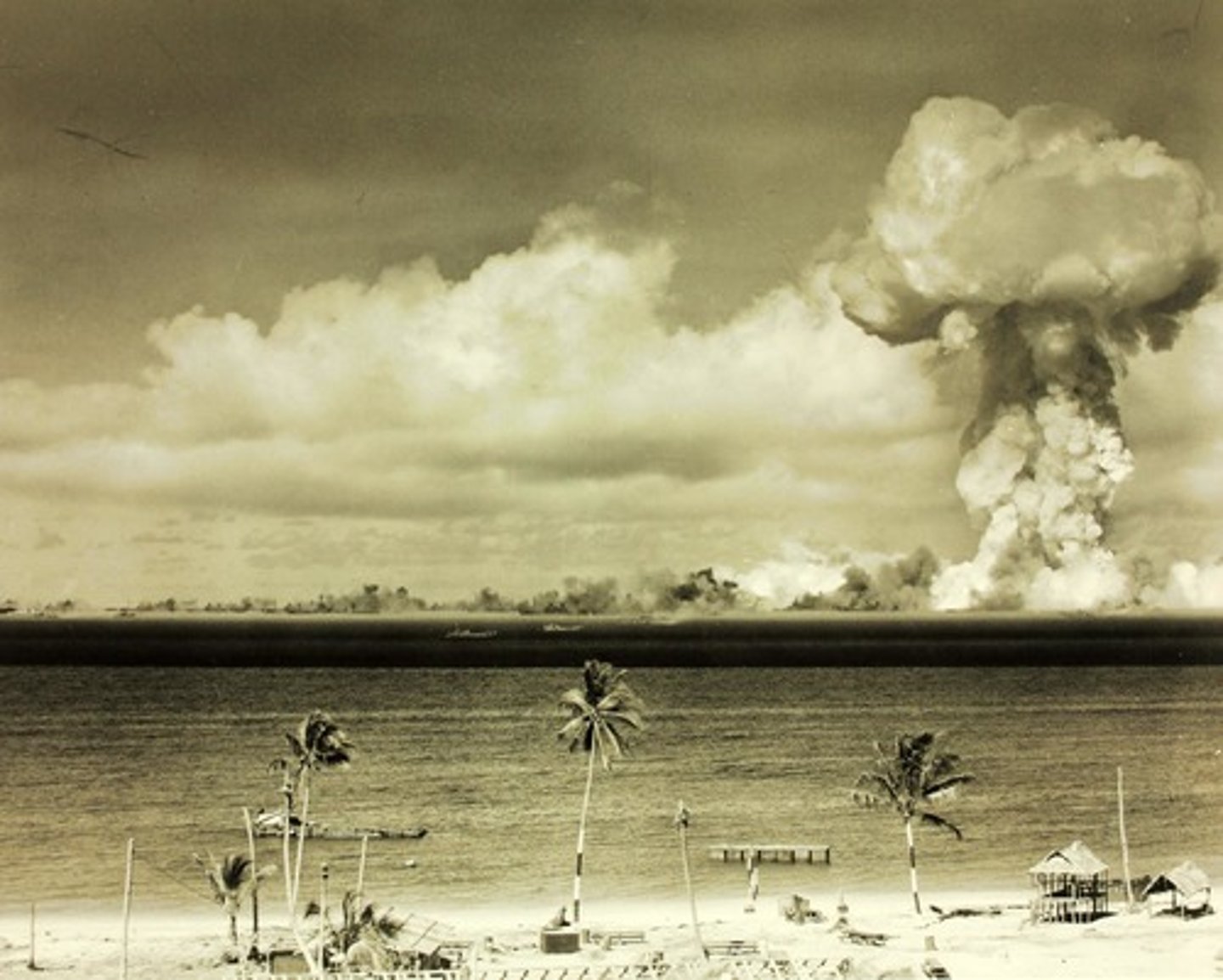
Manhattan Project
code name for the secret United States project set up in 1942 to develop atomic bombs for use in World War II
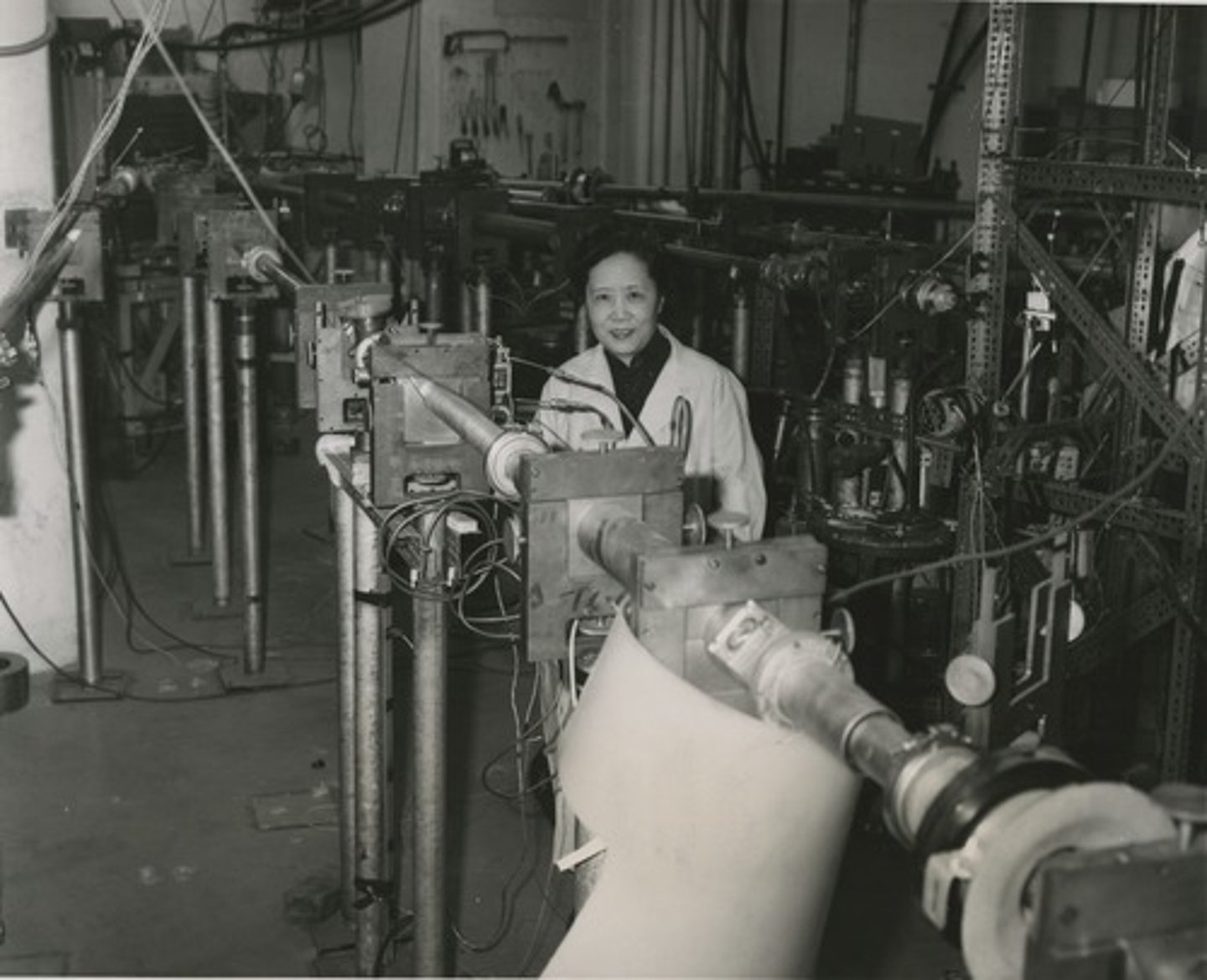
Hiroshima and Nagasaki
nuclear attacks during World War II against the Empire of Japan by the United States of America at the order of U.S. President Harry S. Truman

Douglas MacArthur
army commander in Pacific; at Bataan "I shall return" retook Philippines and led rebuilding after WWII
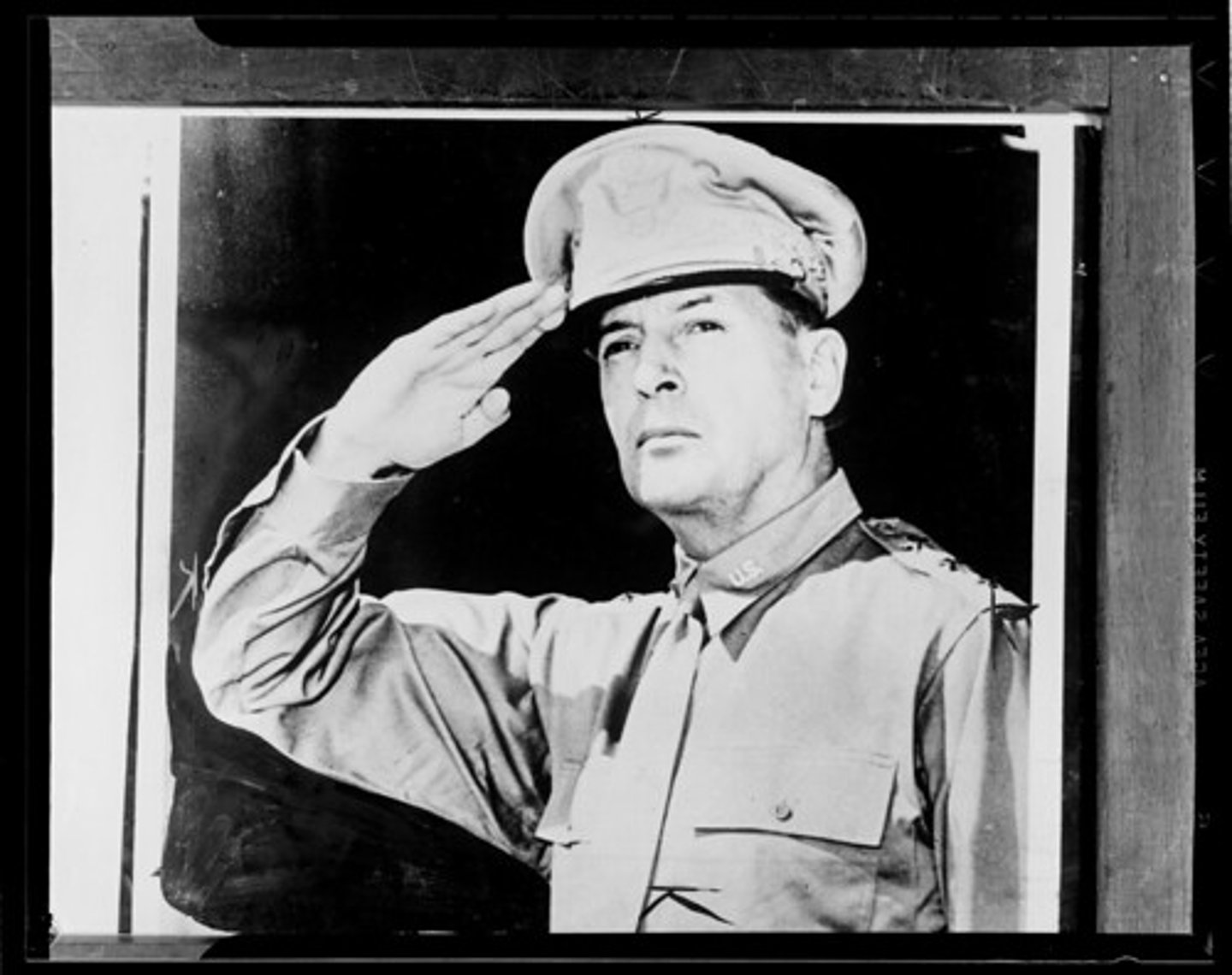
Navajo Code Talkers
Native Americans from the Navajo tribe used their own language to make a code for the U.S. military that the Japanese could not desipher
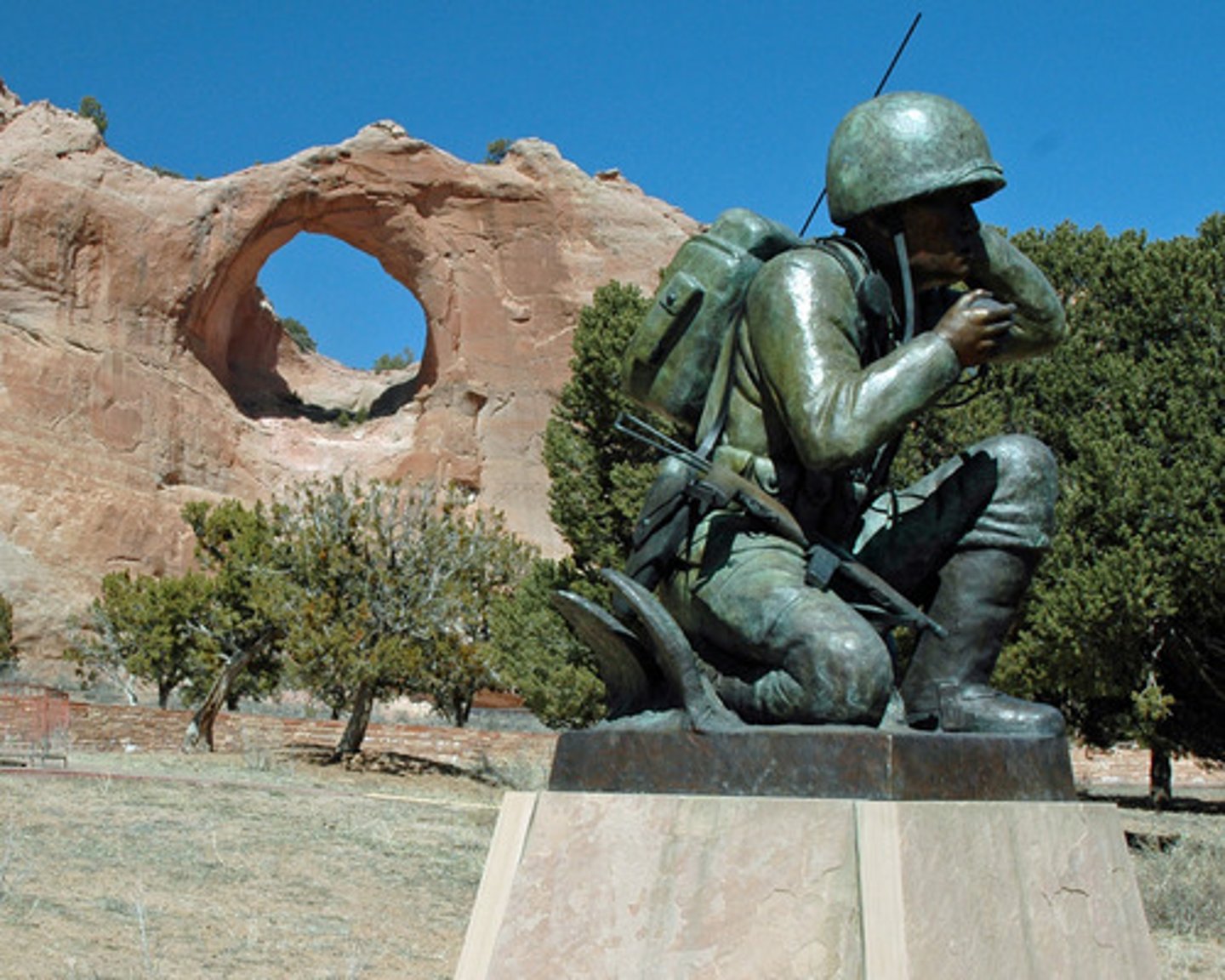
Harry S. Truman
Succeeded Franklin D. Roosevelt upon his death. Led the country through the last few months of World War II, and made the controversial decision to use two atomic bombs against Japan
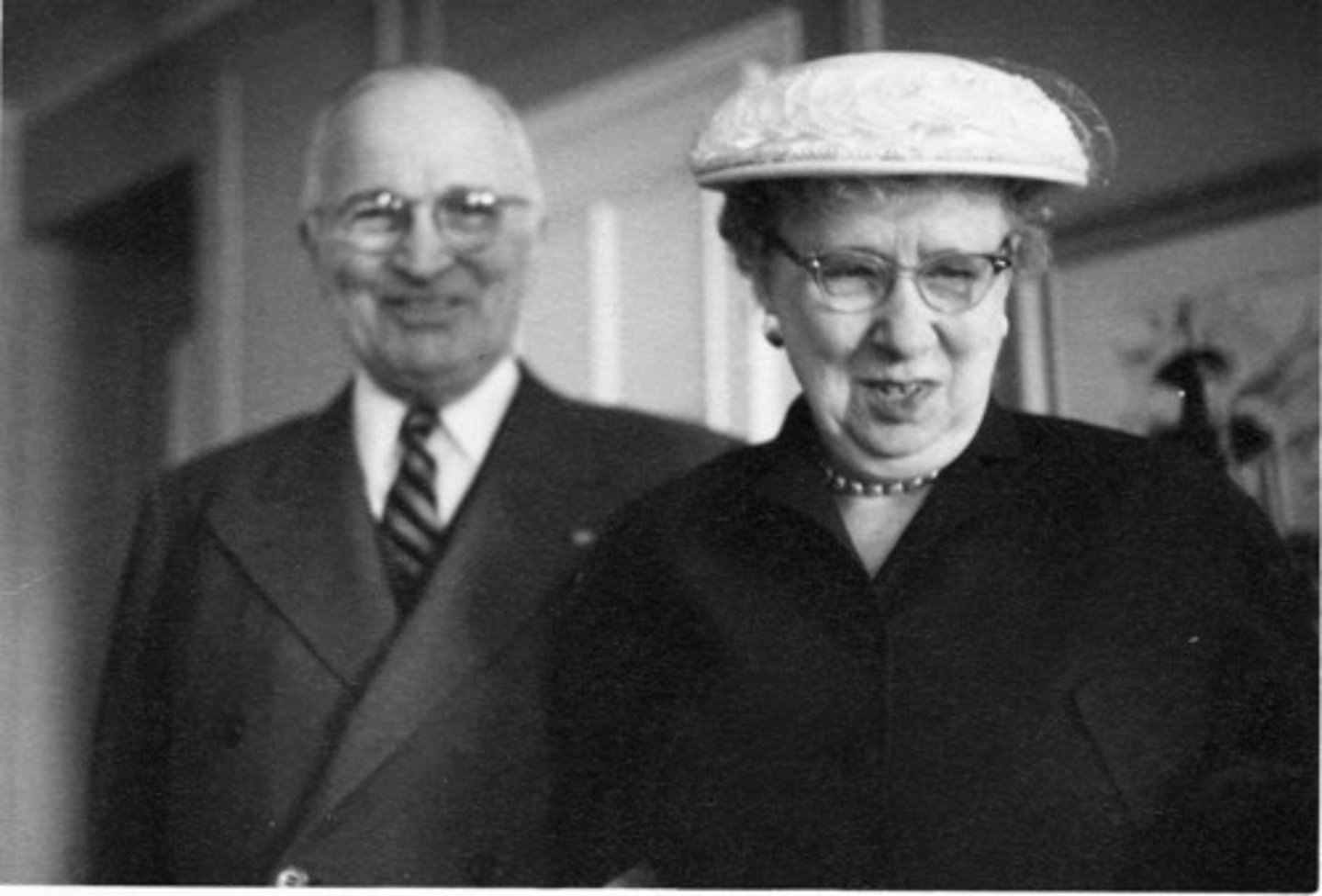
Potsdam Conference
The final wartime meeting of Truman, Churchill, and Stalin discussed the future of Europe but their failure to reach meaningful agreements soon led to the onset of the Cold War.
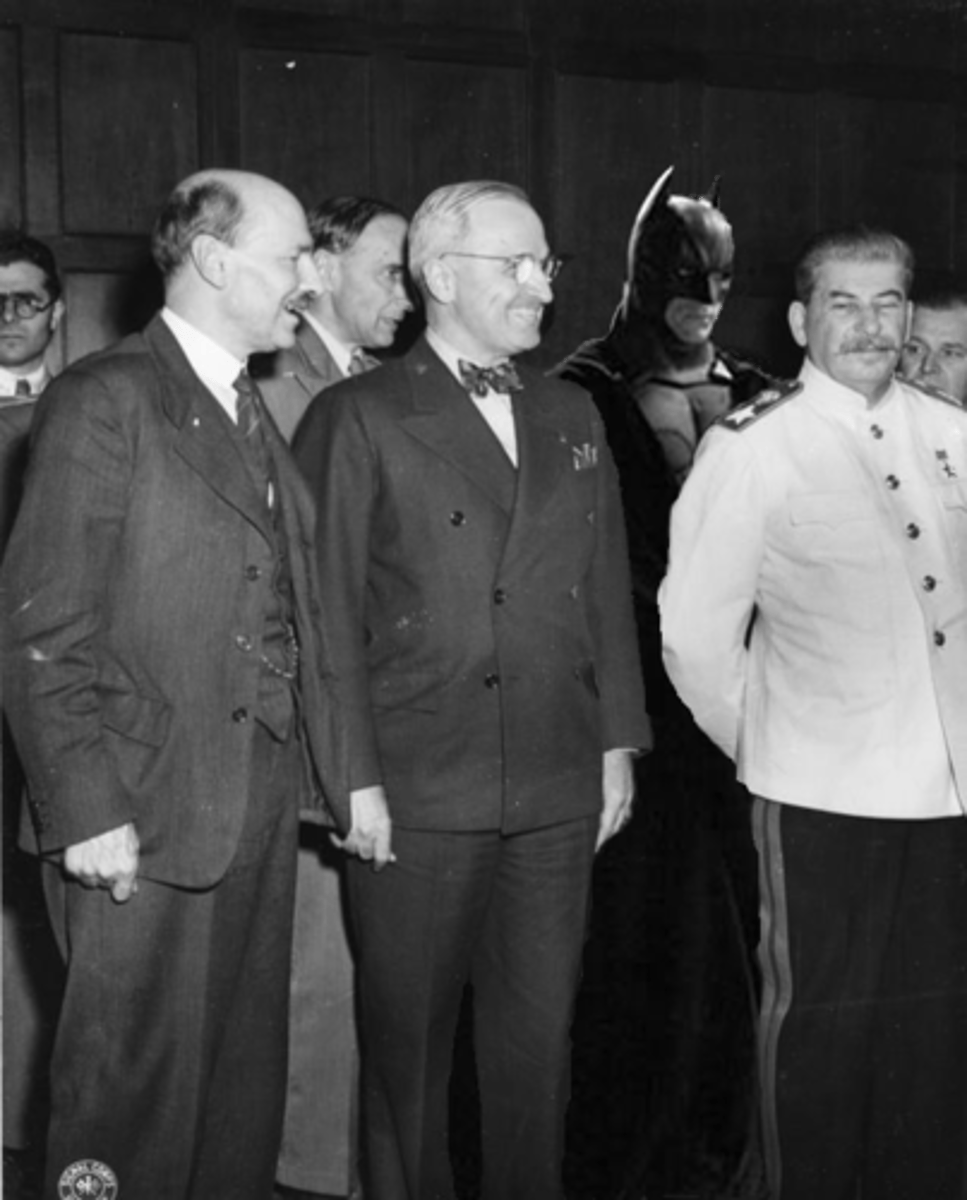
Arms Race
Cold war competition between the U.S. and Soviet Union to build up their respective armed forces and weapons
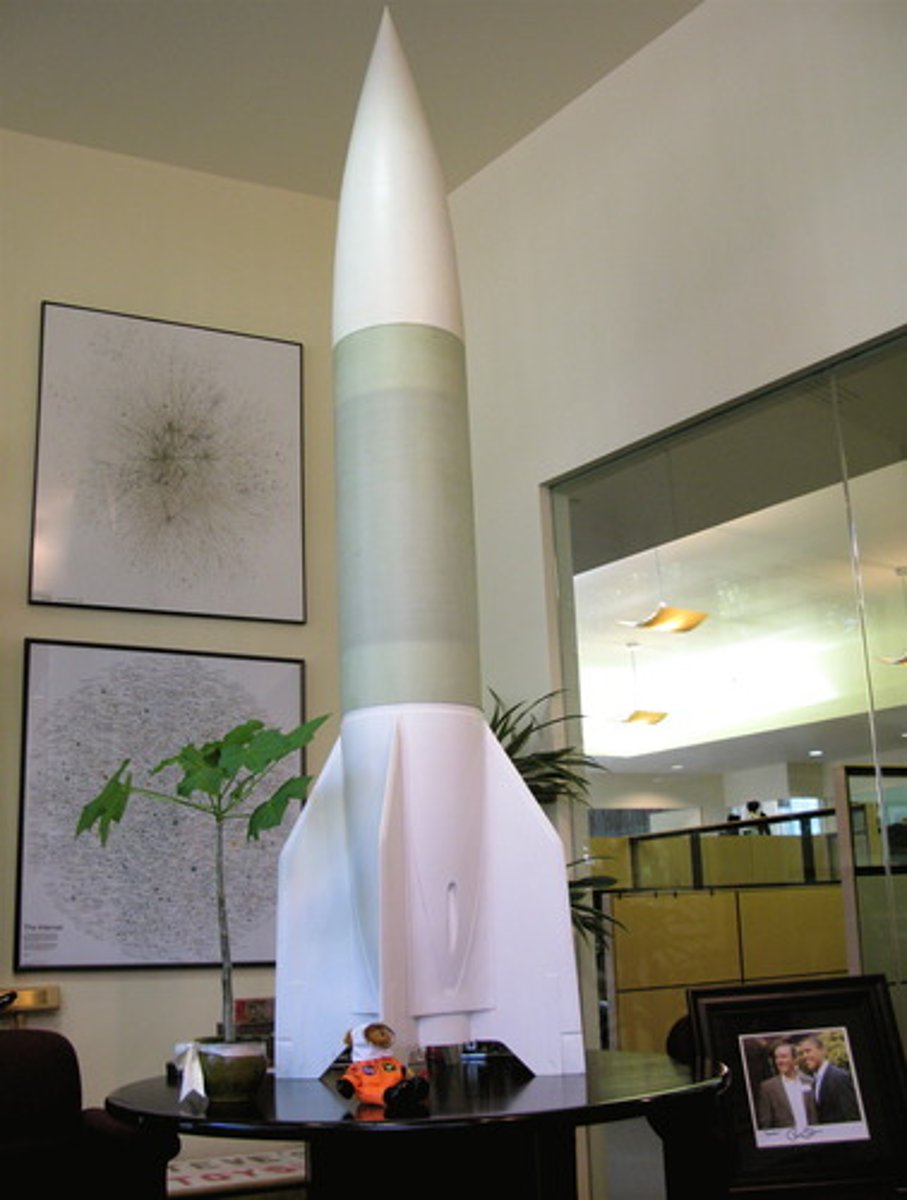
Communist Revolution in China
a revolution led by Mao Zedong and the Red Guards whose focus was to establish a society in which all people were equal, also called the Cultural Revolution
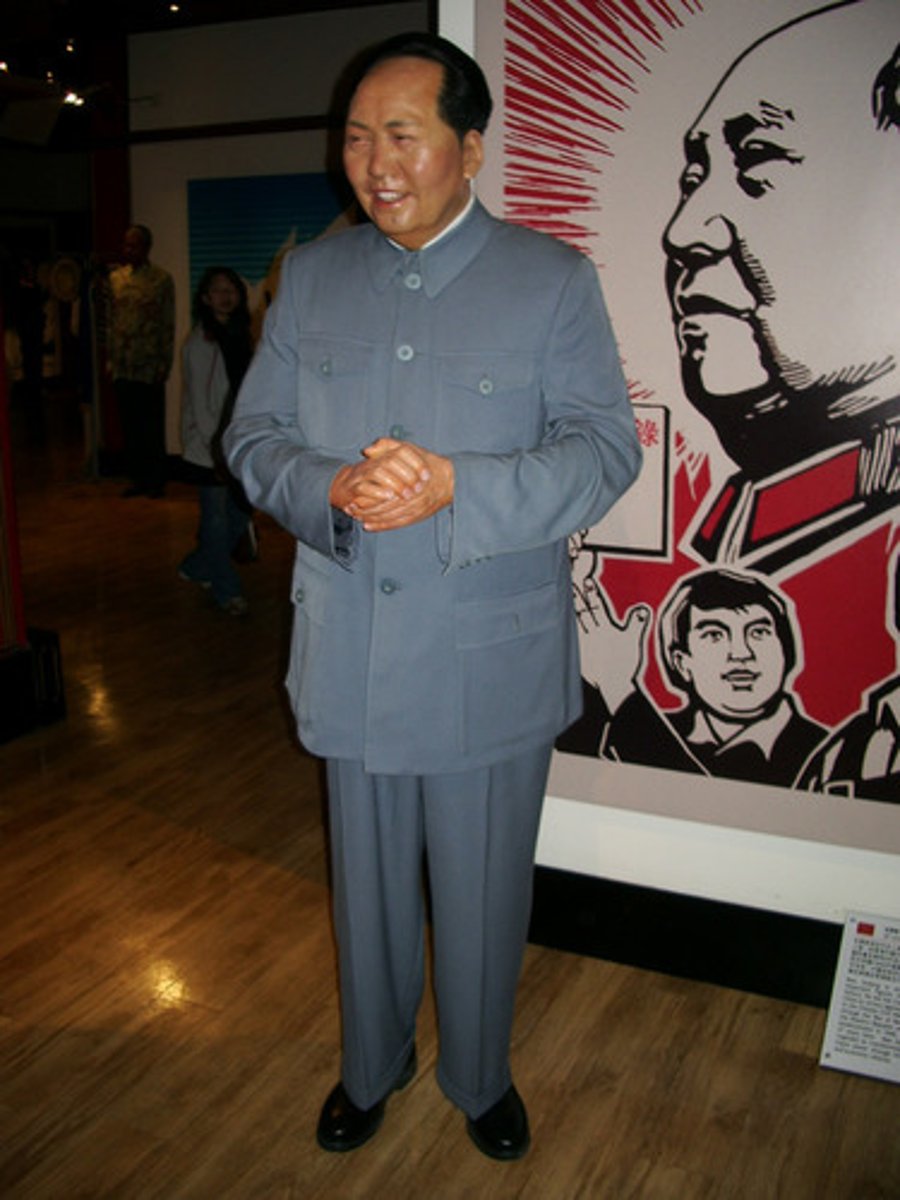
Julius and Ethel Rosenberg
Arrested in the Summer of 1950 and executed in 1953, they were convicted of conspiring to commit espionage by passing plans for the atomic bomb to the Soviet Union.

McCarthyism
The term associated with Senator Joseph McCarthy who led the search for communists in America during the early 1950s through his leadership in the House Un-American Activities Committee.
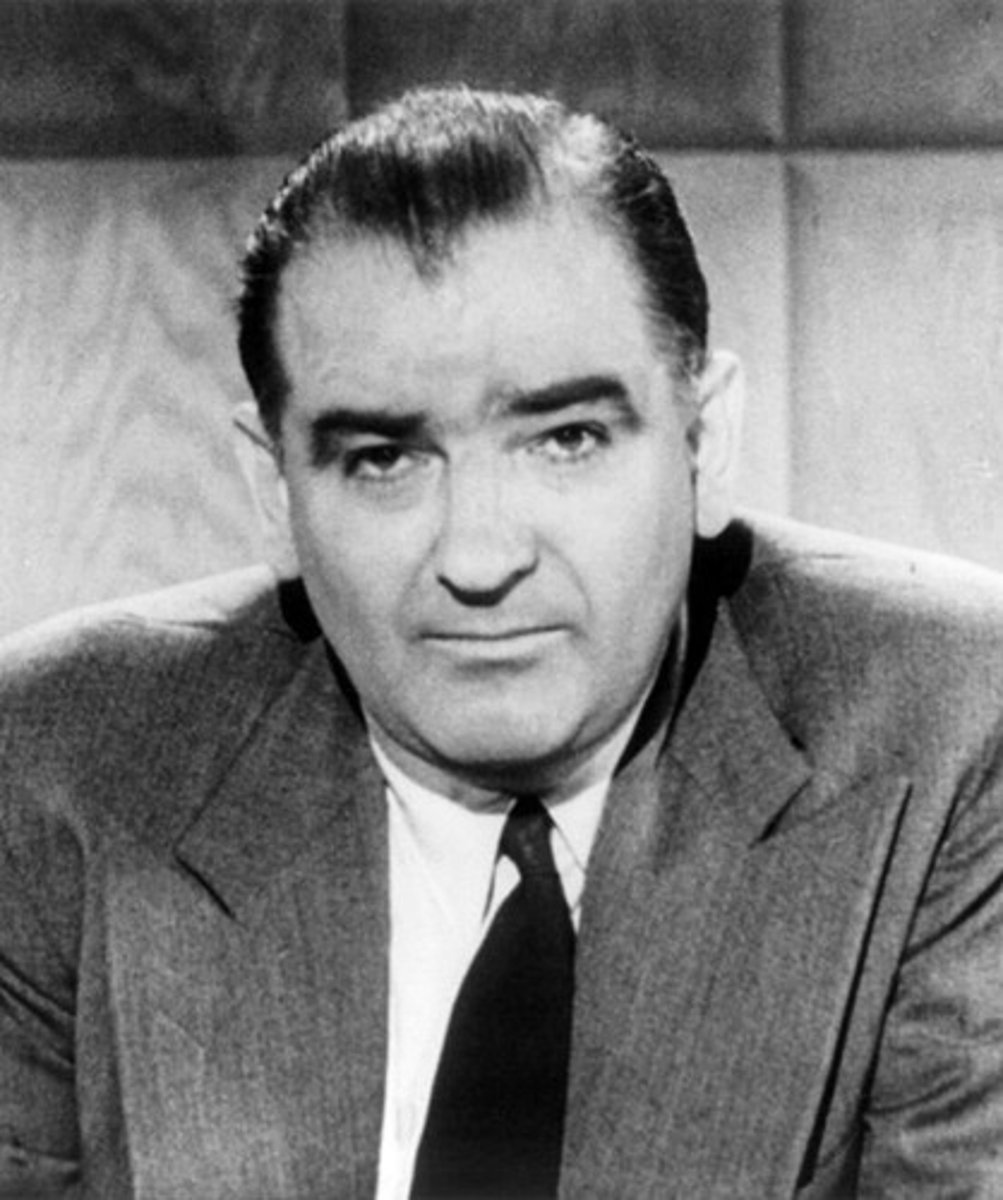
Space Race
a competition of space exploration between the United States and Soviet Union
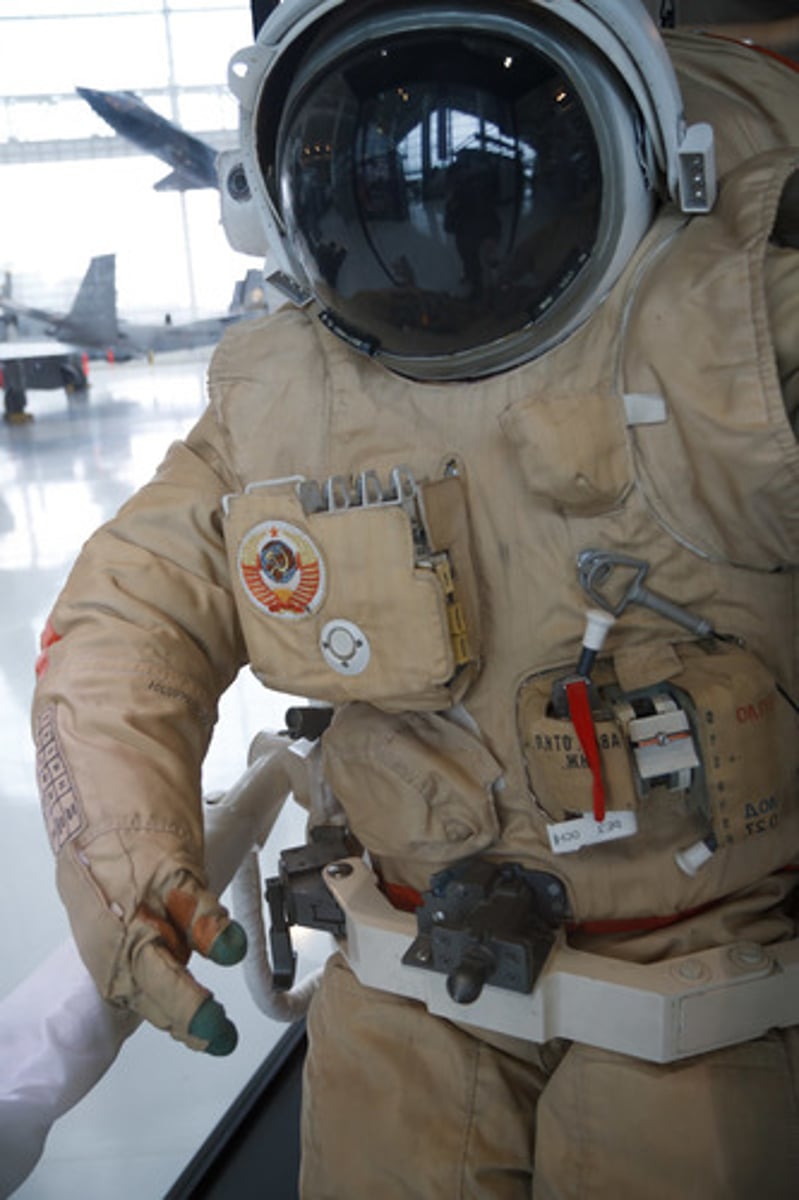
1957
Sputnik launched; starts the Space Race
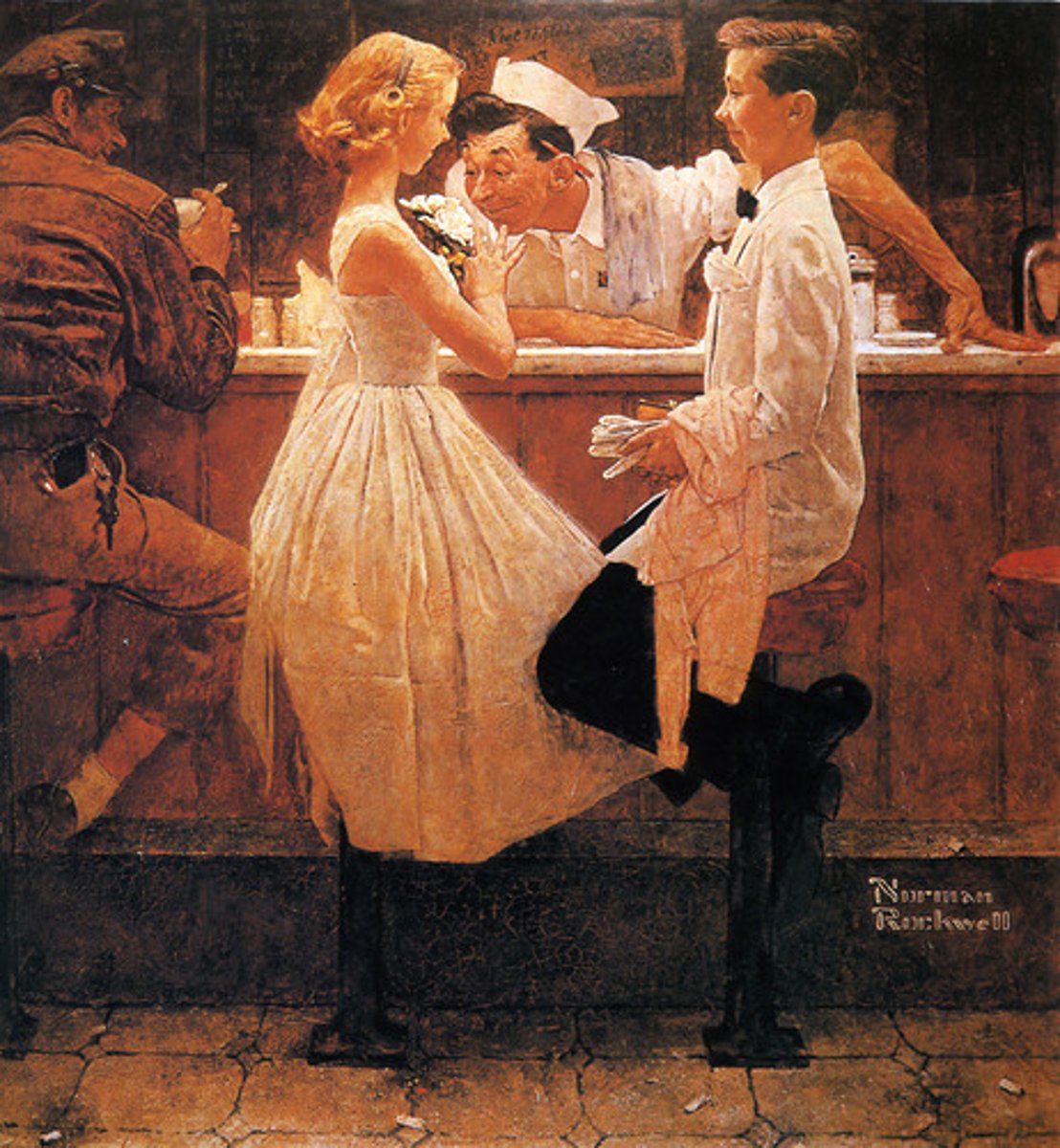
Truman Doctrine
President Truman's policy of providing economic and military aid to any country threatened by communism or totalitarian ideology, mainly helped Greece and Turkey
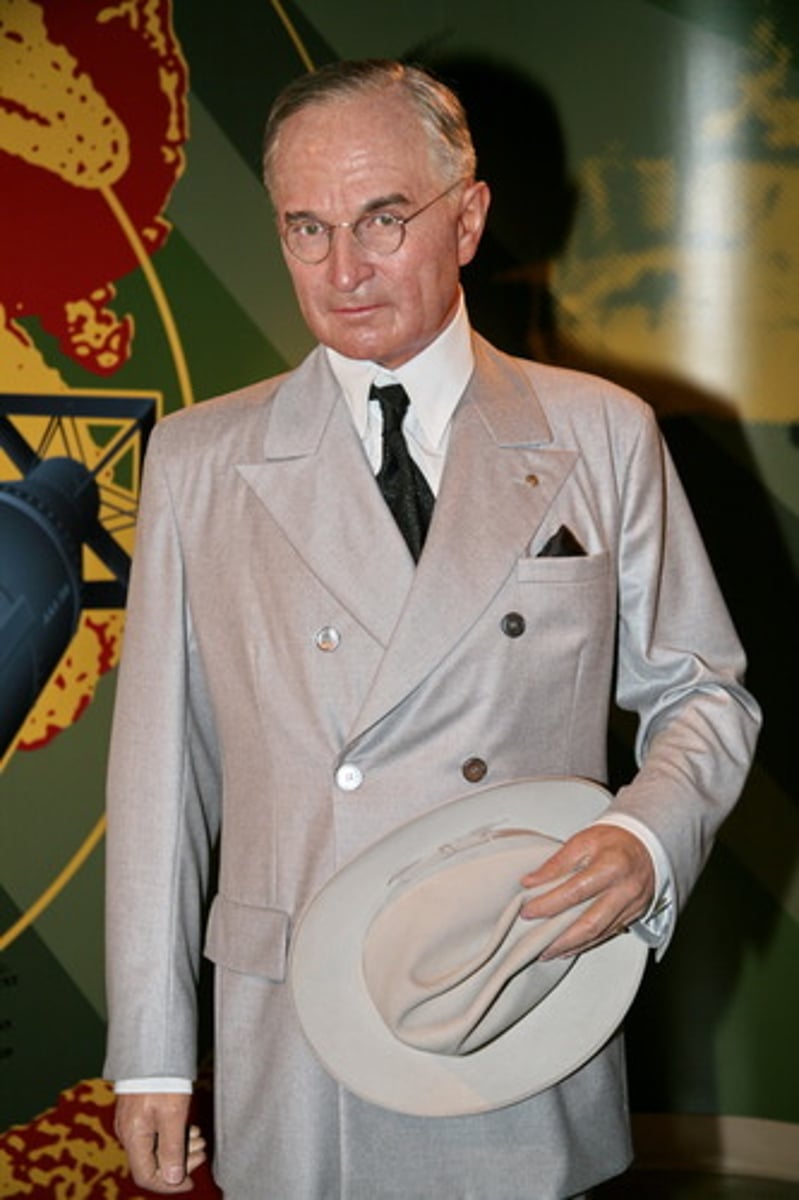
Marshall Plan
A plan that the US came up with to revive war-torn economies of Europe. This plan offered $13 billion in aid to western and Southern Europe.
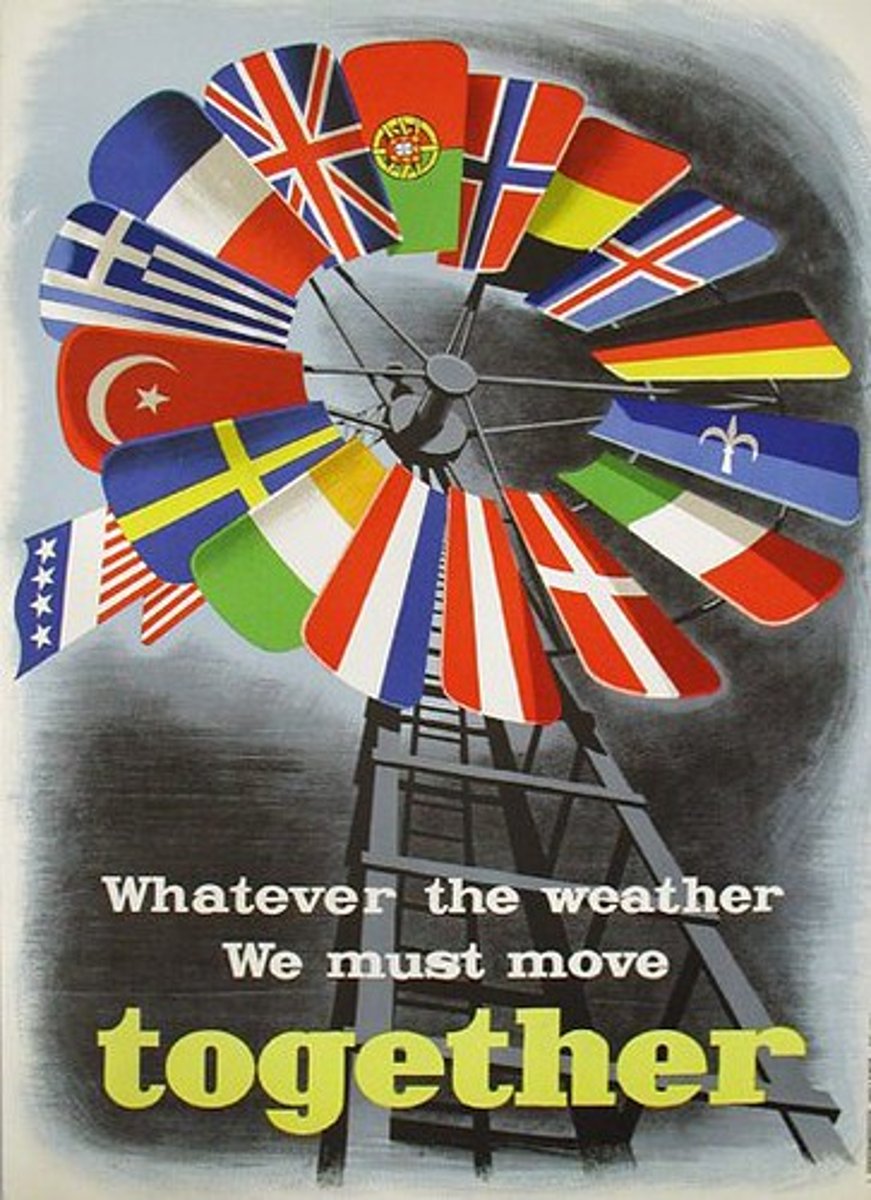
Berlin Airlift
Airlift in 1948 that supplied food and fuel to citizens of west Berlin when the Russians closed off land access to Berlin.
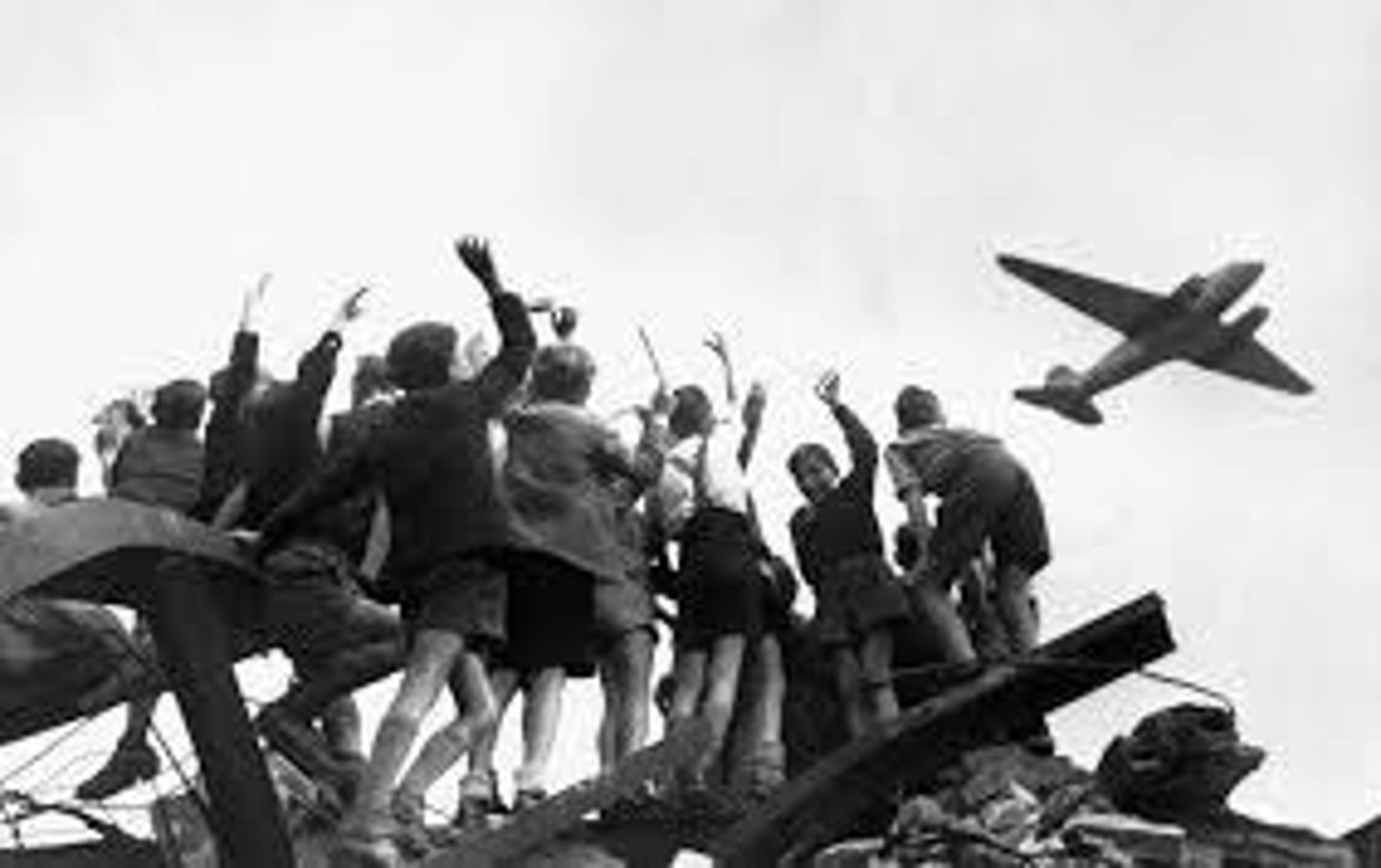
North Atlantic Trade Agreement (NATO)
International Organization set up in 1949 to provide for the defense of western European countries and the United States from the perceived Soviet threat
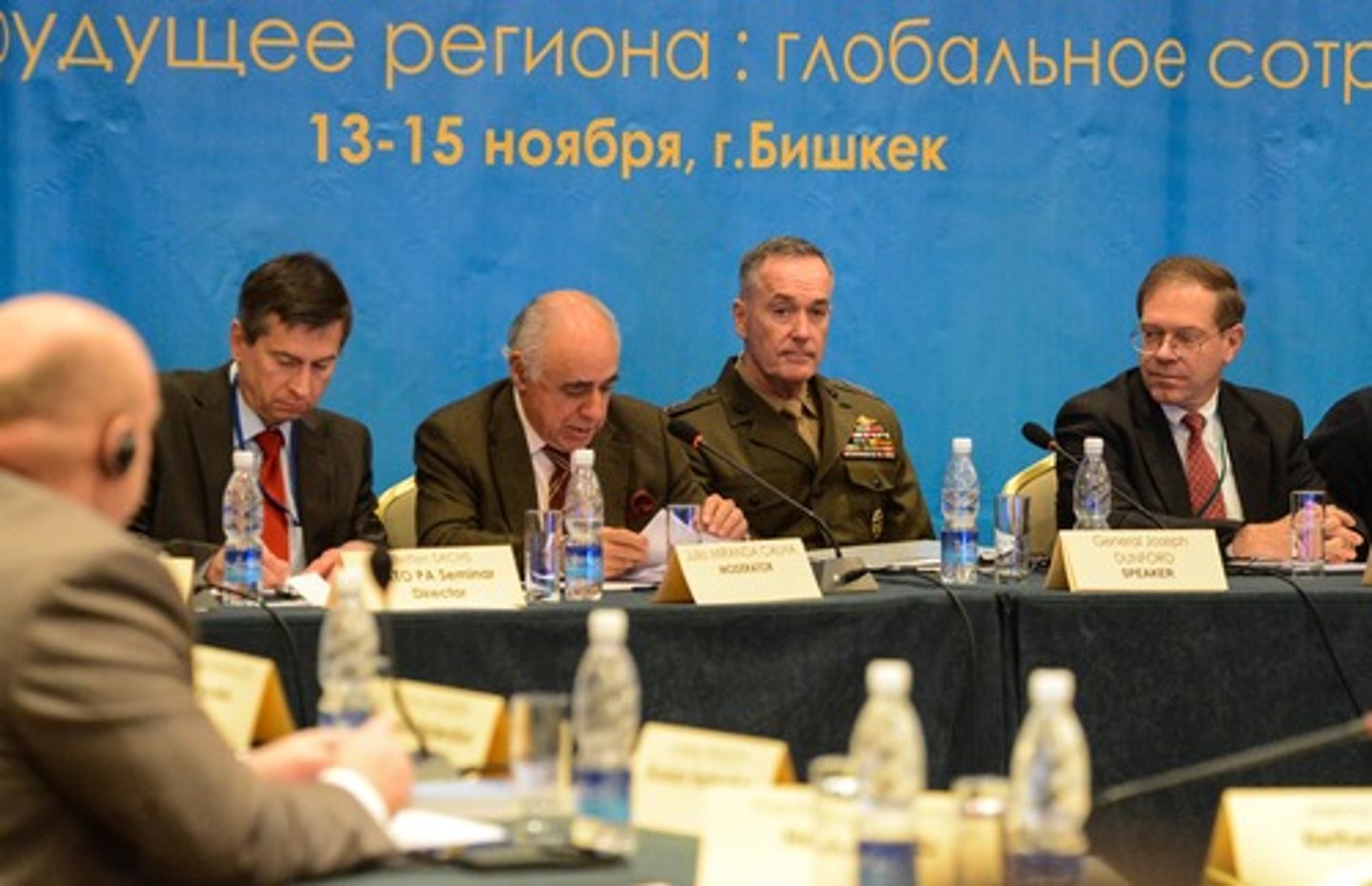
Korean War
..., The conflict between Communist North Korea and Non-Communist South Korea. The United Nations (led by the United States) helped South Korea.
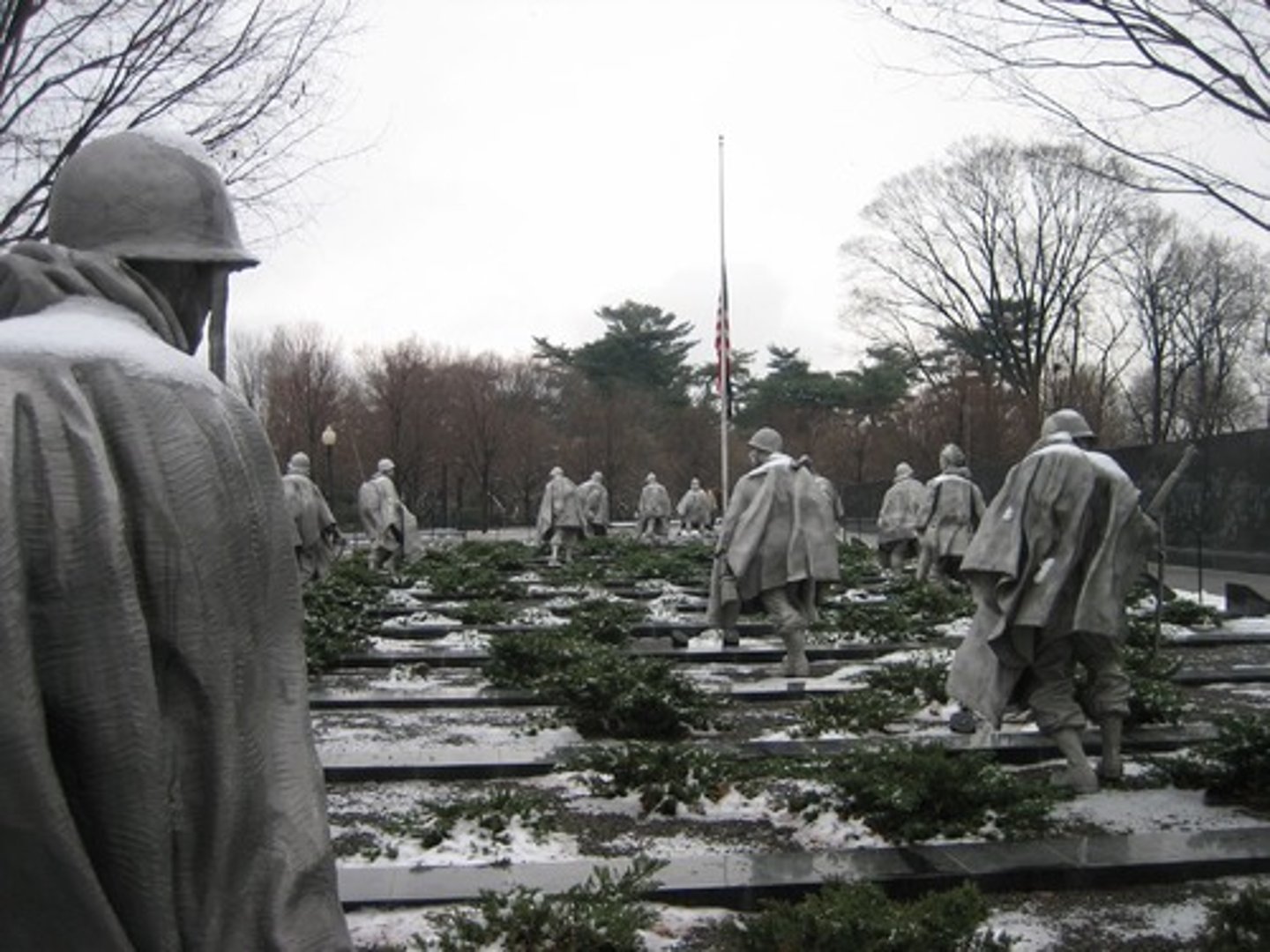
Containment
American policy of resisting further expansion of communism around the world
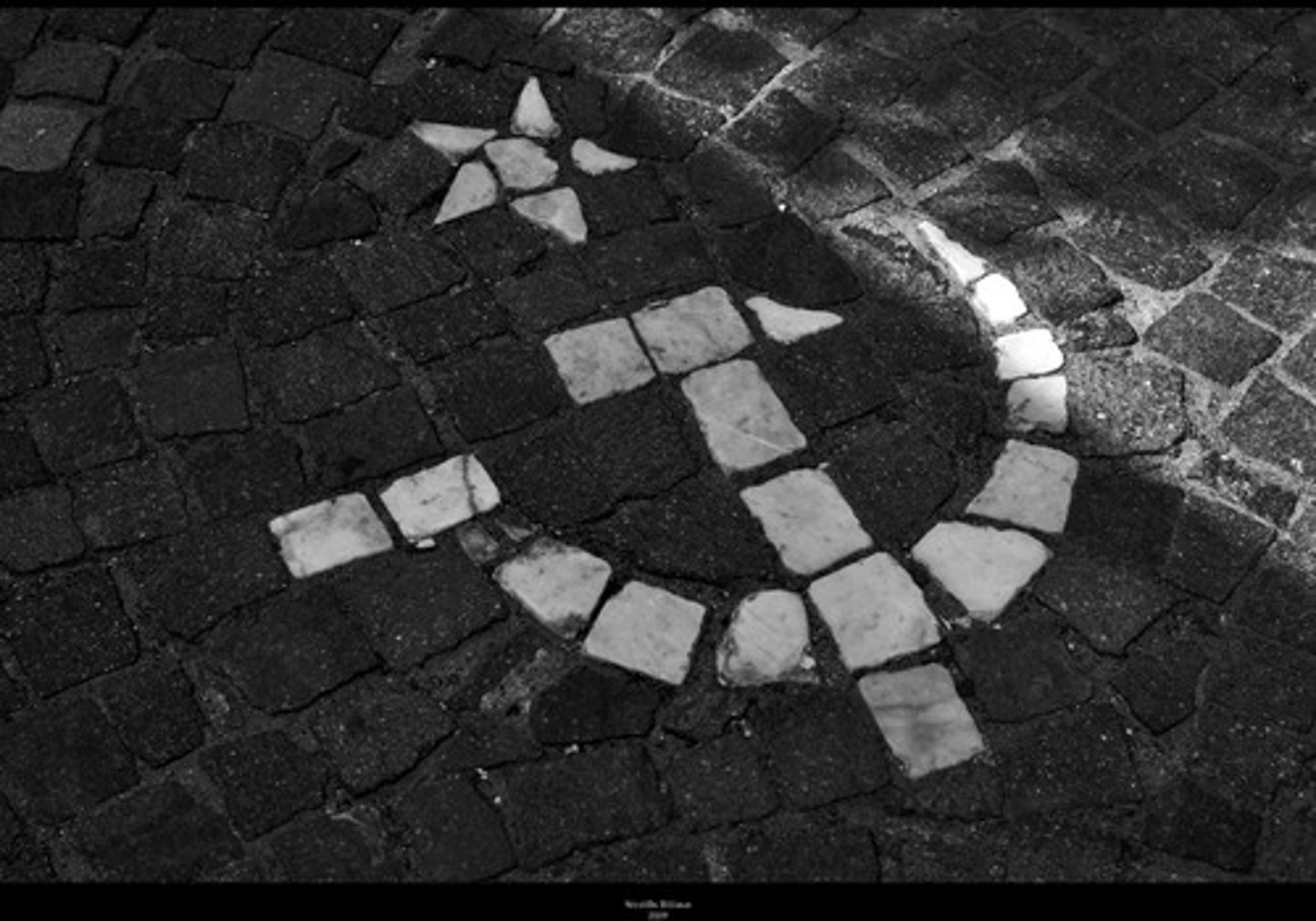
Limited War
A war fought to achieve a limited objective, such as containing communism
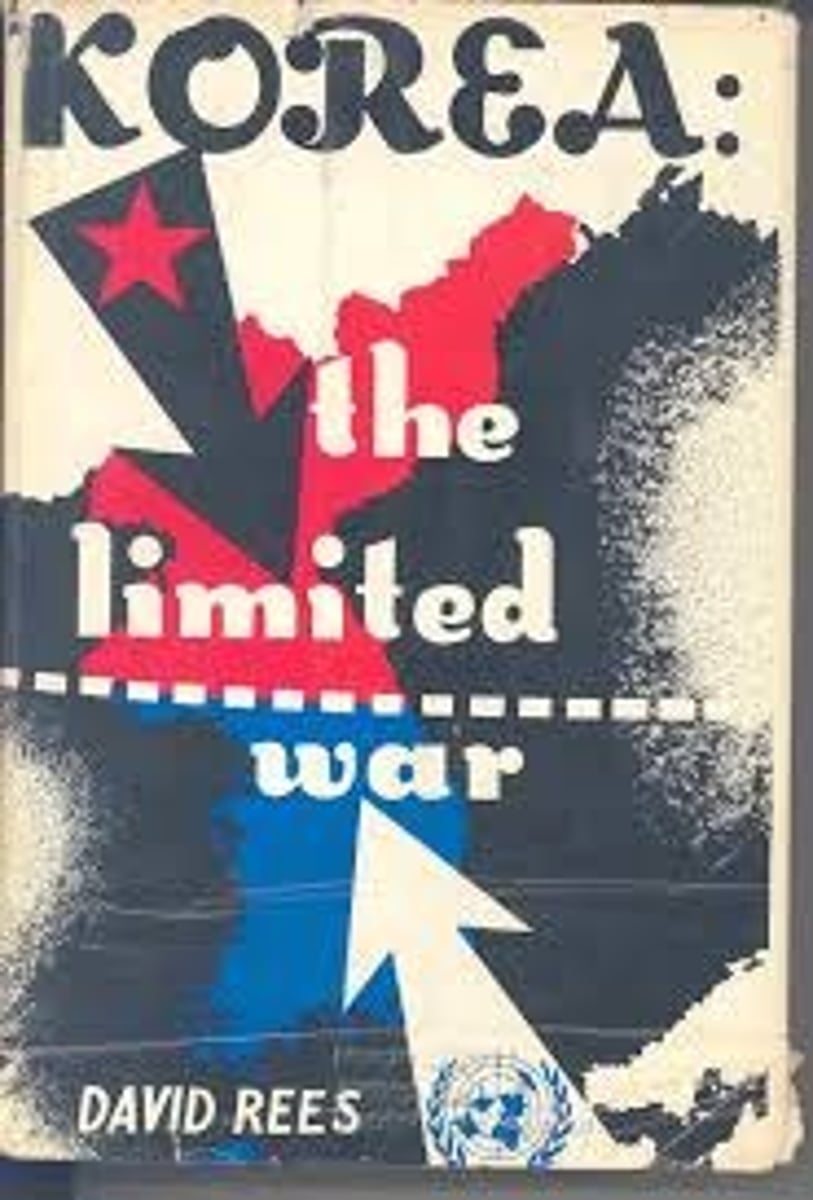
Cuban Missile Crisis
an international crisis in October 1962, the closest approach to nuclear war at any time between the U.S. and the USSR. When the U.S. discovered Soviet nuclear missiles on Cuba, President John F. Kennedy demanded their removal and announced a naval blockade of the island; the Soviet leader Khrushchev acceded to the U.S. demands a week later.

GI Bill
law passed in 1944 to help returning veterans buy homes and pay for higher educations
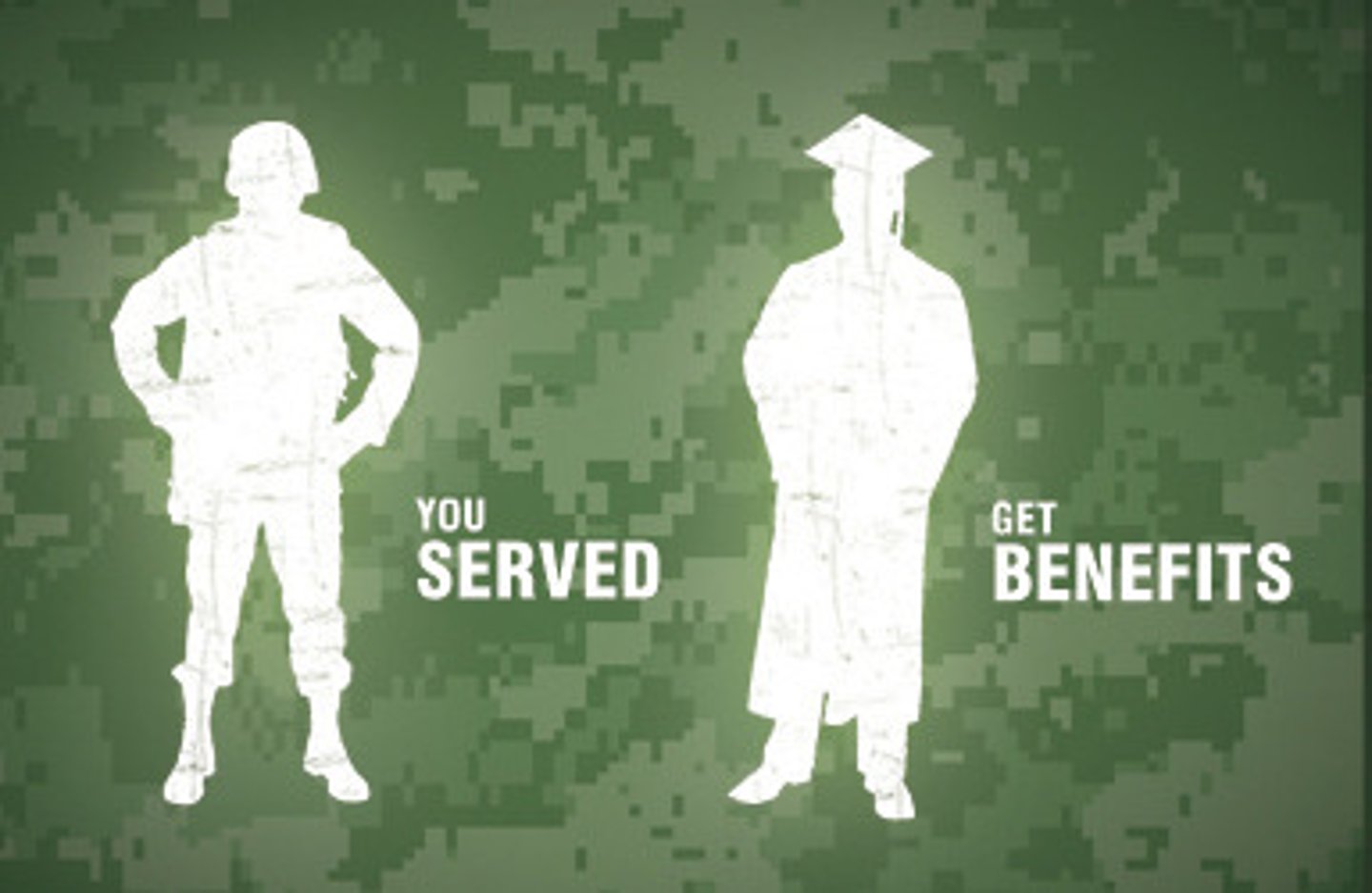
Baby Boom
30 million war babies were born between 1942 and 1950.
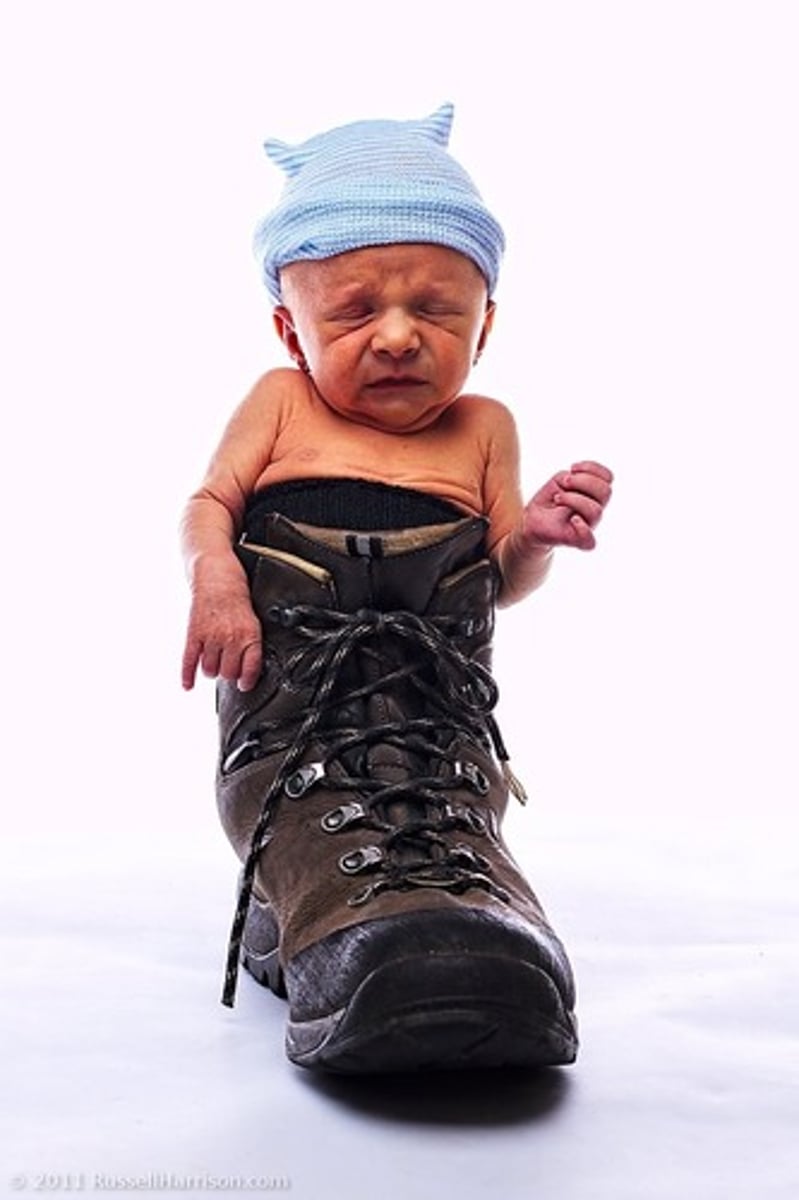
White Flight
working and middle-class white people move away from racial-minority suburbs or inner-city neighborhoods to white suburbs and exurbs
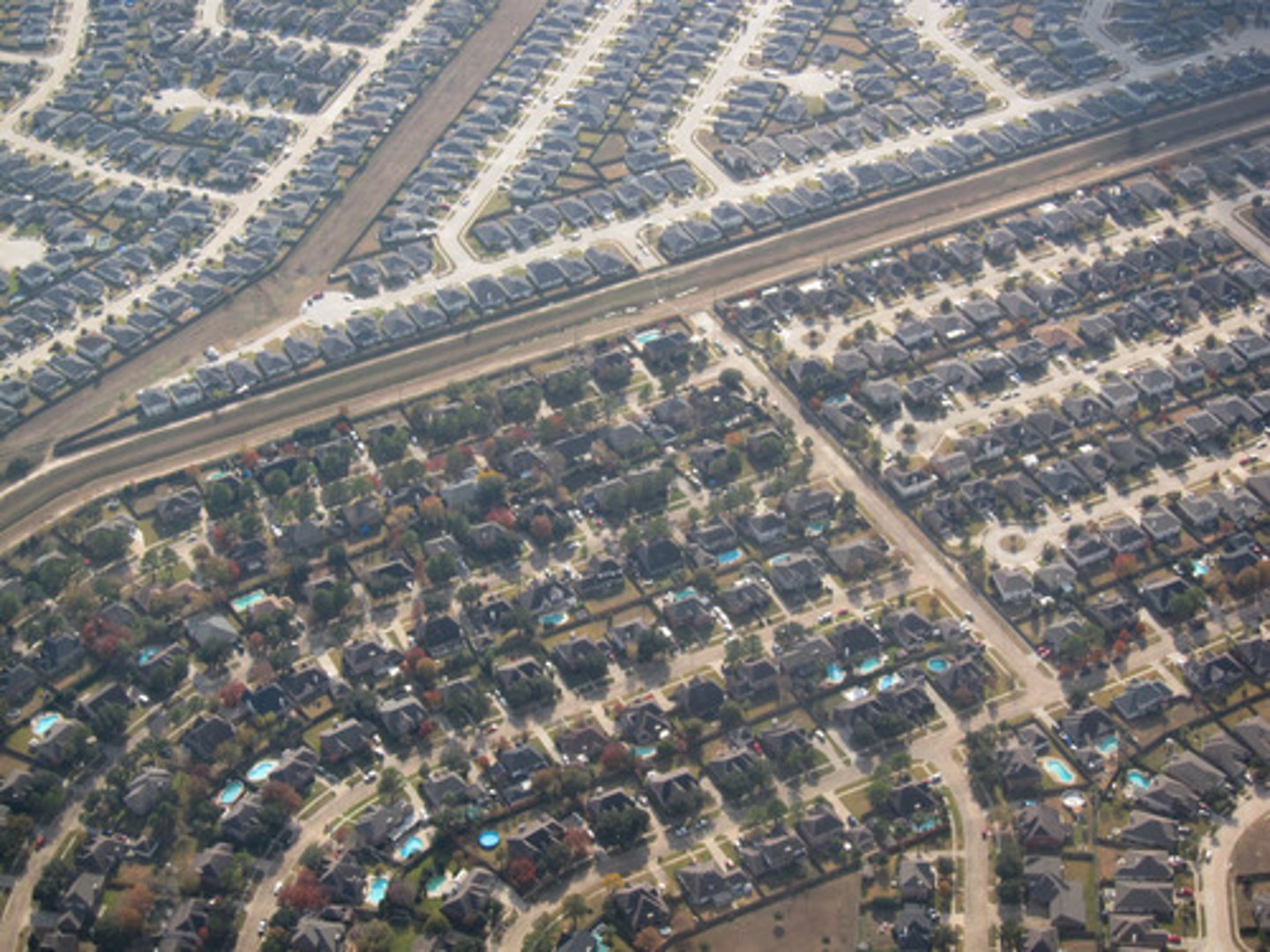
Sun Belt
U.S. region, mostly comprised of southeastern and southwestern states, which has grown most dramatically since World War II.

Suburbs
Areas of living outside the cities where middle-class families went to live to escape the city

Polio Vaccine
(1995) created by Dr. Jonas Salk. worked by introducing killed or weak pieces of the virus to allow body to develop antibodies thus preventing polio

Beat Generation
Group of writers of the 1950s, led by Kerouac, focusing on alienation, conformity, and materialism.
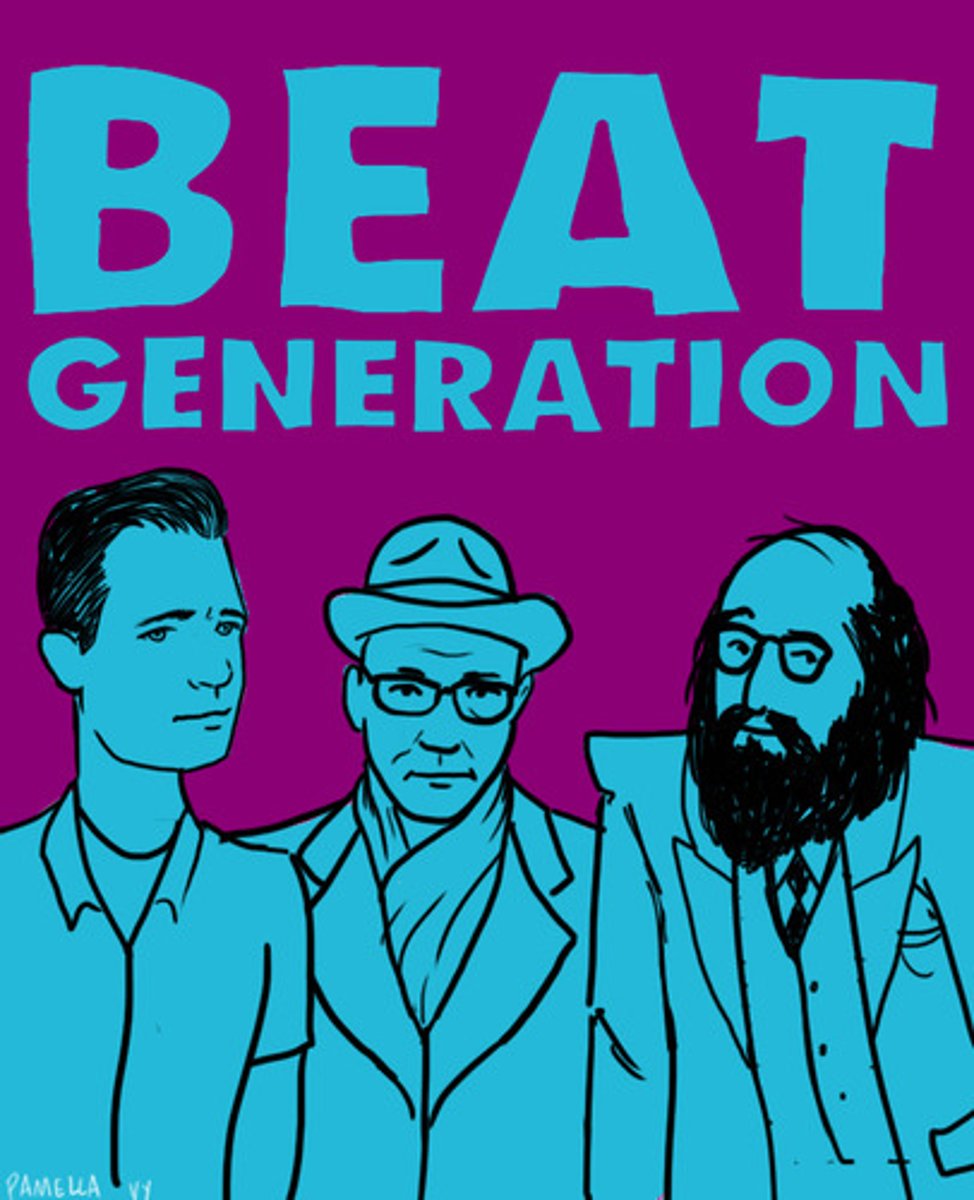
13th Amendment
Abolished Slavery
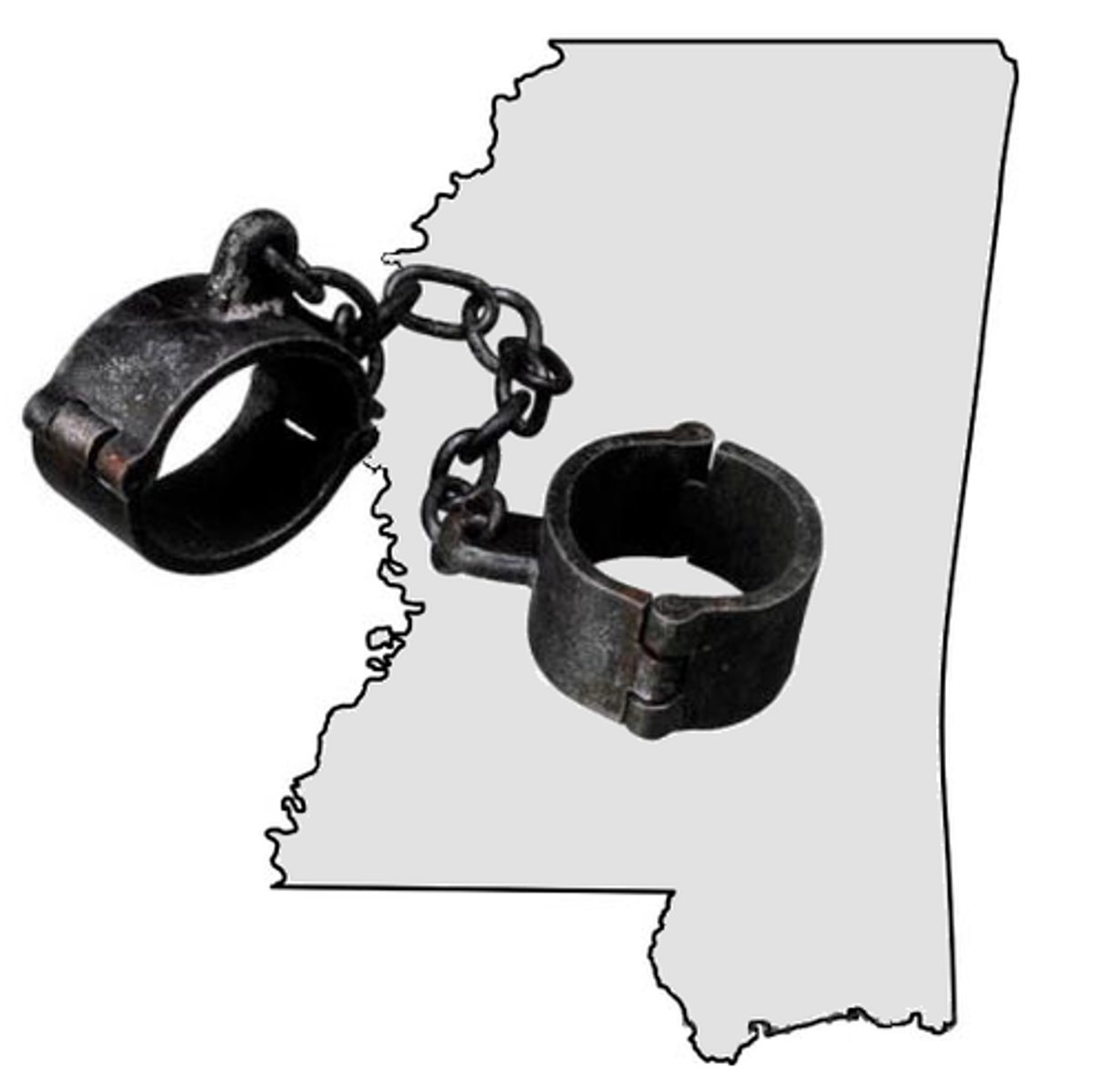
14th Amendment
Declares that all persons born in the U.S. are citizens and are guaranteed equal protection of the laws
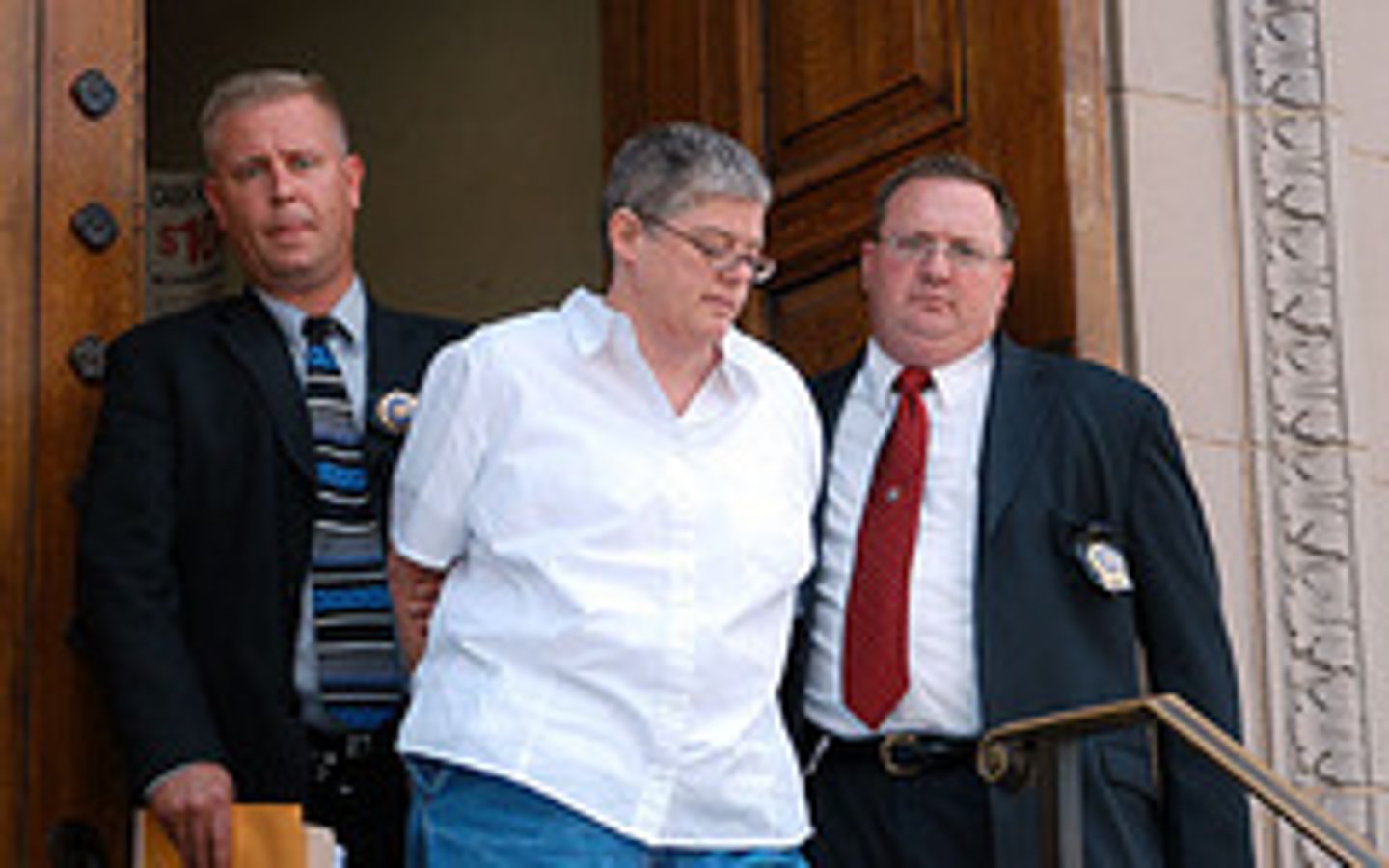
15th Amendment
Citizens cannot be denied the right to vote because of race, color , or precious condition of servitude

Mendez vs. Westminster
federal court case that challenged racial segregation in California schools. In its ruling, the U.S. Court of Appeals held that the segregation of Mexican and Mexican American students into separate "Mexican schools" was unconstitutional
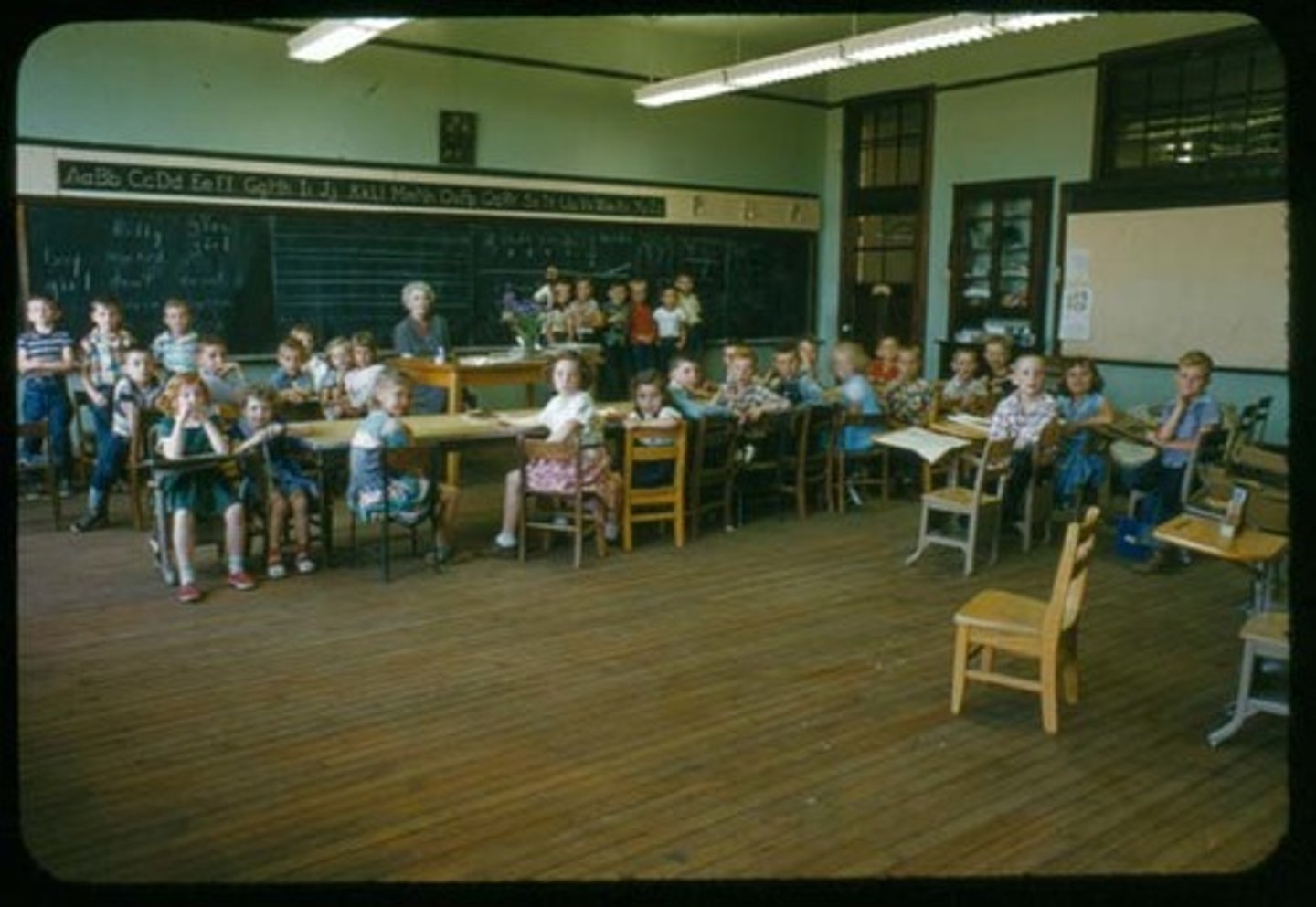
Delgado vs. Bastrop
1948-Parents of Mexican American students in Texas sued on the premise that "Separate but Equal" was created to segregate White and Black student, not Mexican American. The decision stated that segregation was illegal for Mexican American.
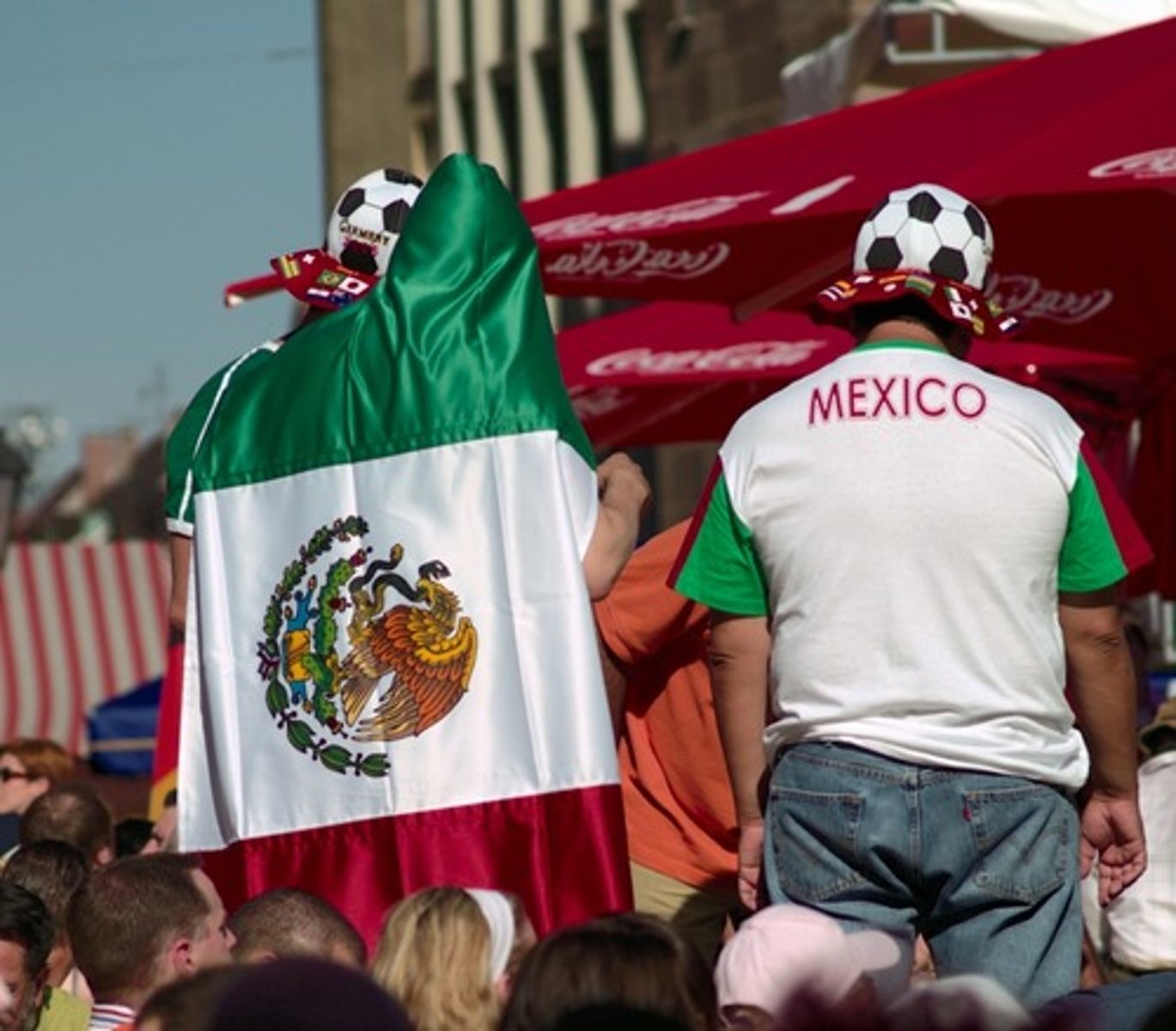
Executive Order 9981
President Truman desegregated US military
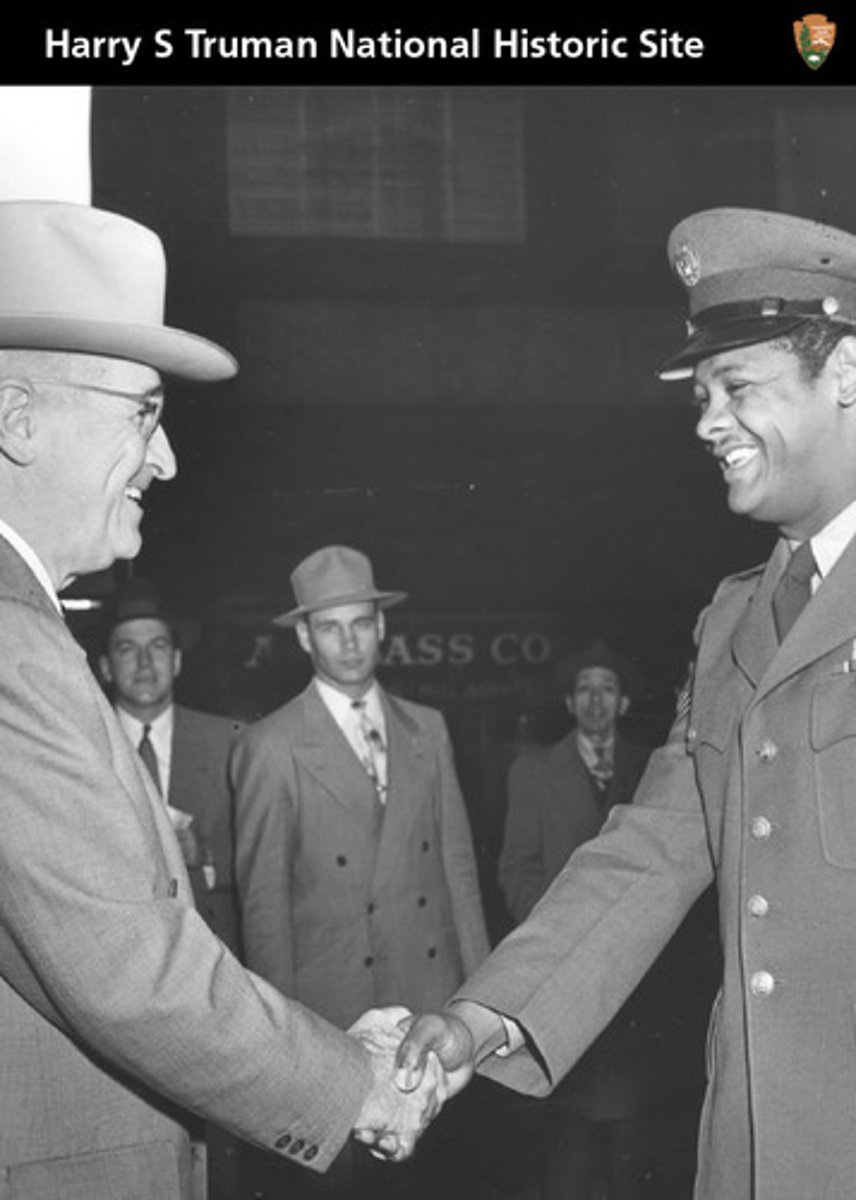
Sweatt vs. Painter
Segregated law school in Texas was held to be an illegal violation of civil rights, leading to open enrollment.
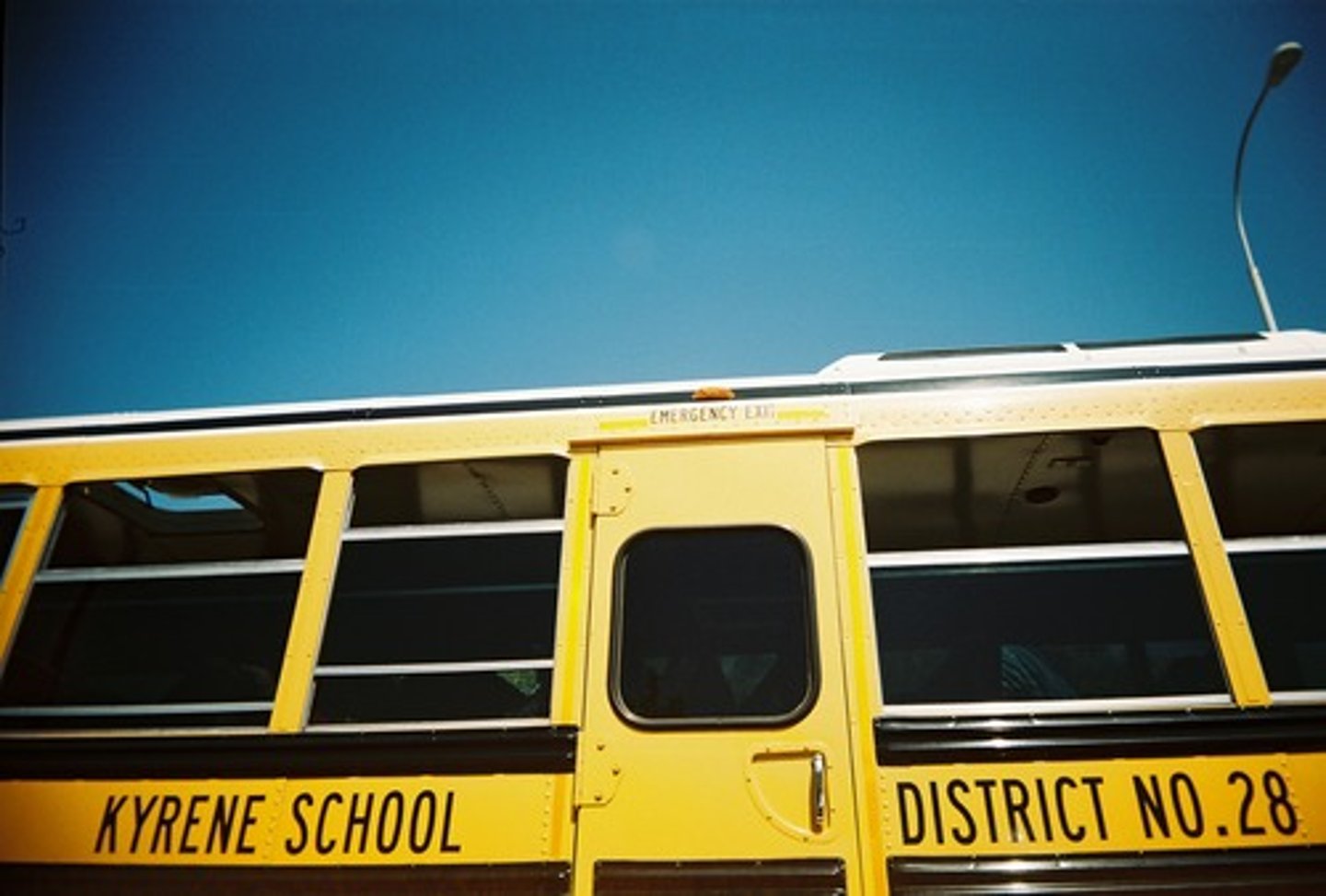
Hernandez vs. Texas
argued that Pete Hernandez could not get a fair trial because no Mexican Americans were allowed on the jury; supreme court agreed
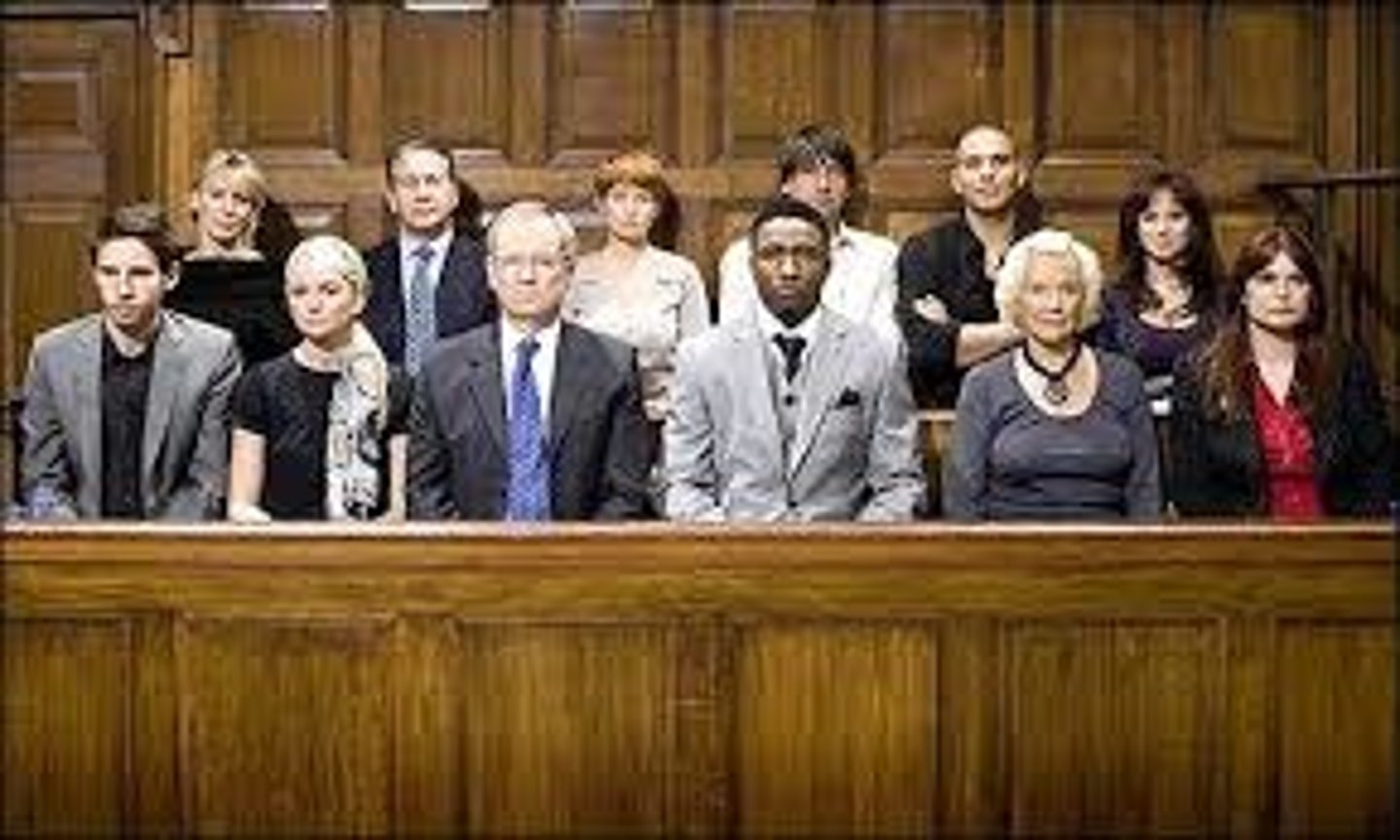
Brown vs. Board of Education
1954- court decision that declared state laws segregating schools to be unconstitutional. Overturned Plessy v. Ferguson (1896)
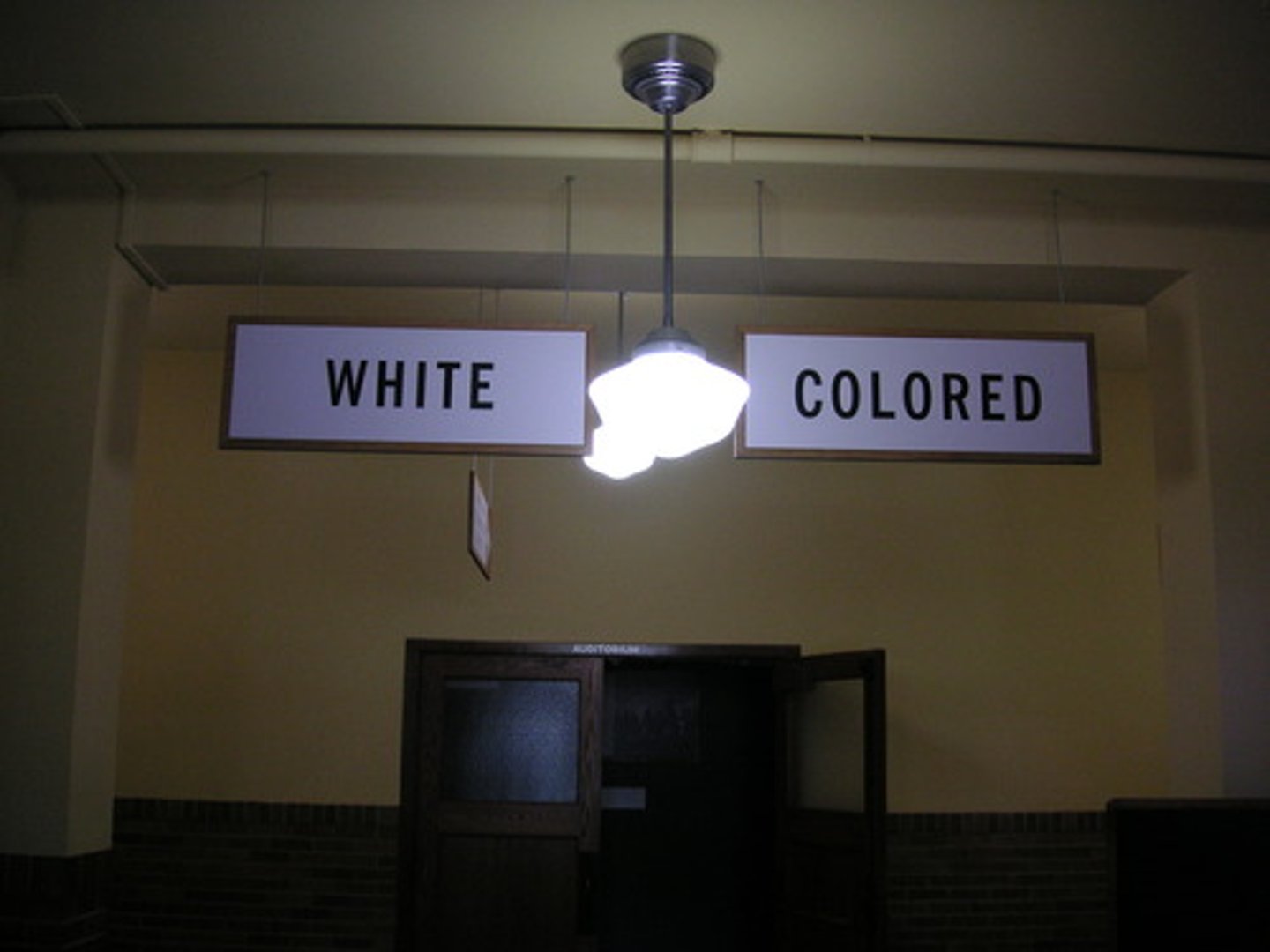
1957 Civil Rights Act
A bipartisan commission established by IKE to investigate if certain citizens were being deprived the right to vote
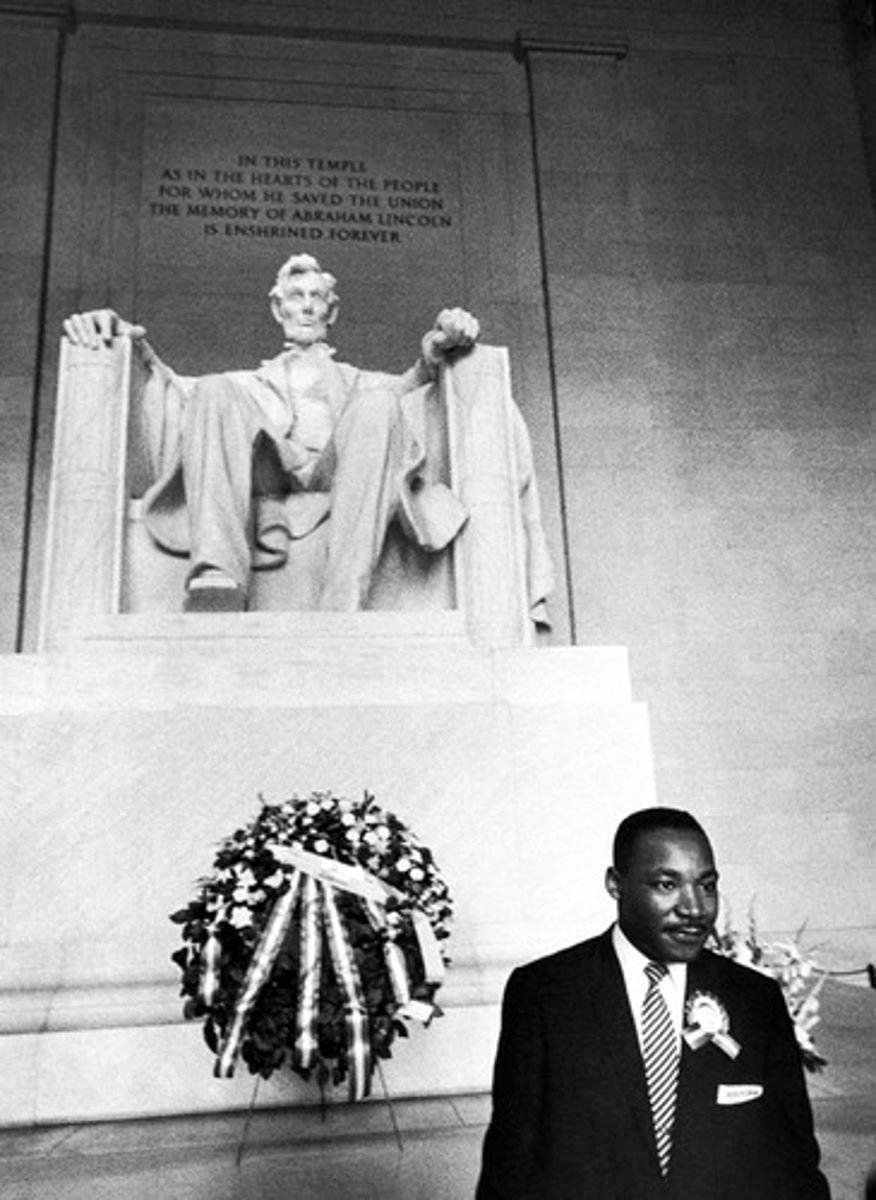
1964 Civil Rights Act
This act prohibited Discrimination because of race, color, sex, religion, or national origin by employers or labor unions
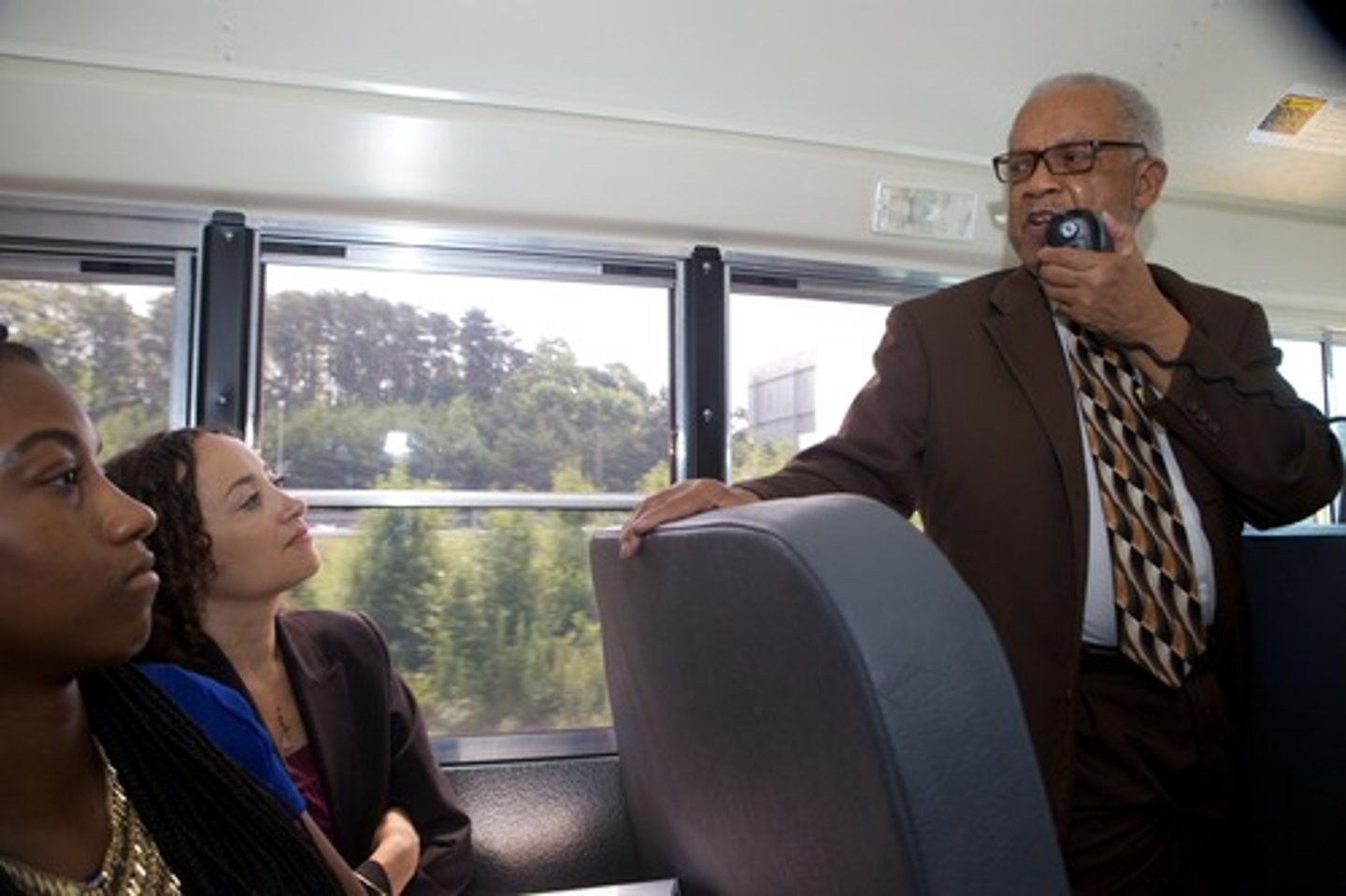
24th Amendment
Abolishes poll taxes
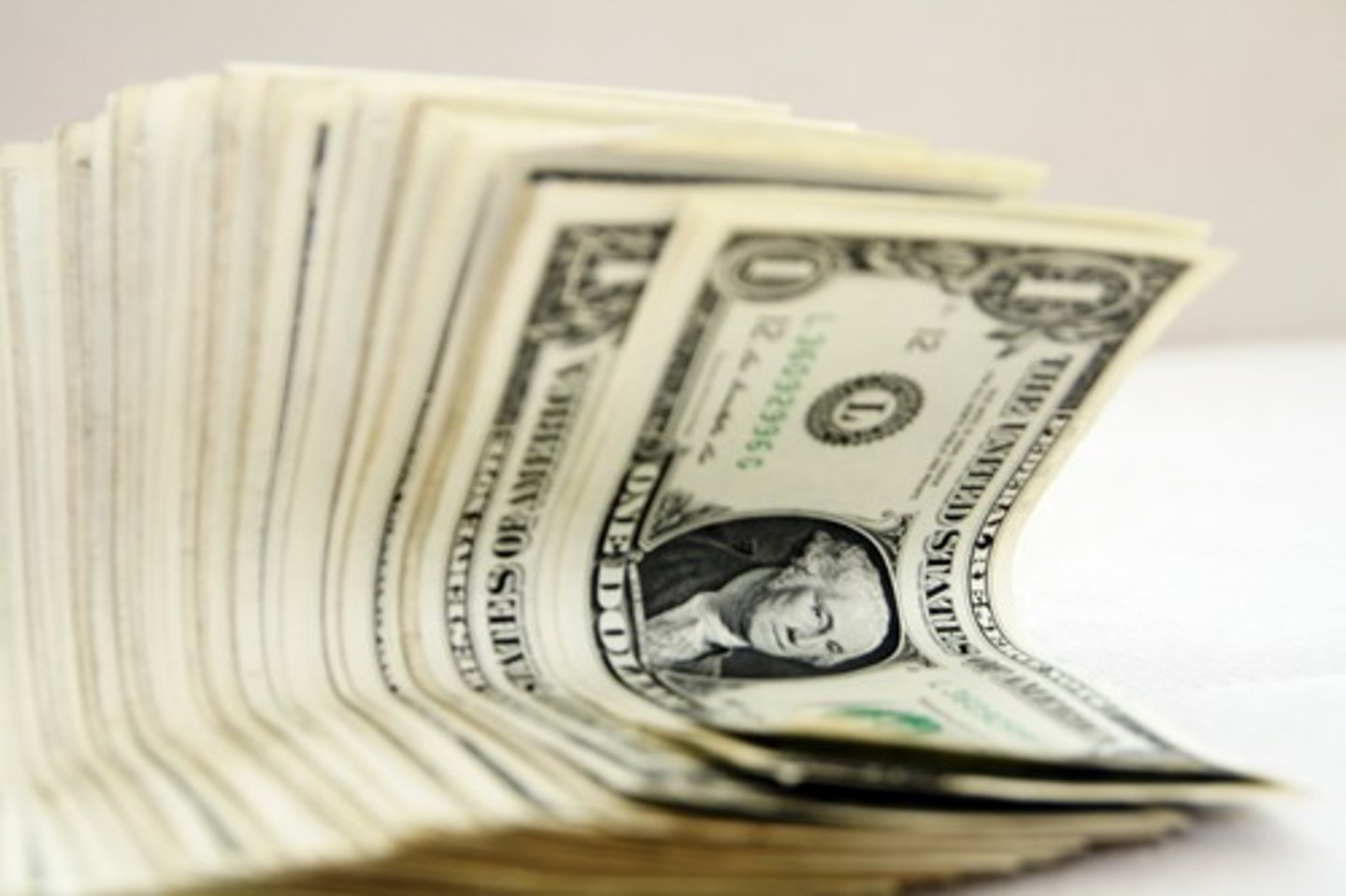
1965 Voting Rights Act
ended literacy tests and poll taxes; allowed officers to register voters
